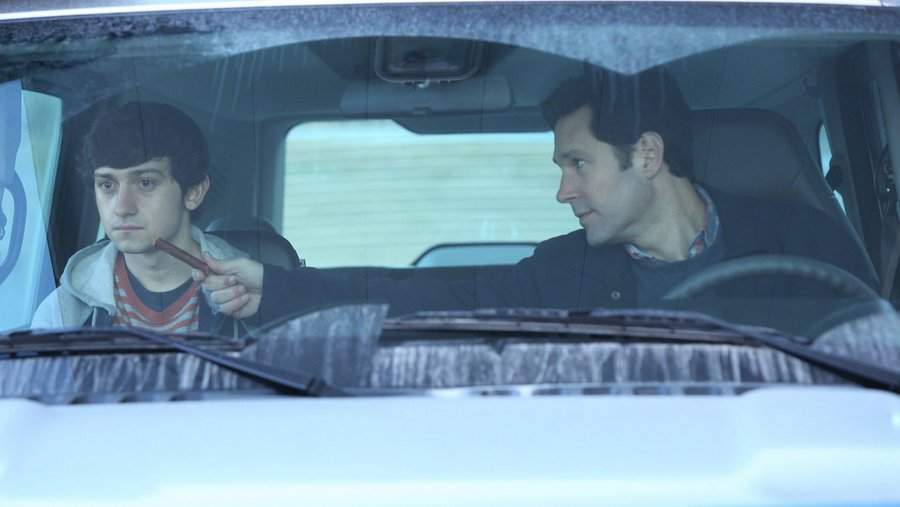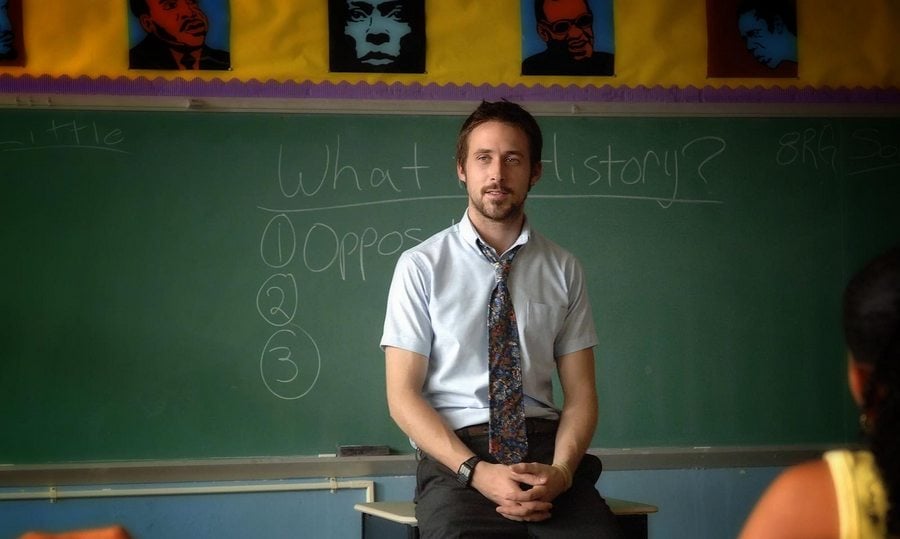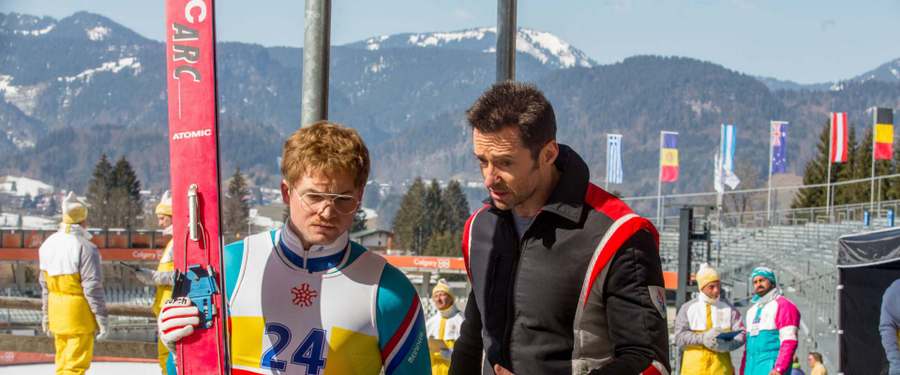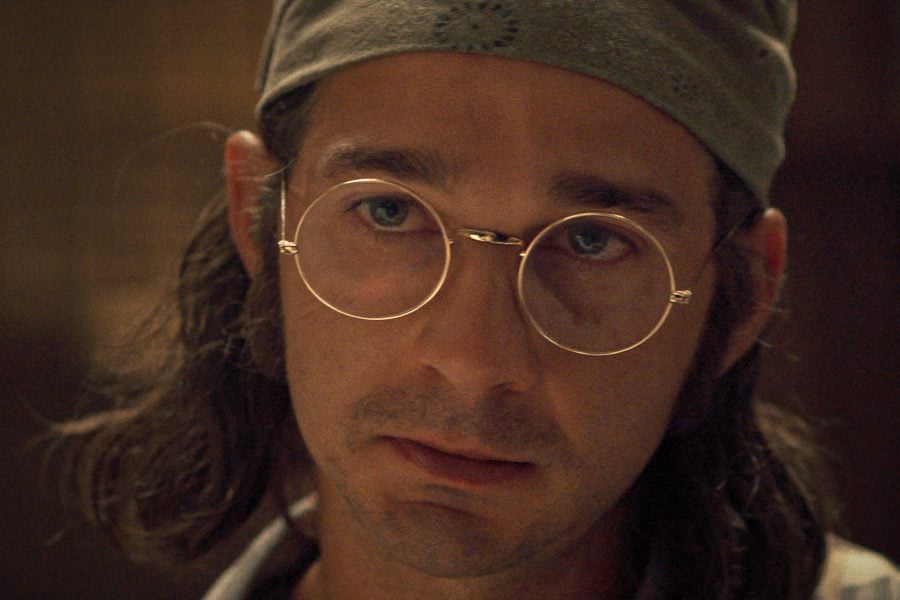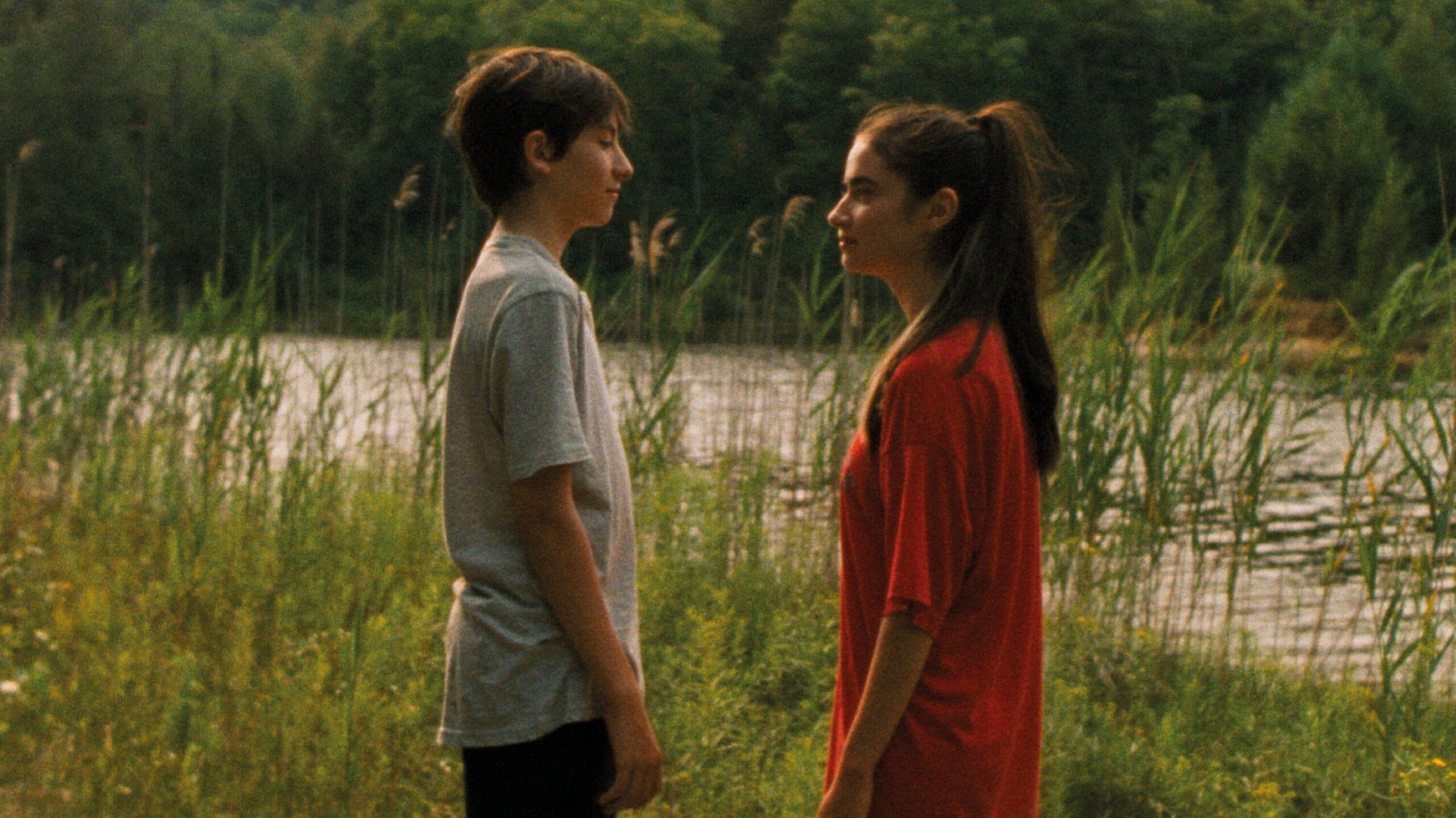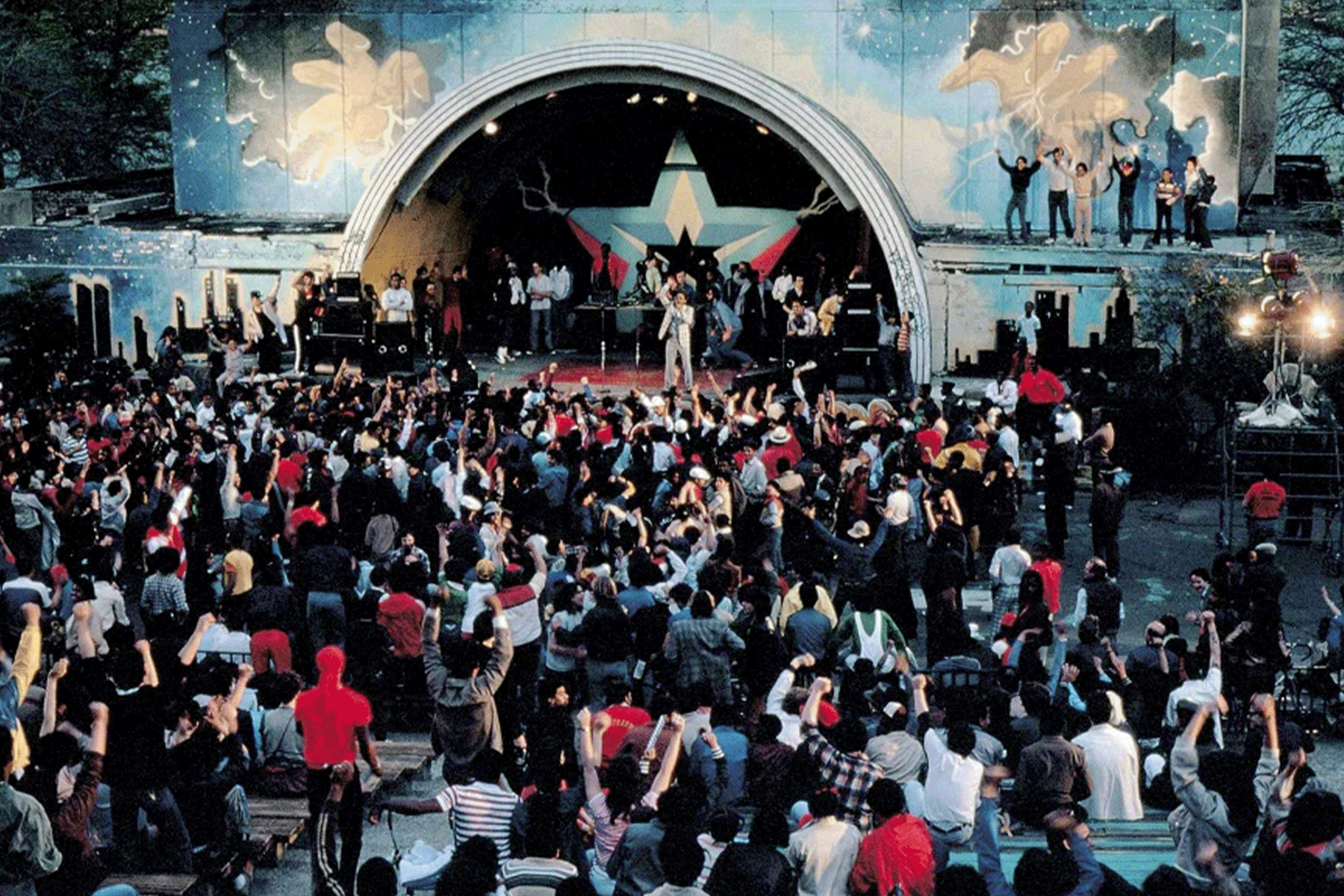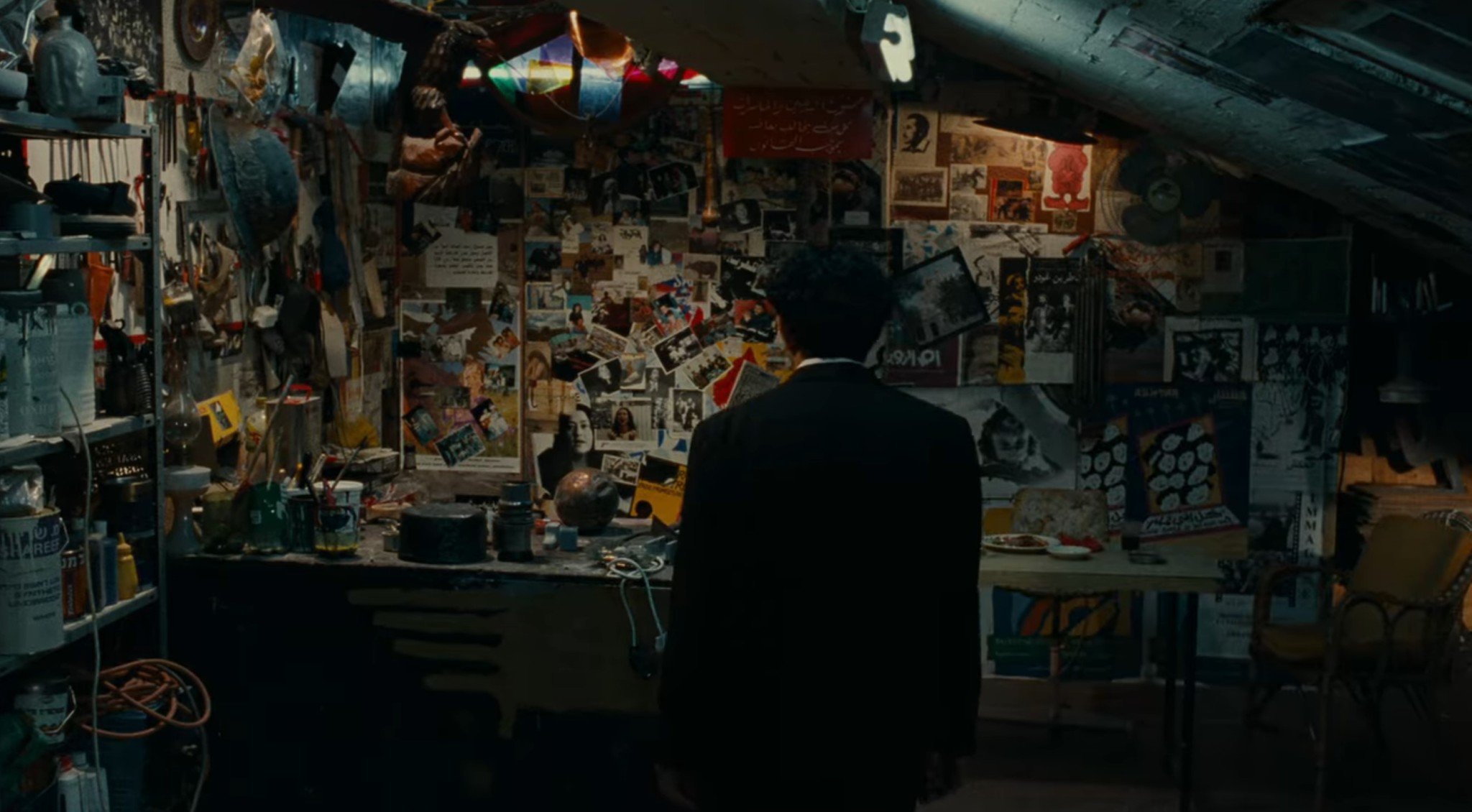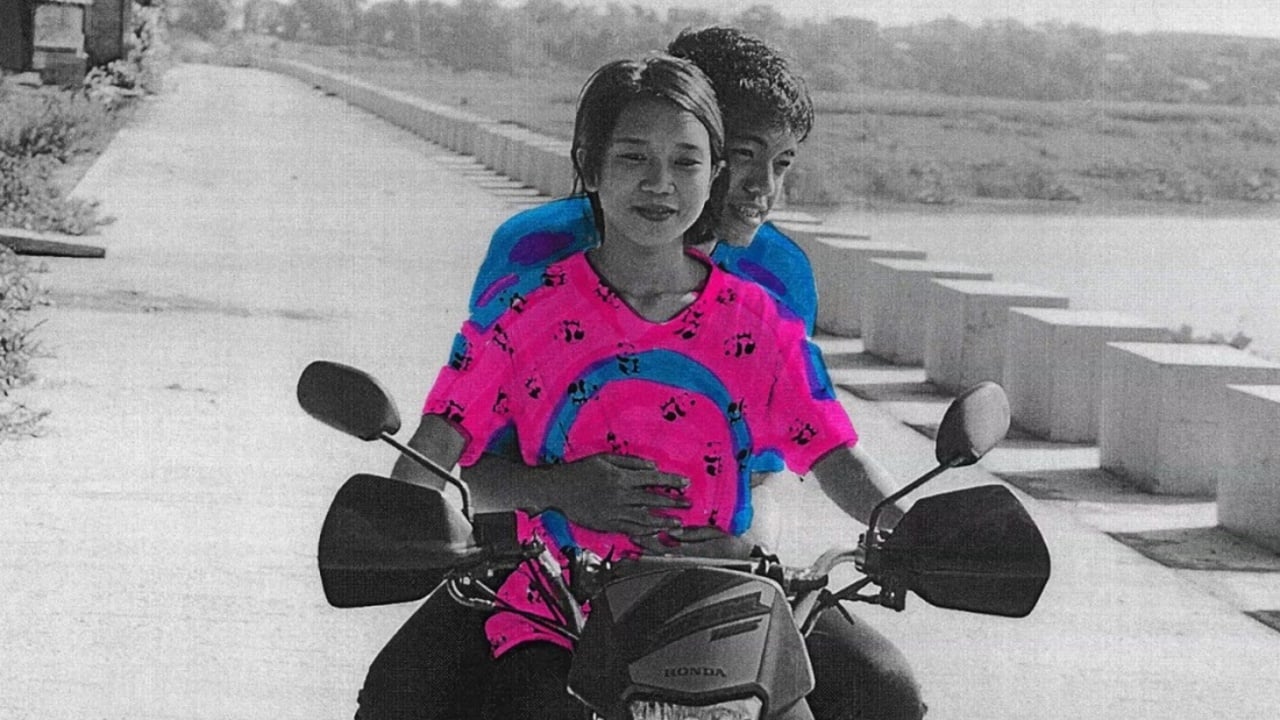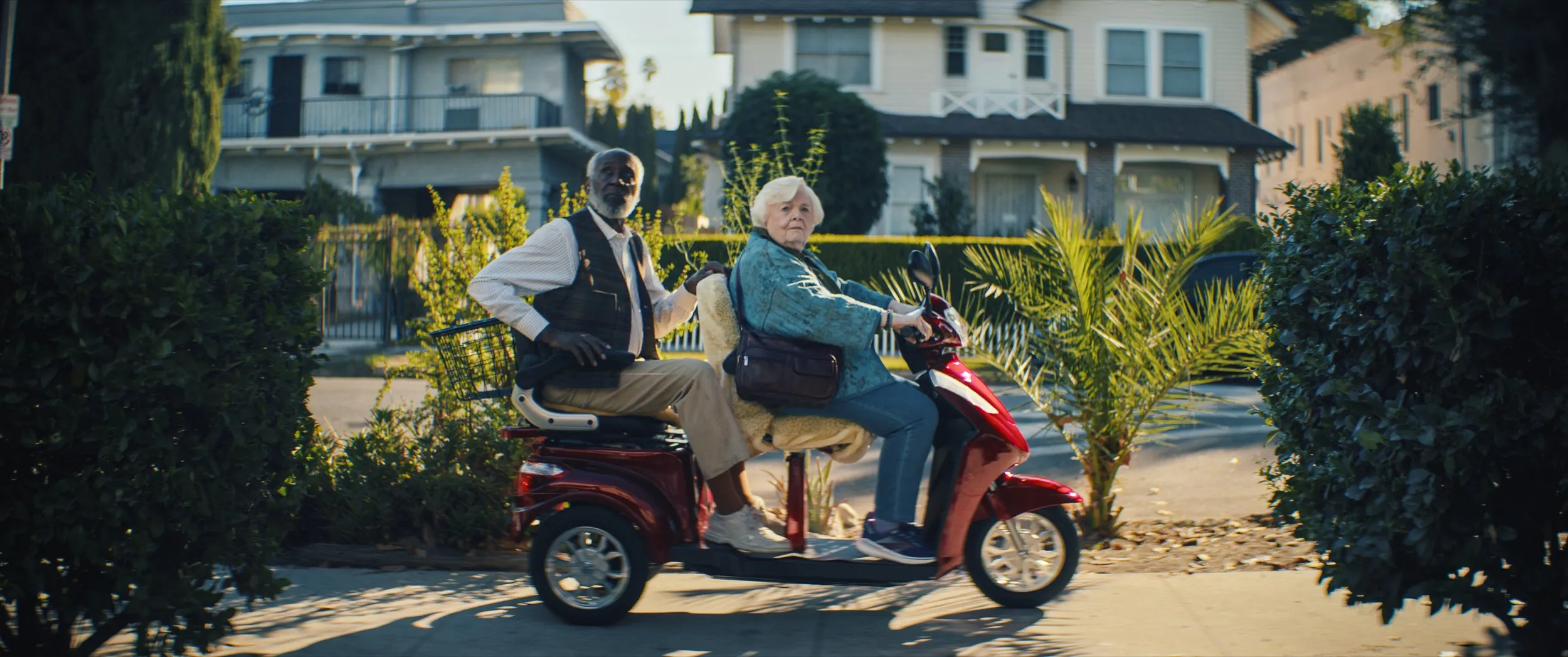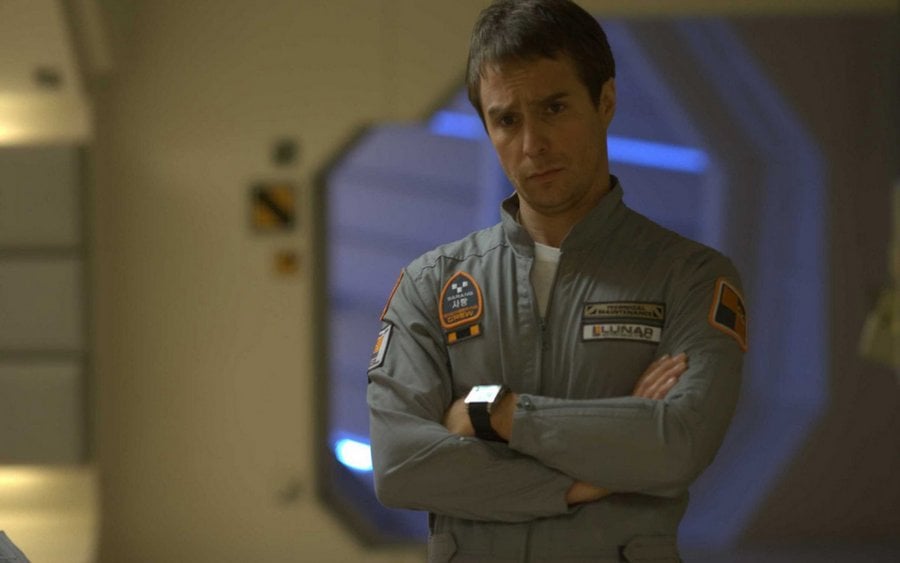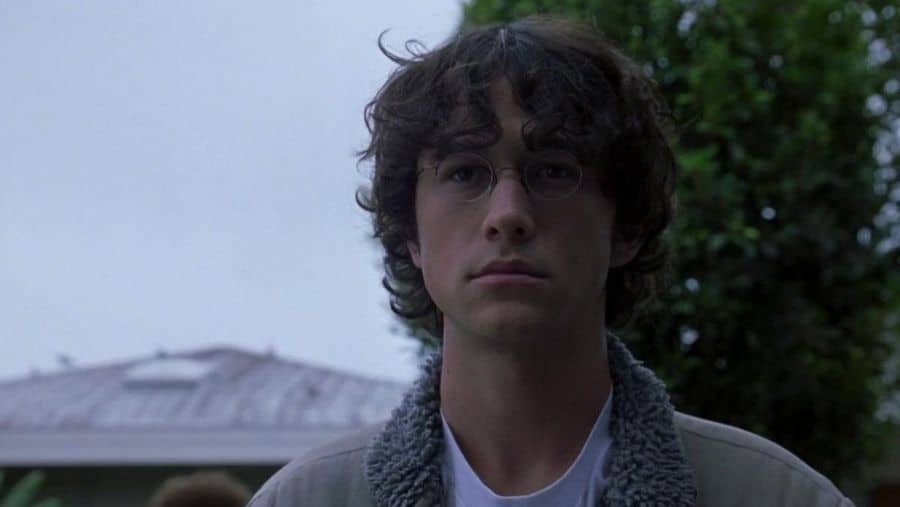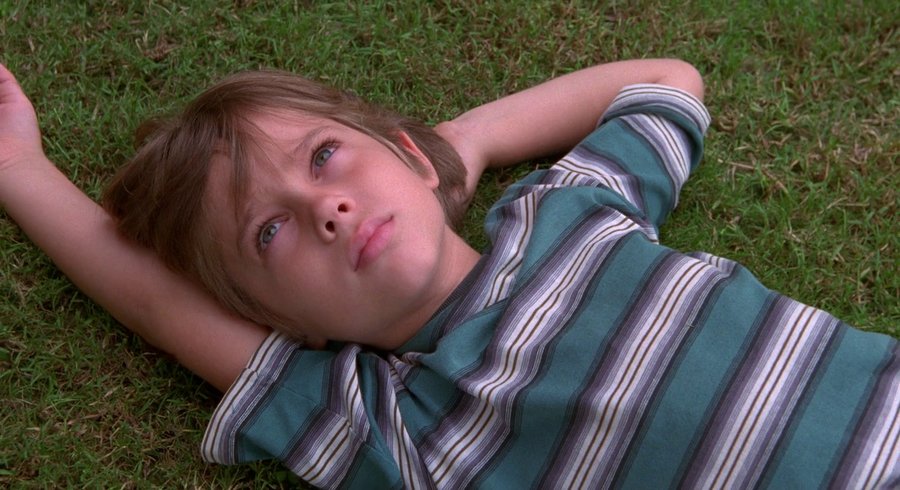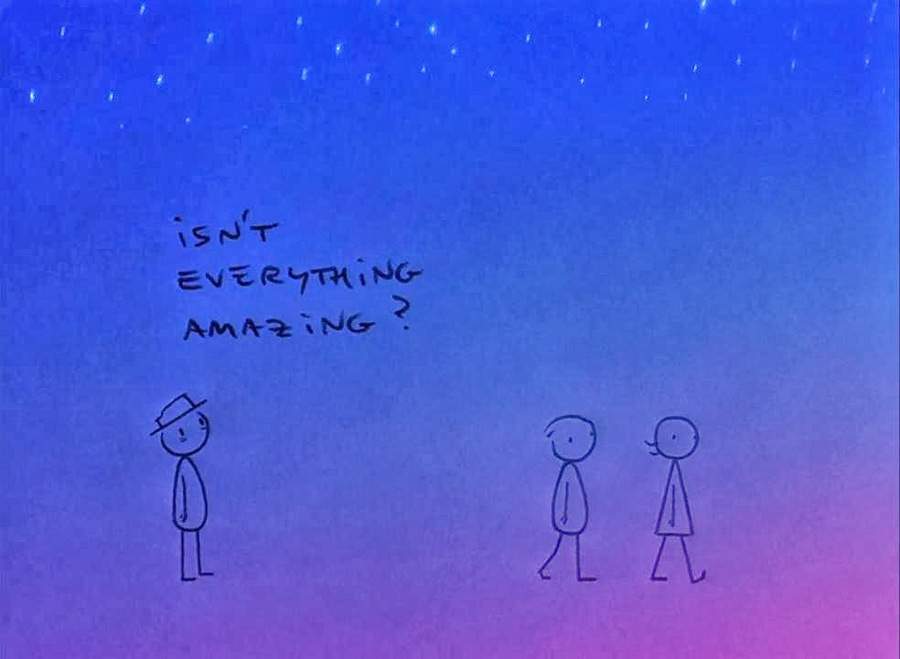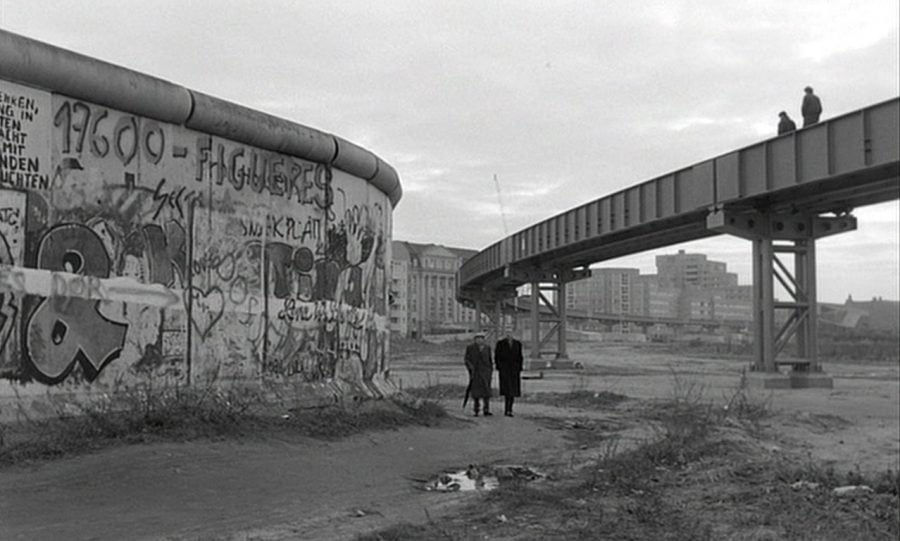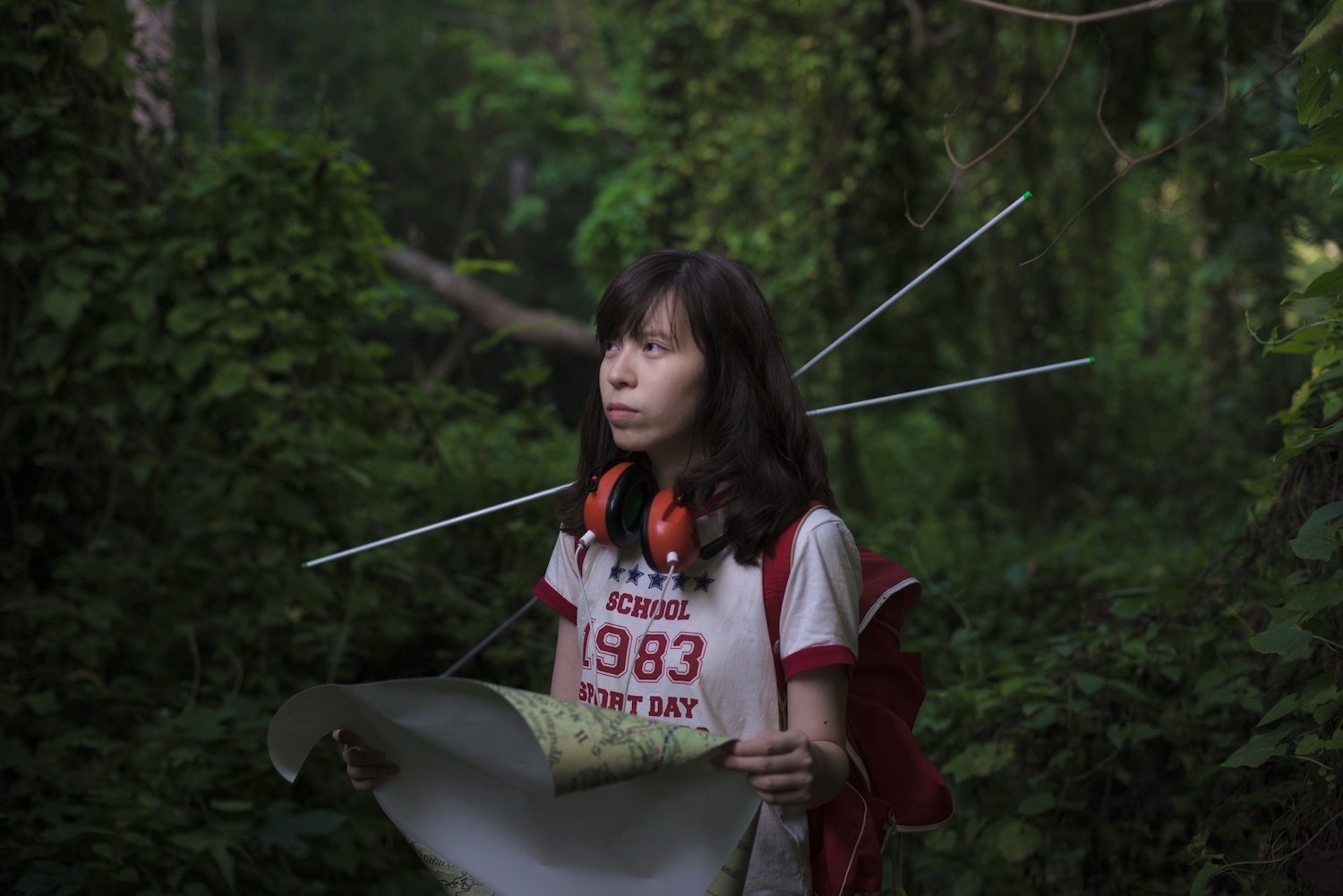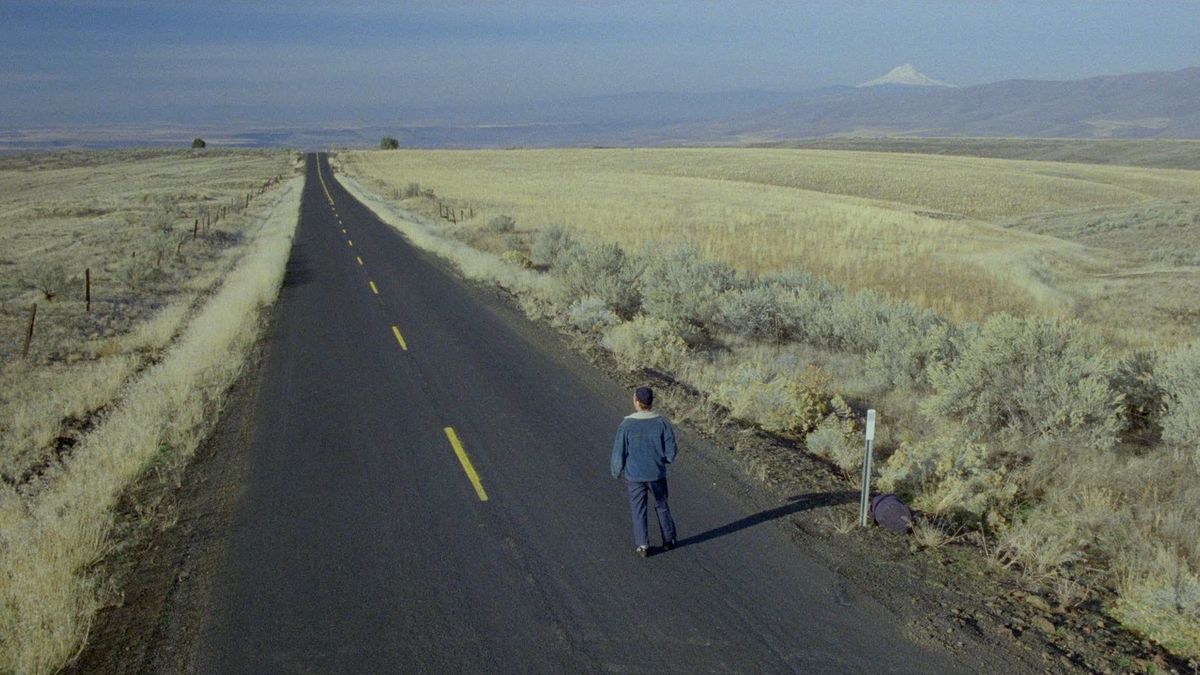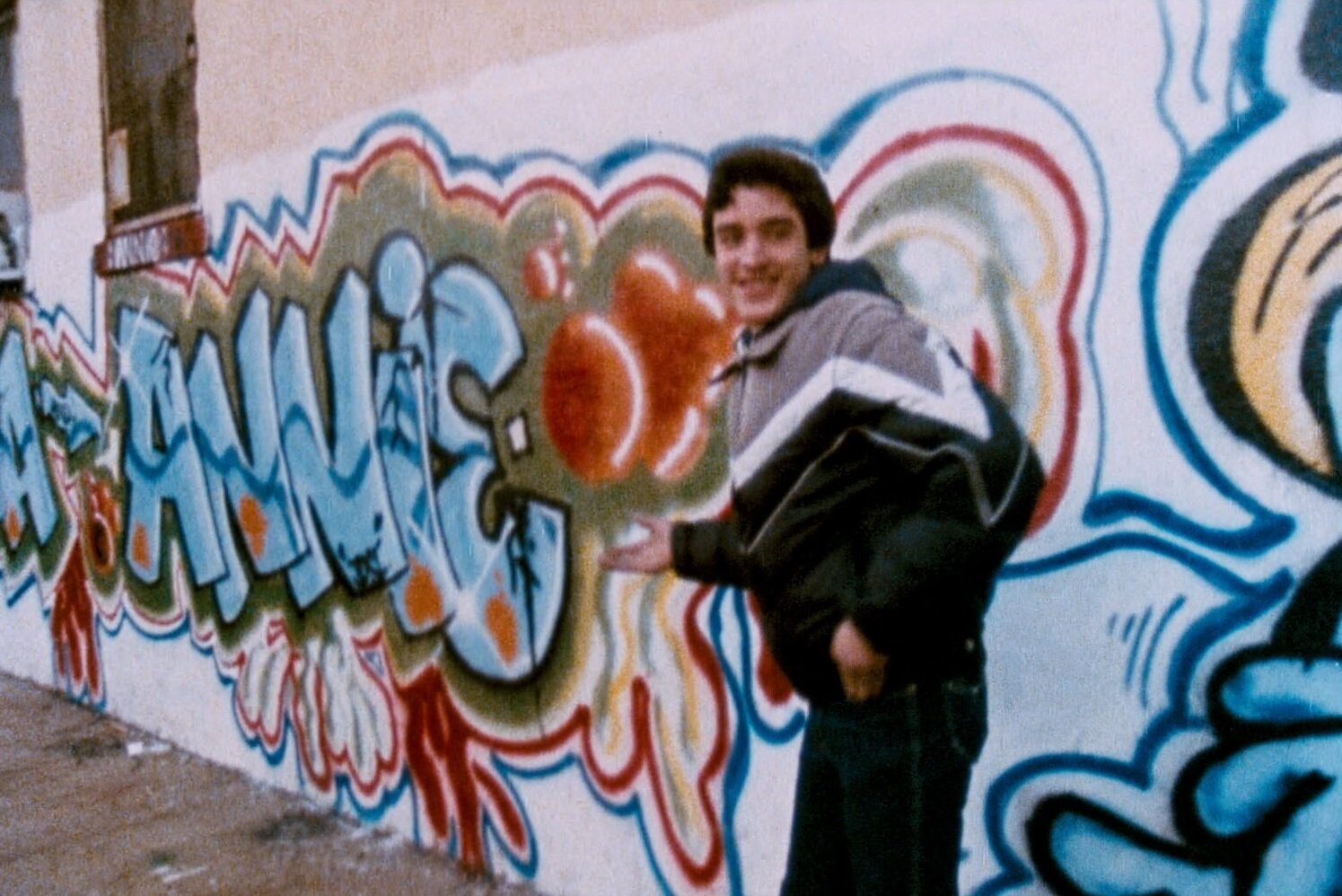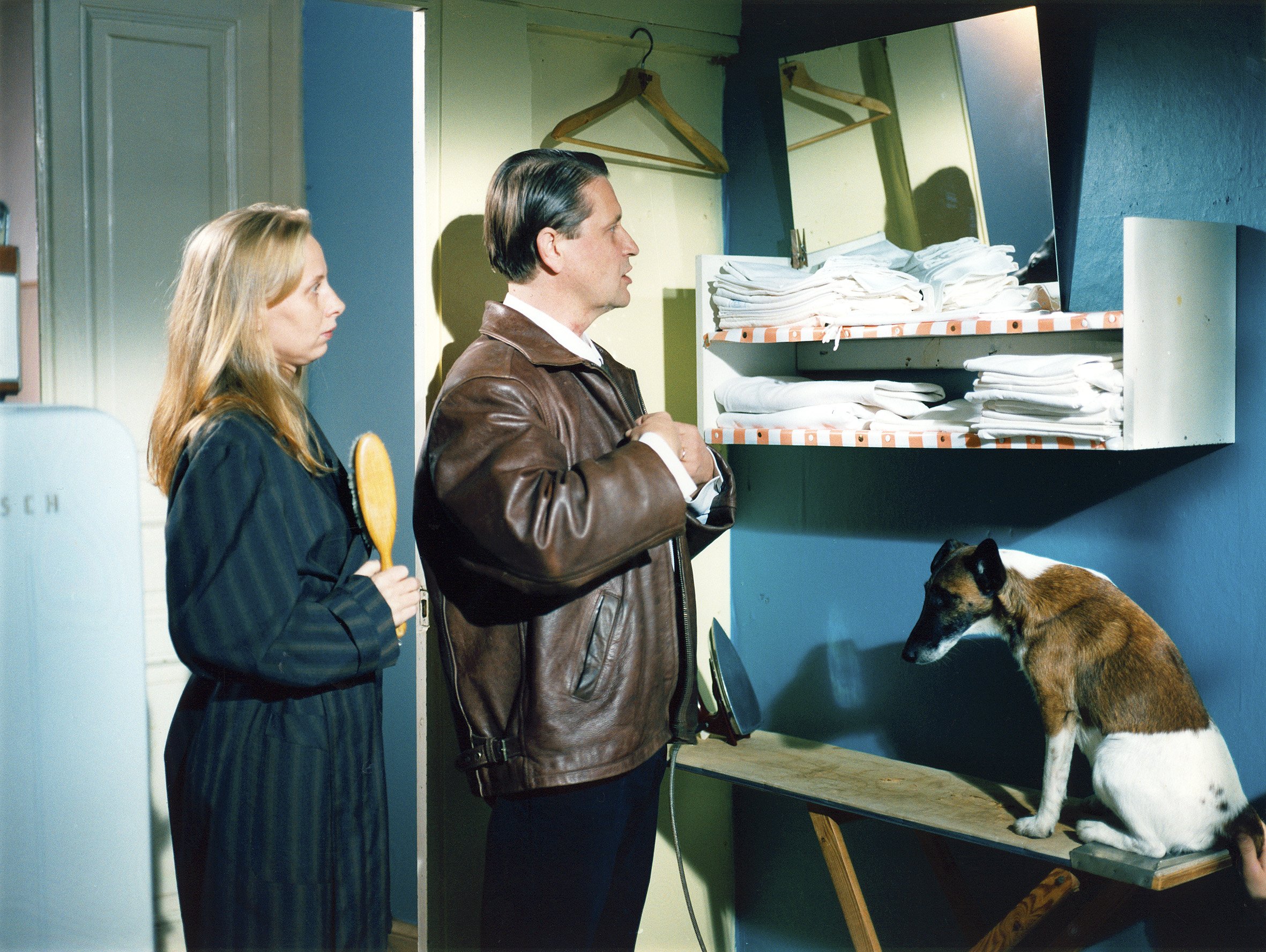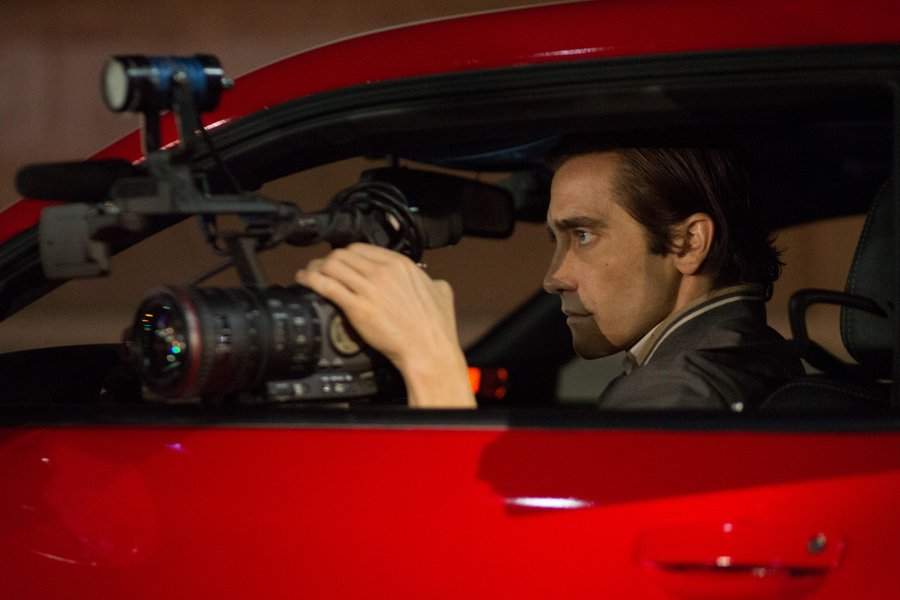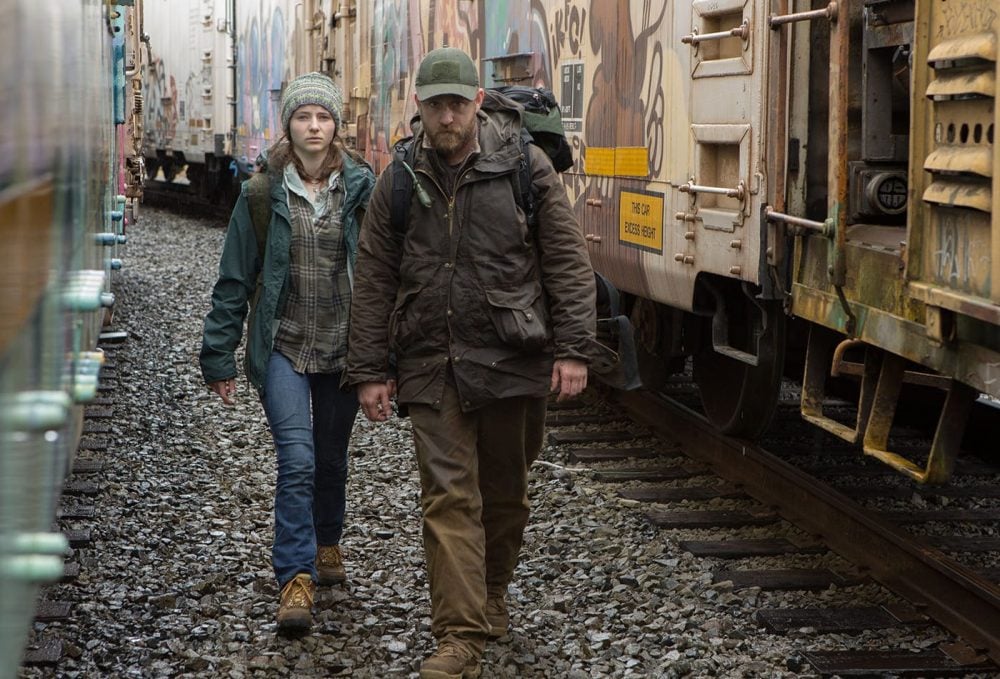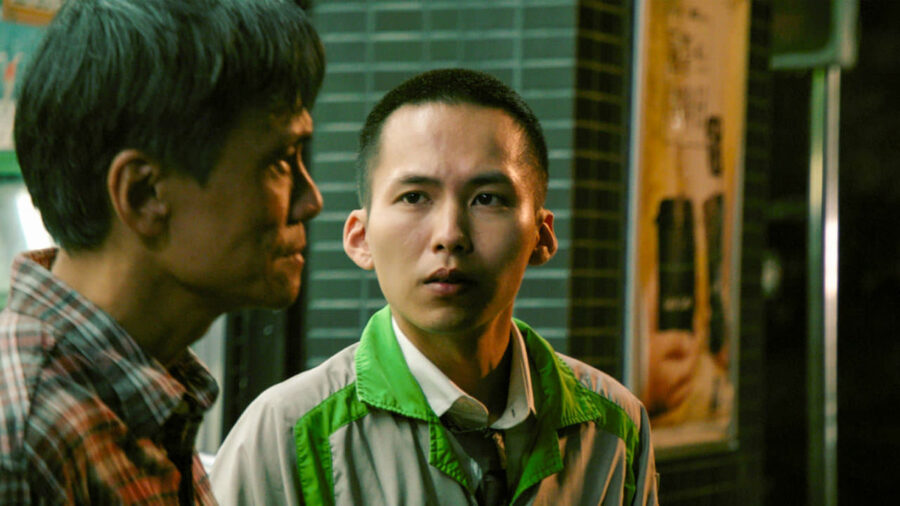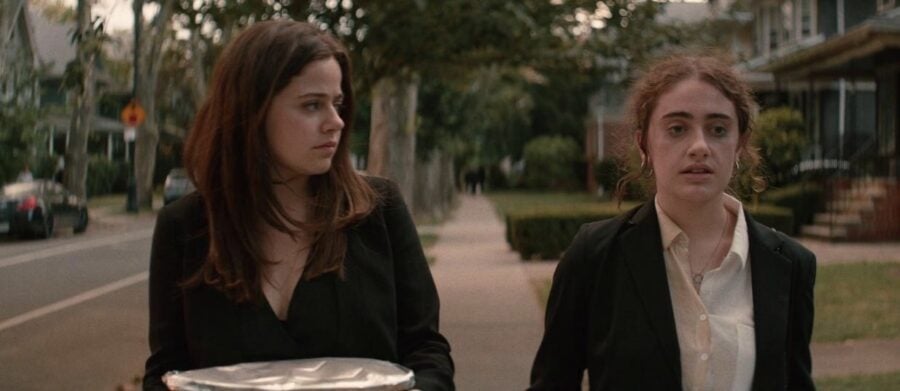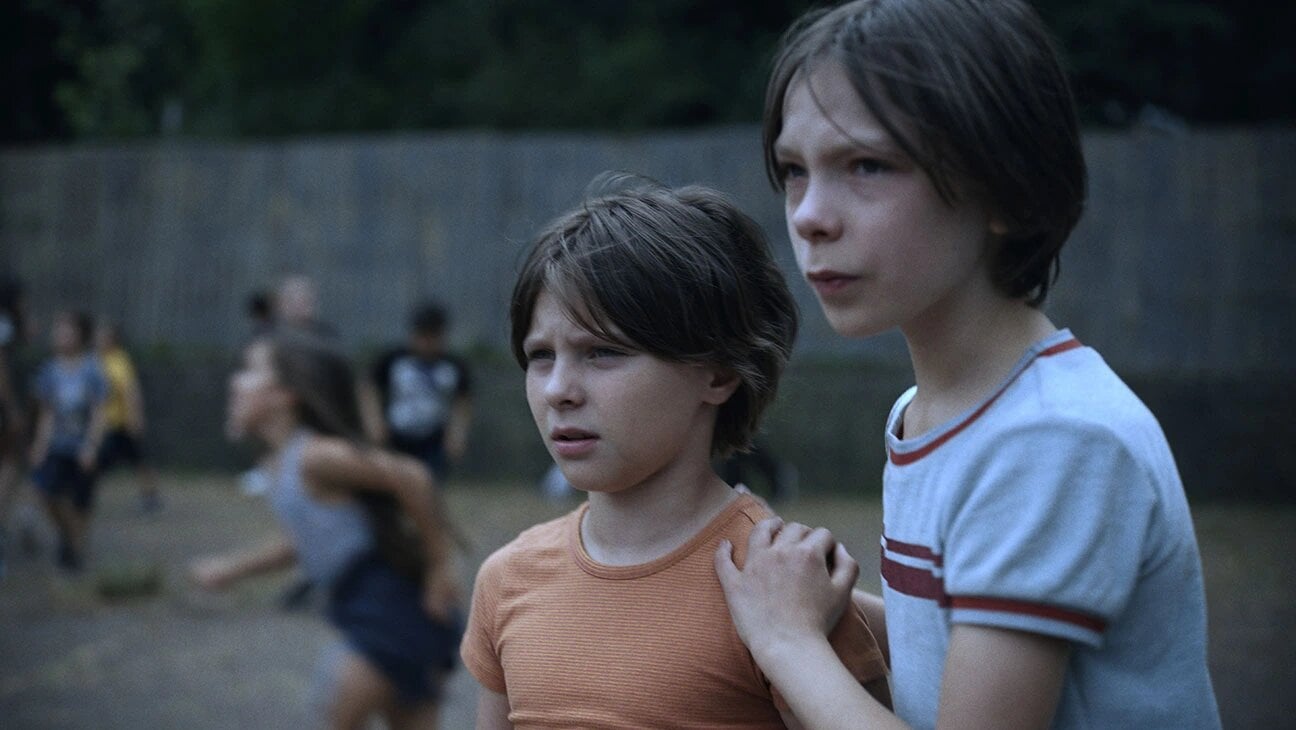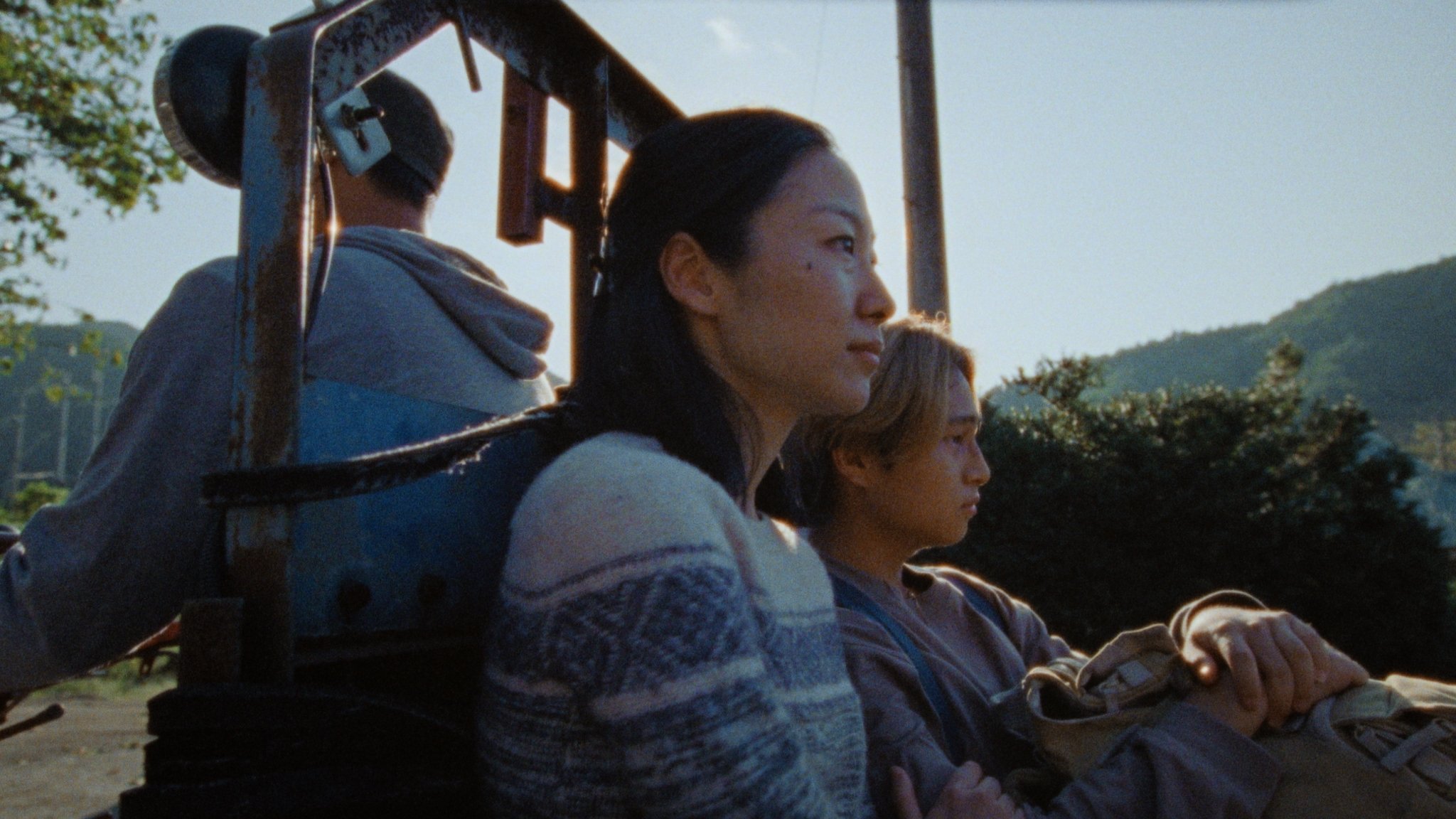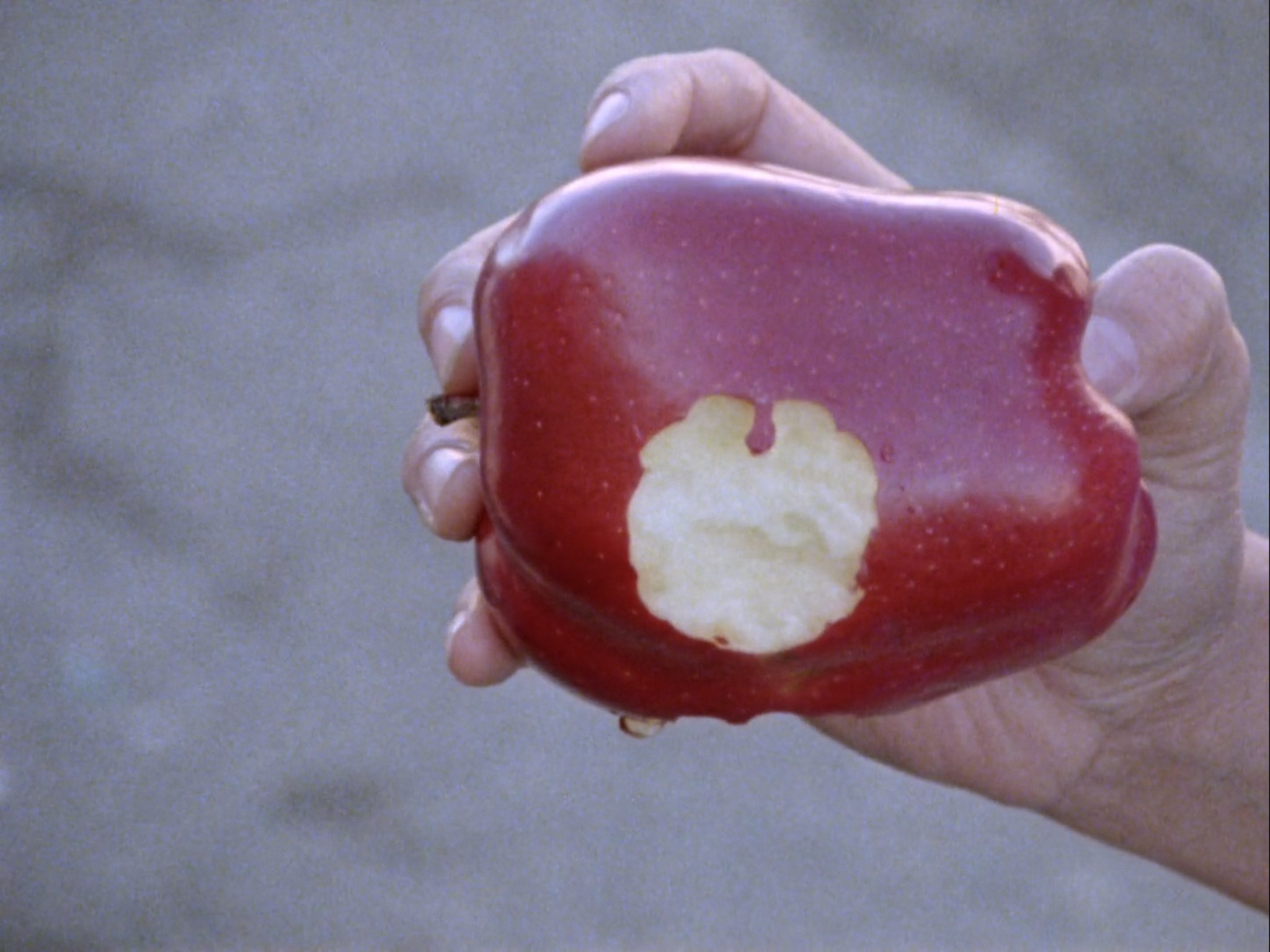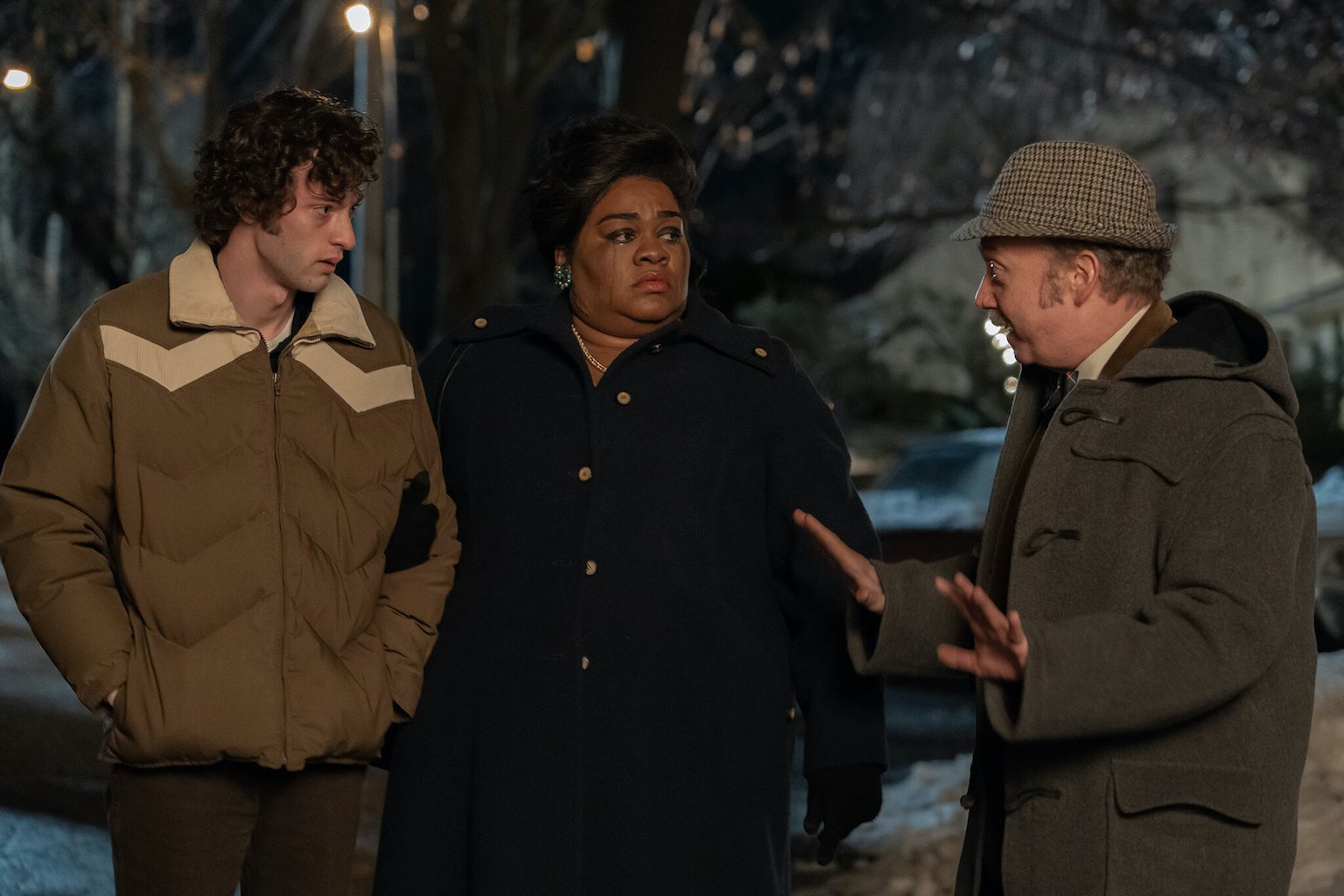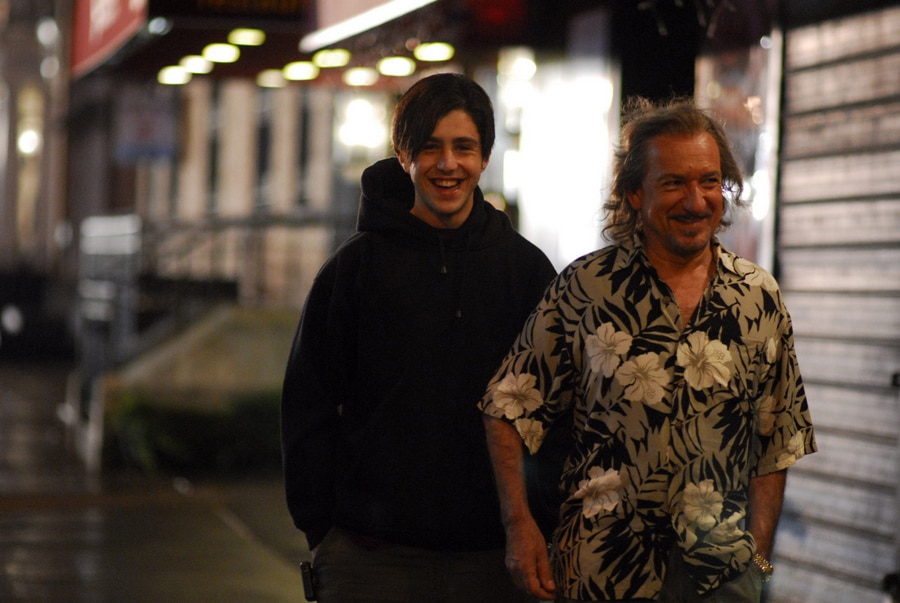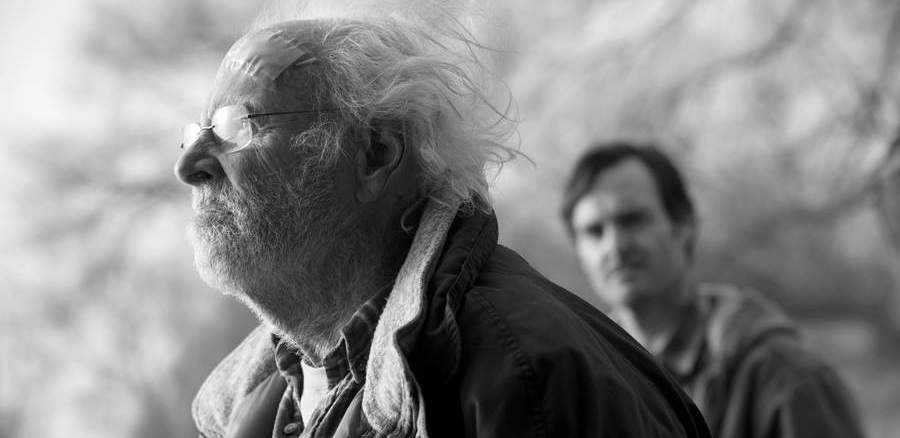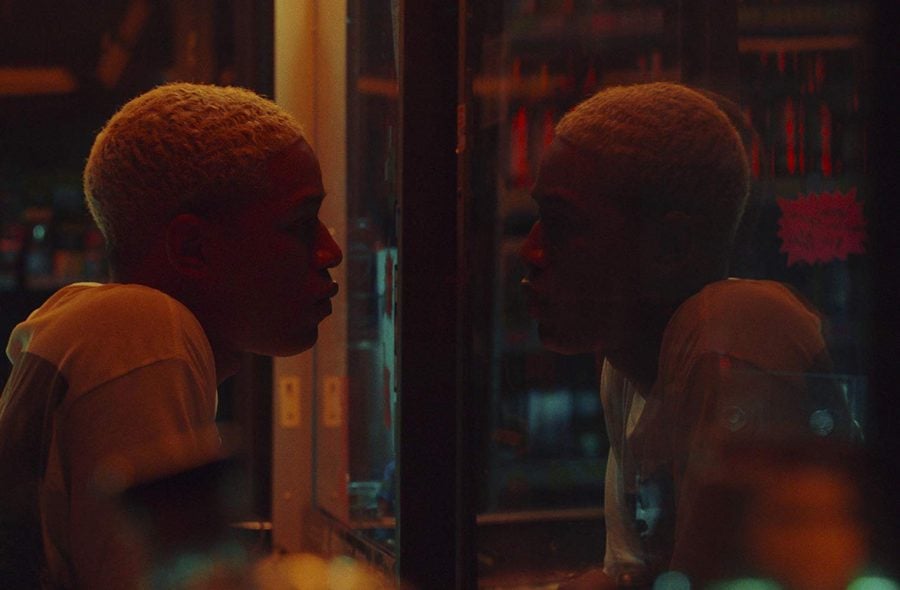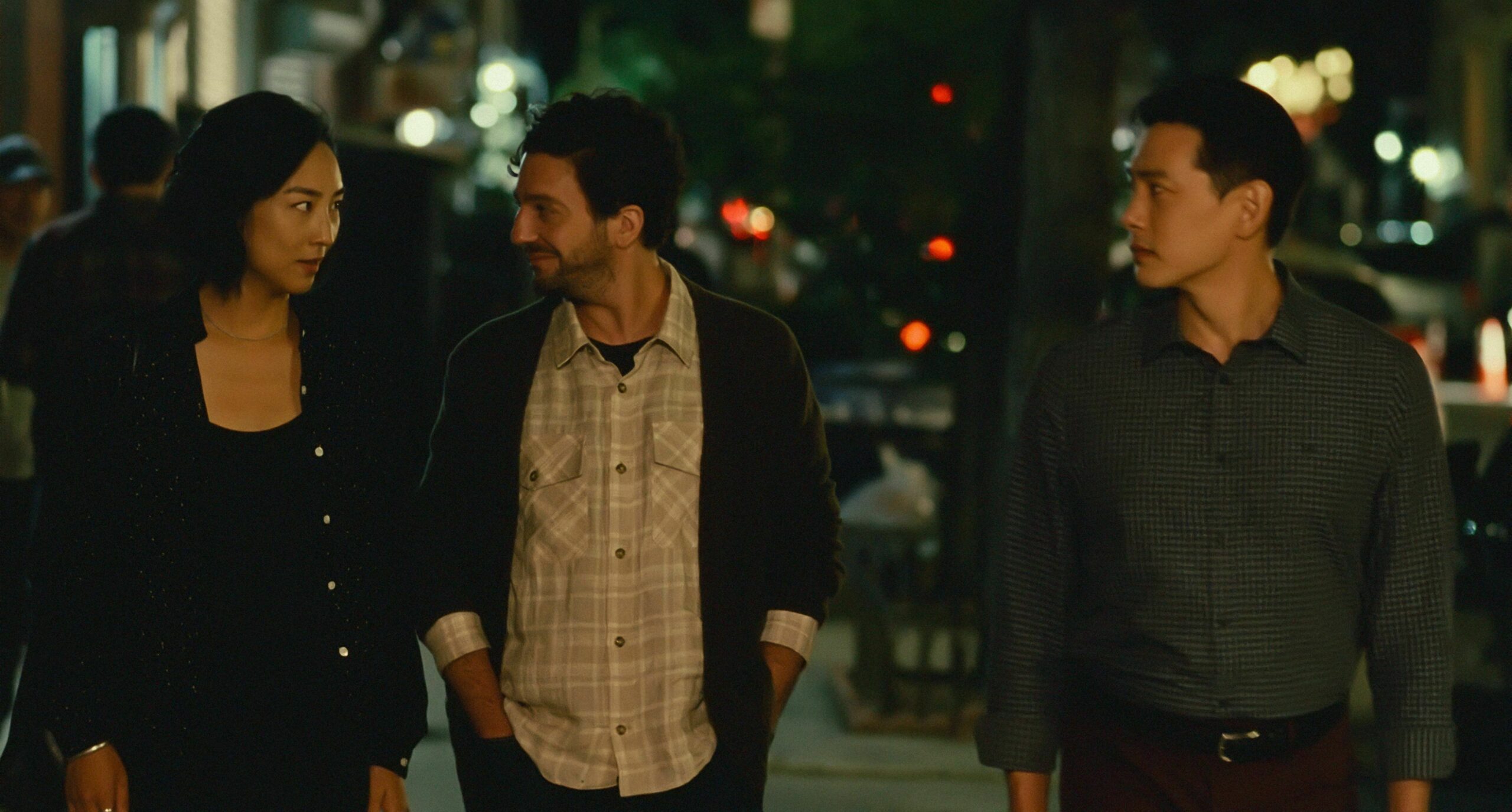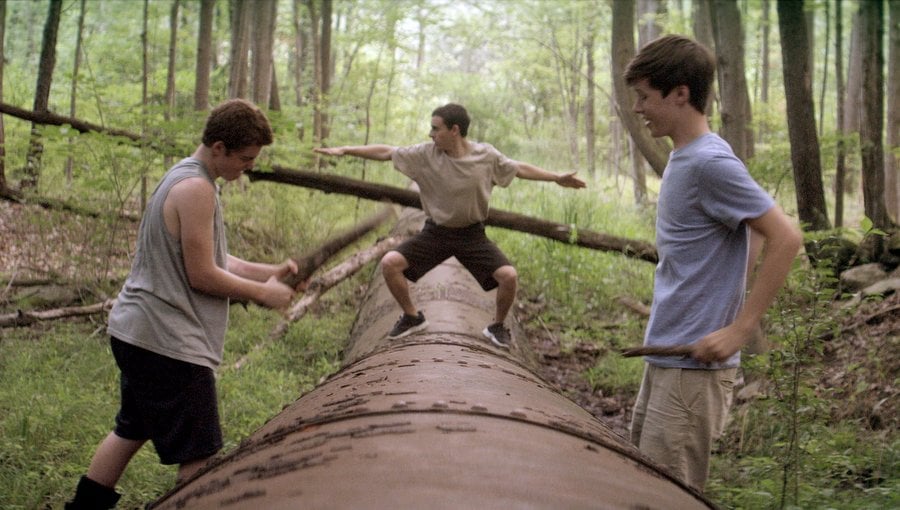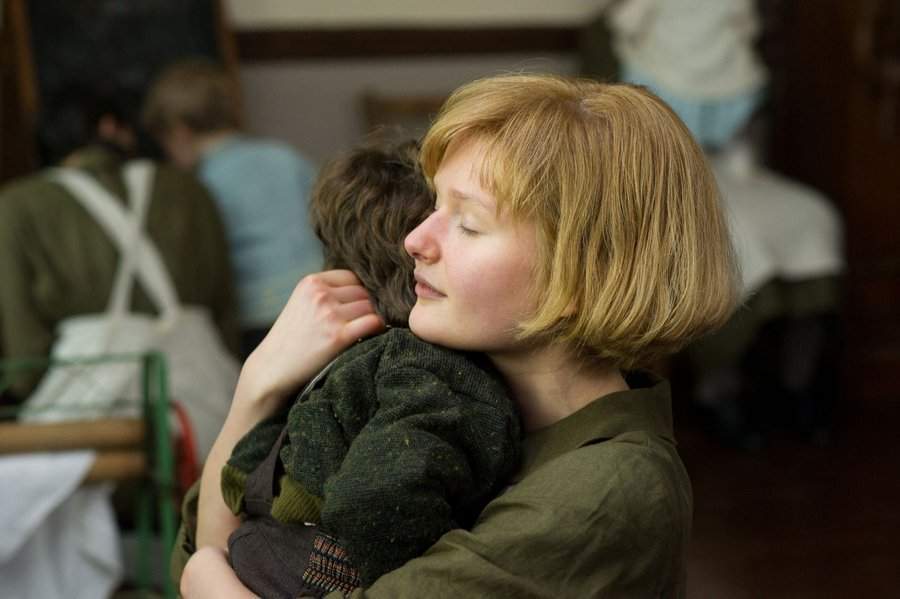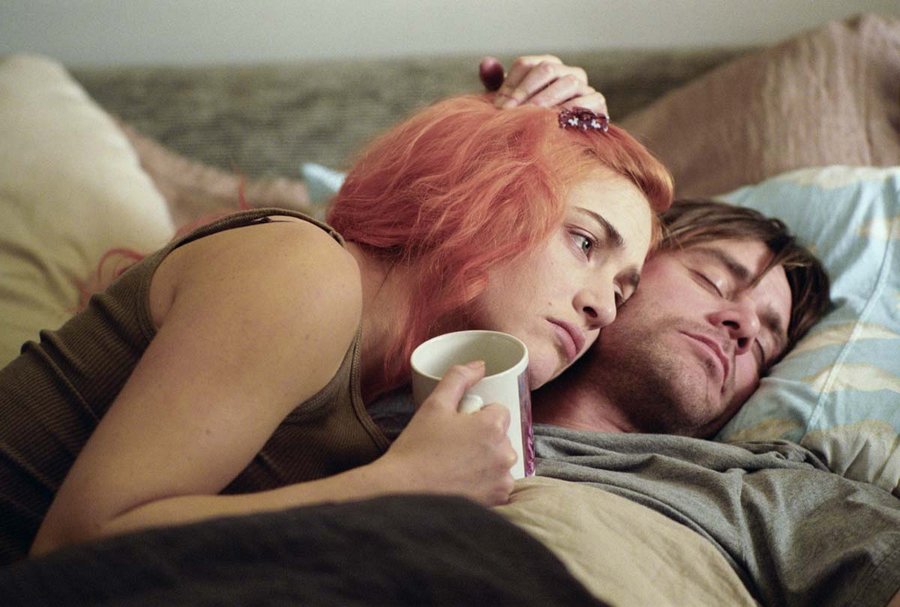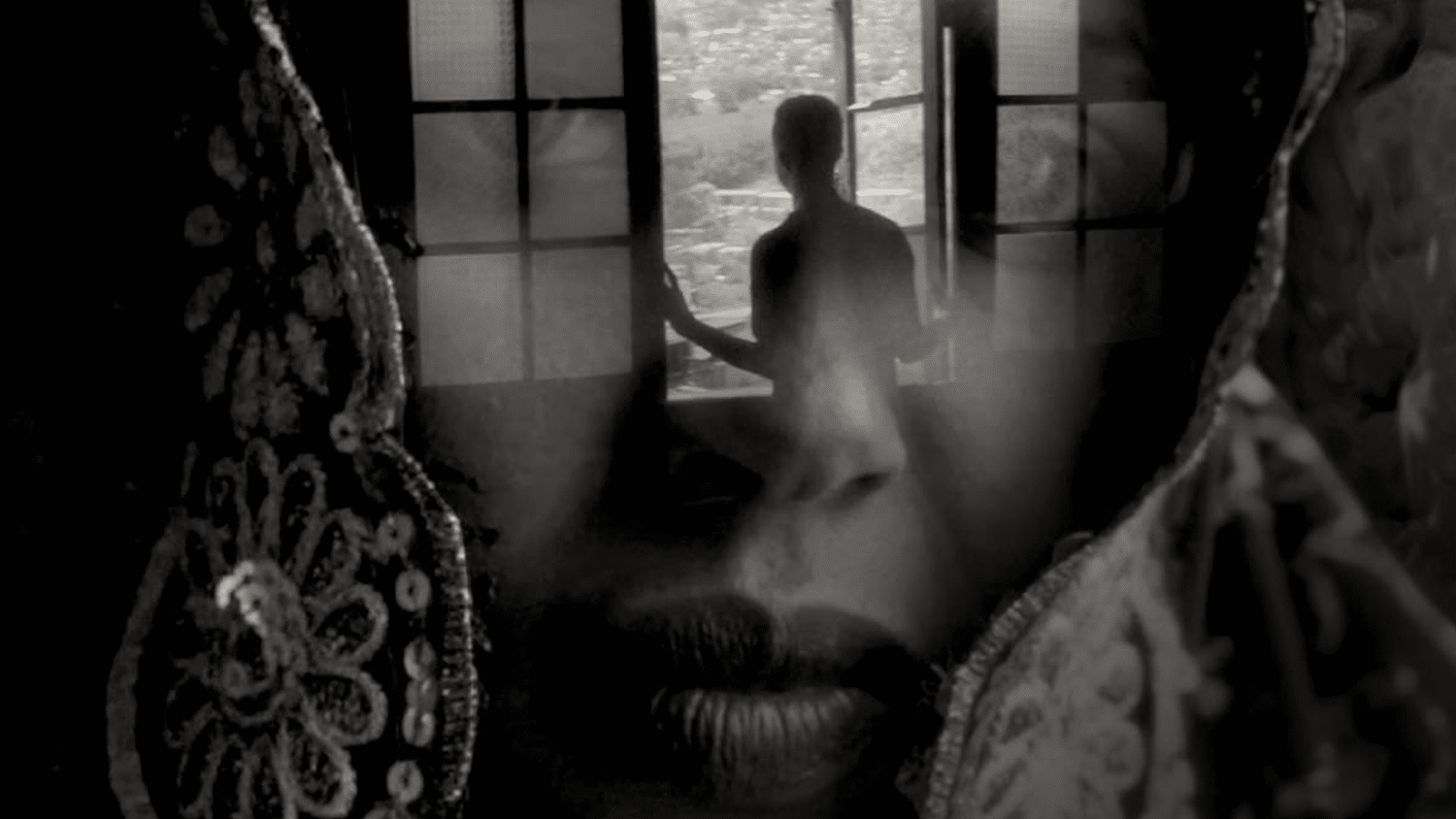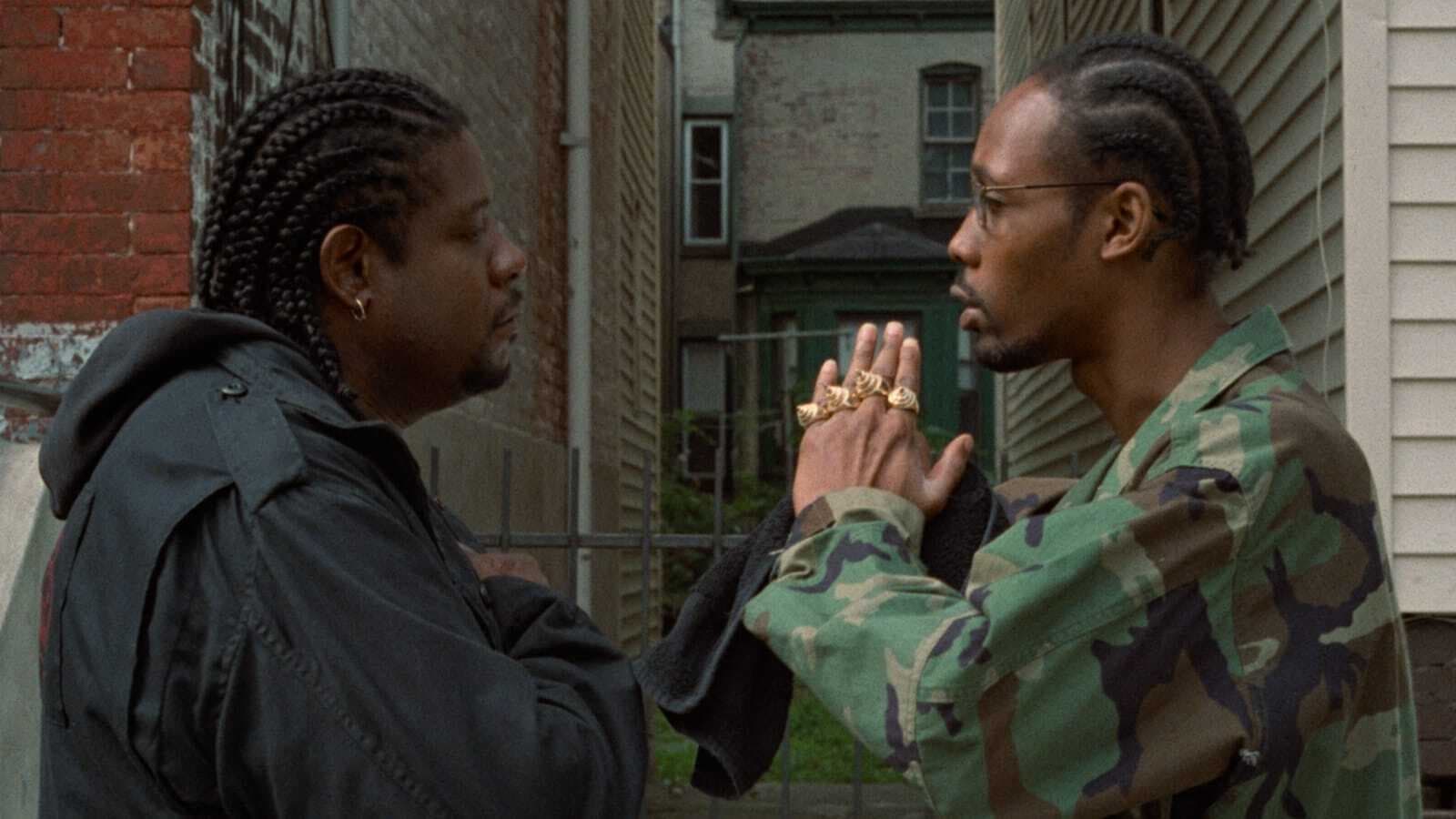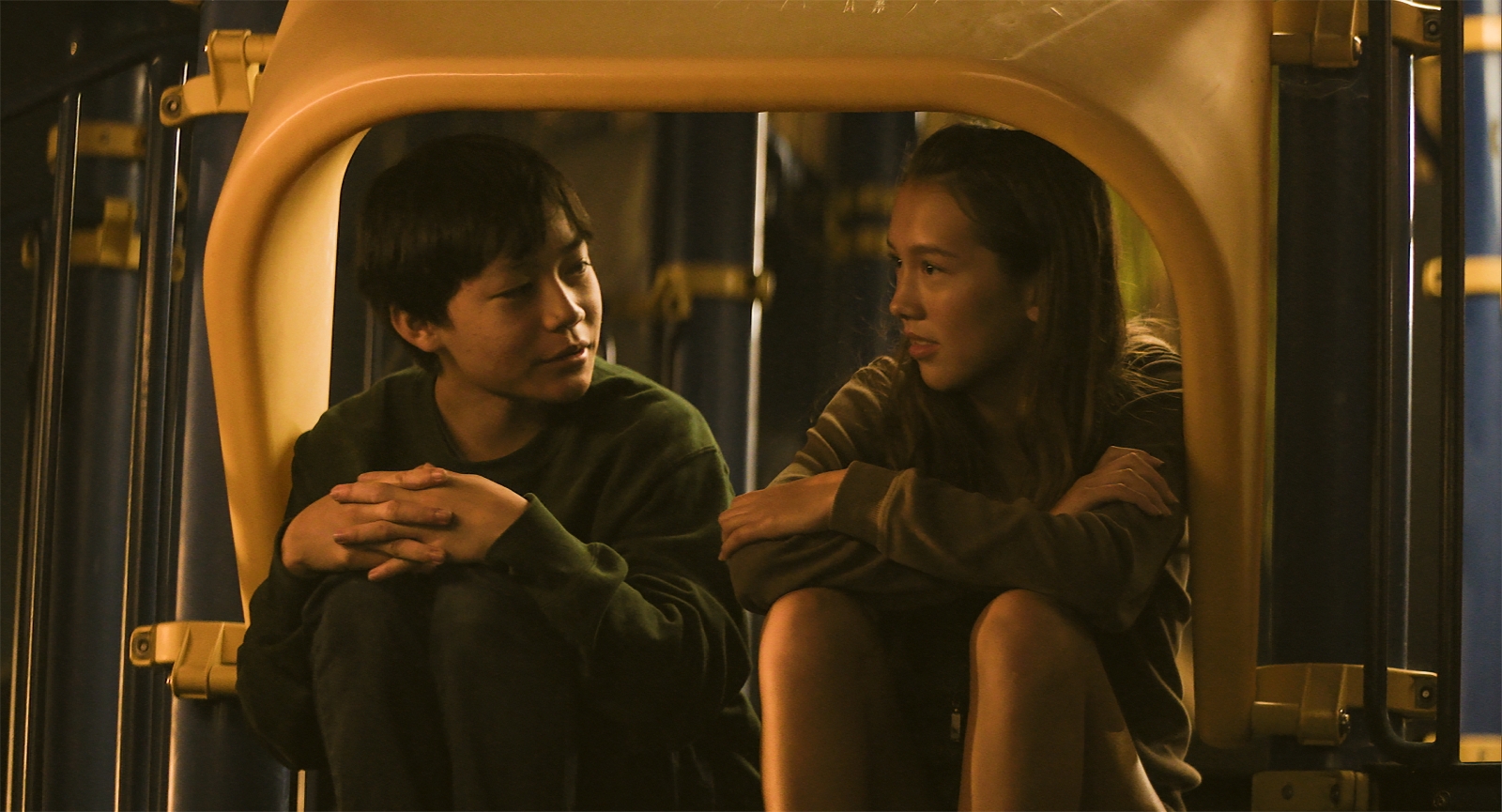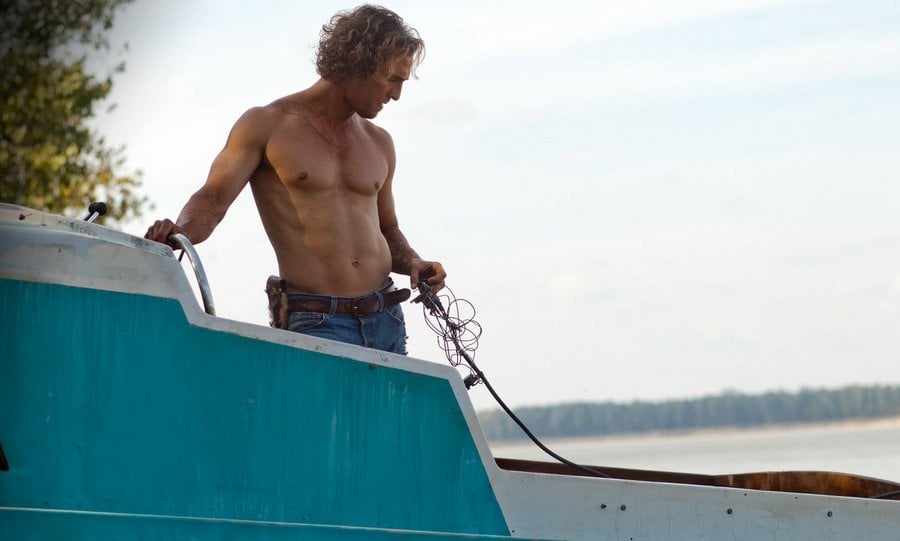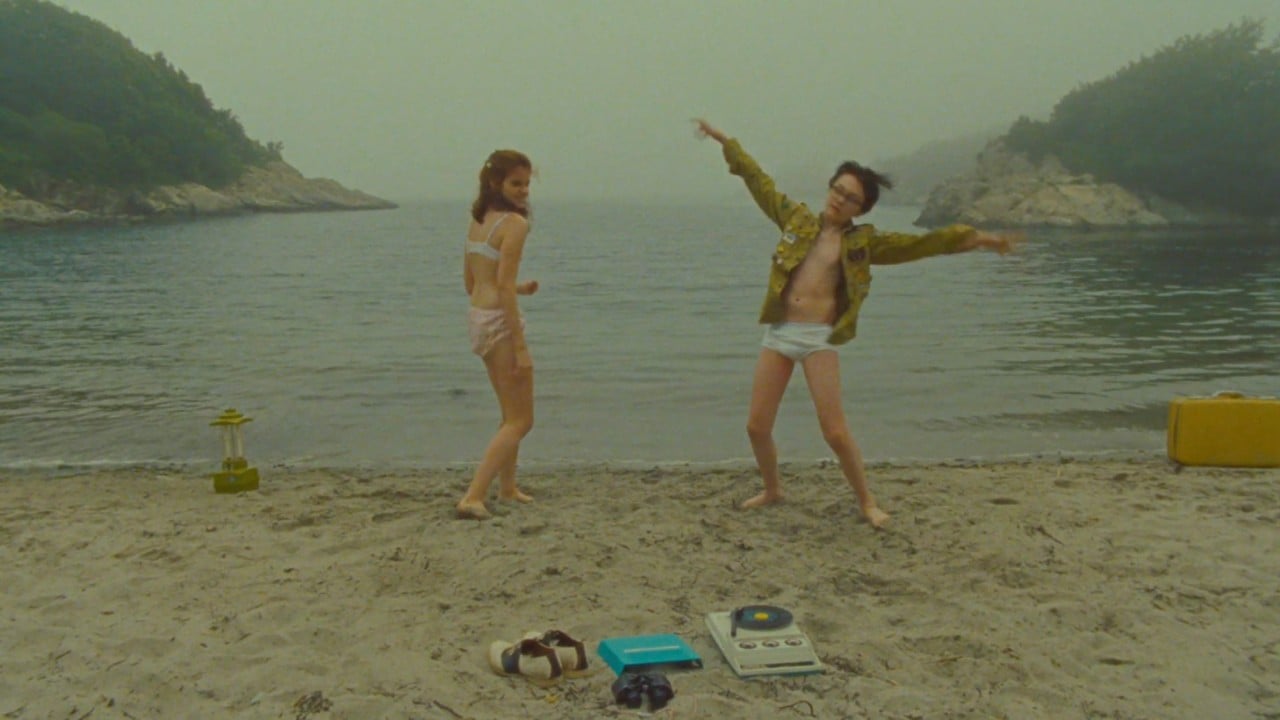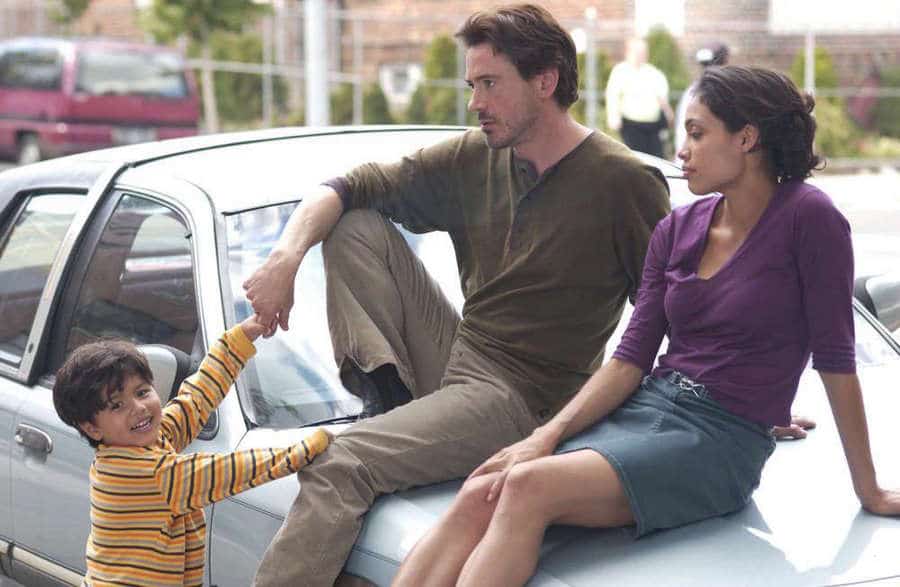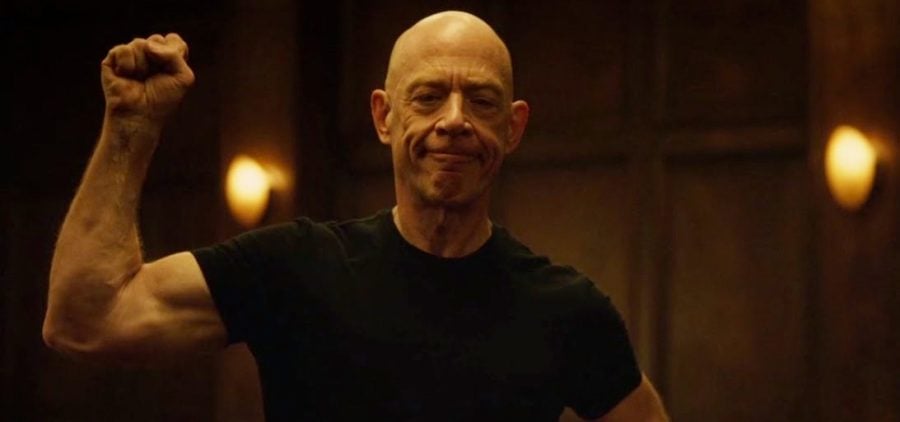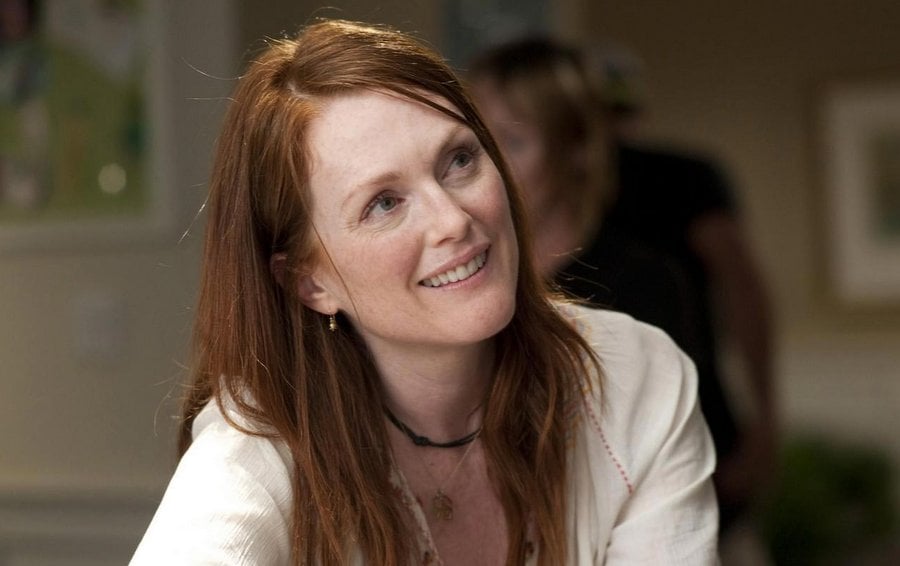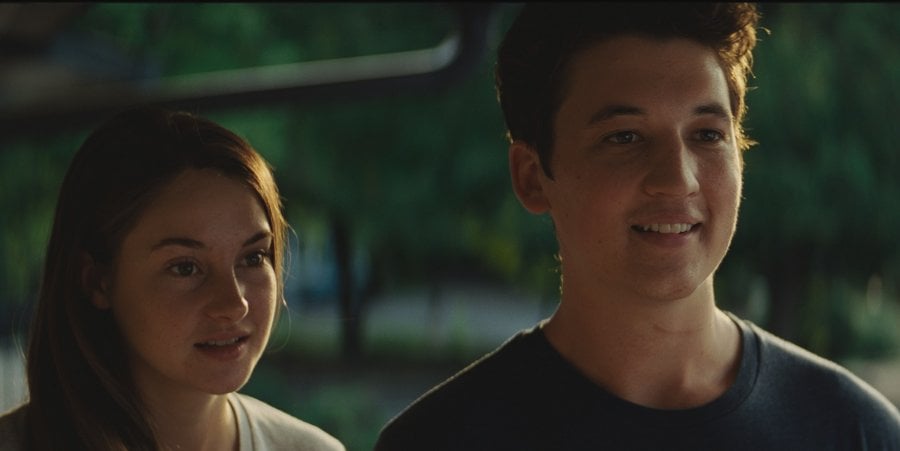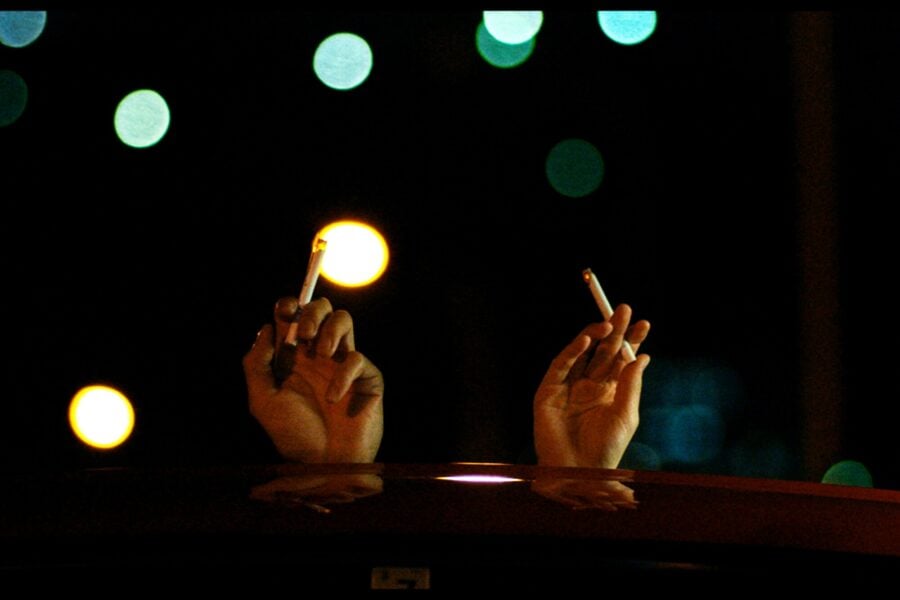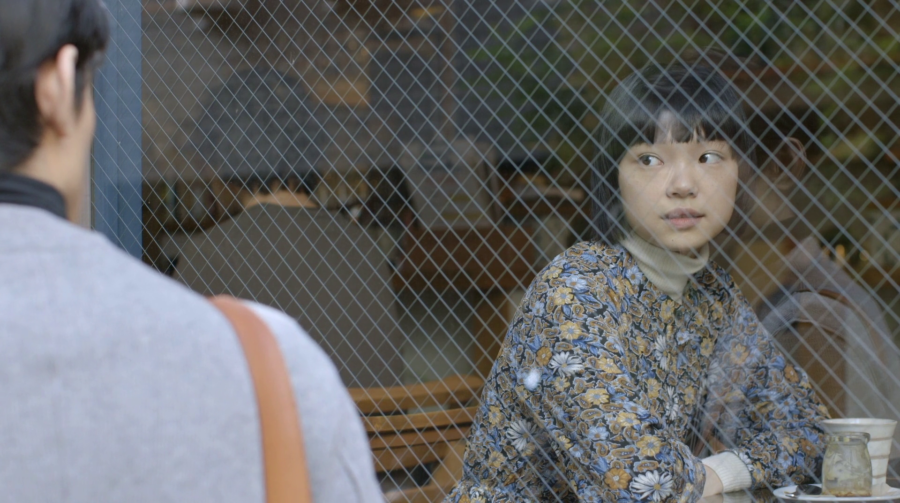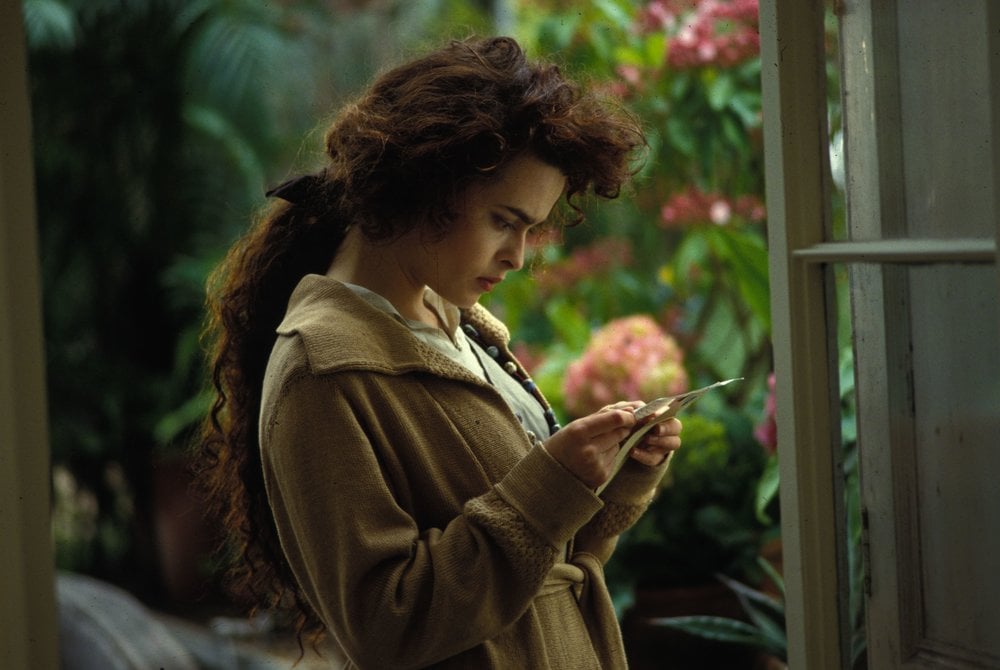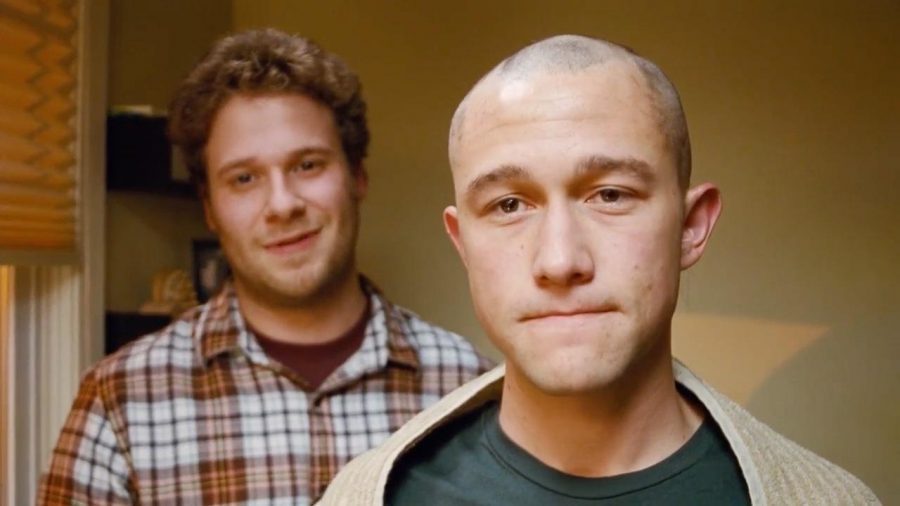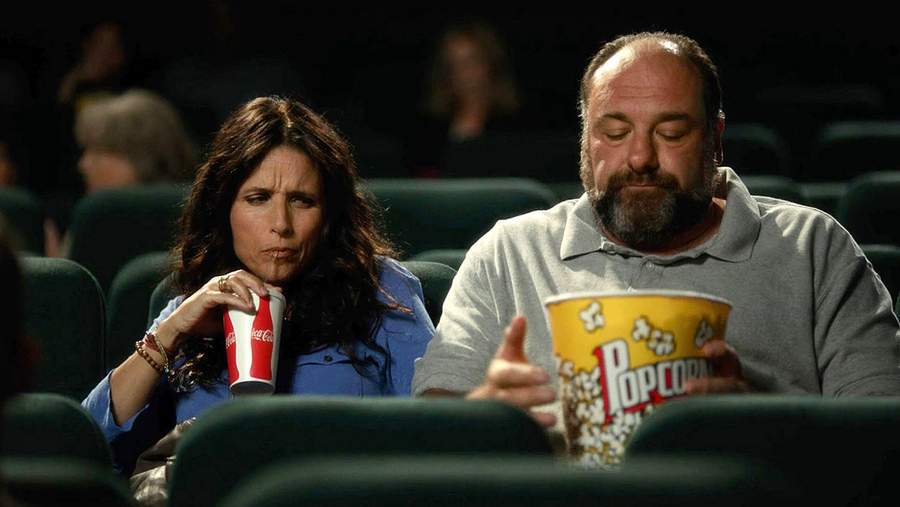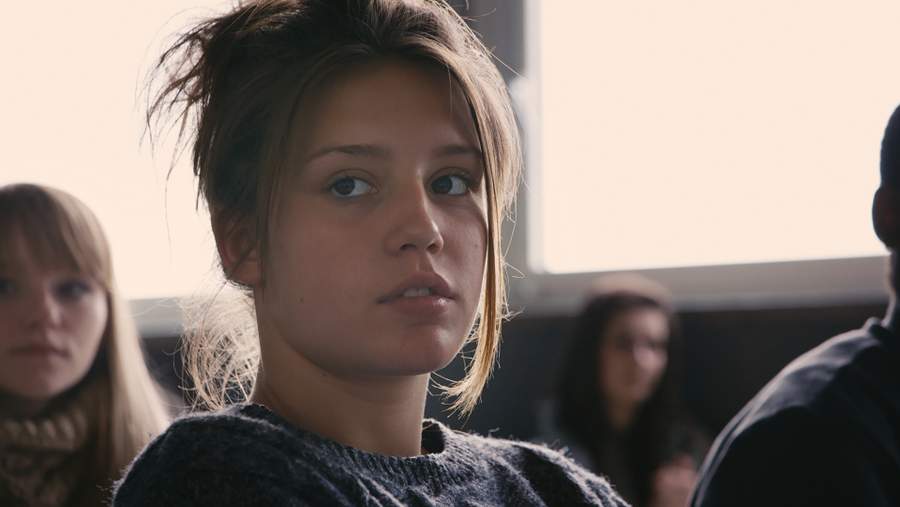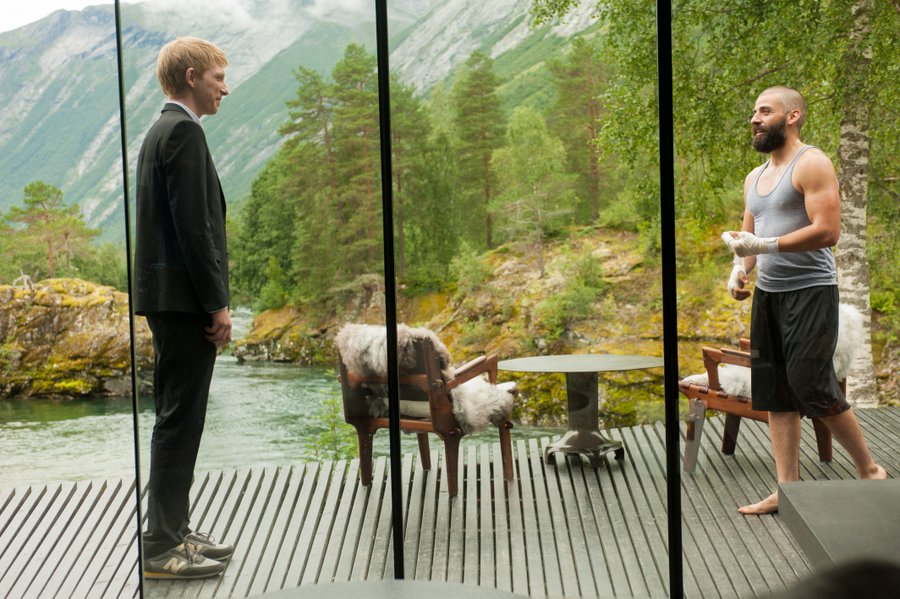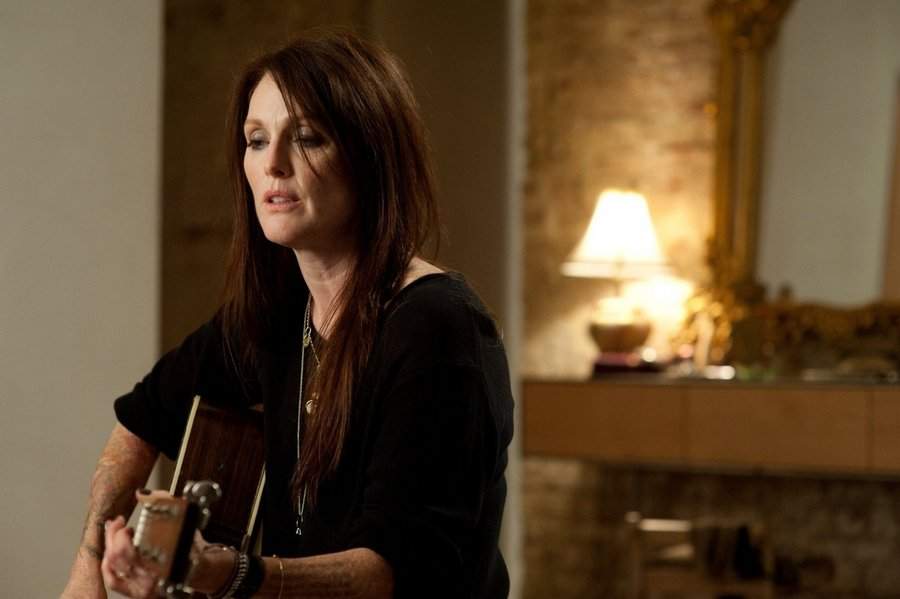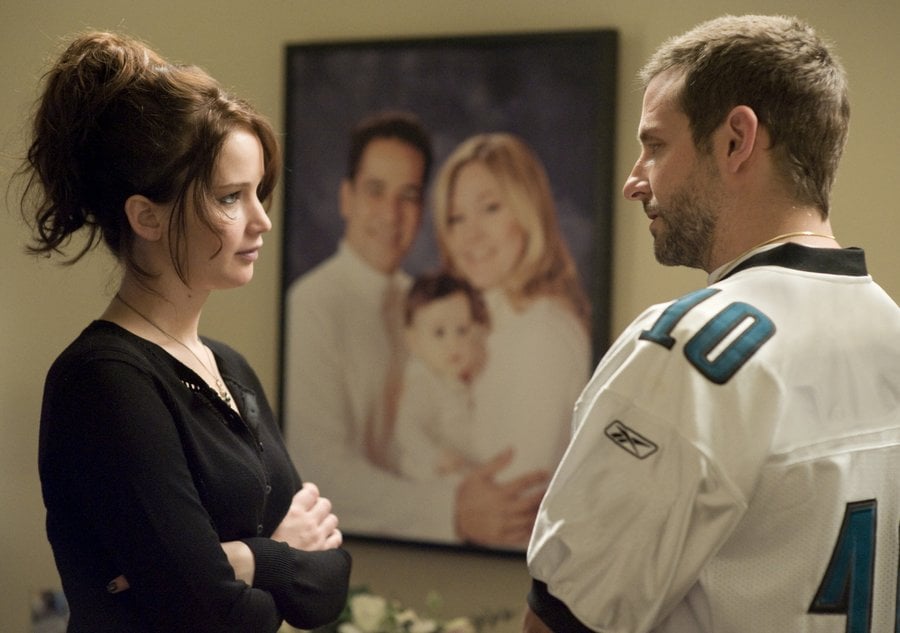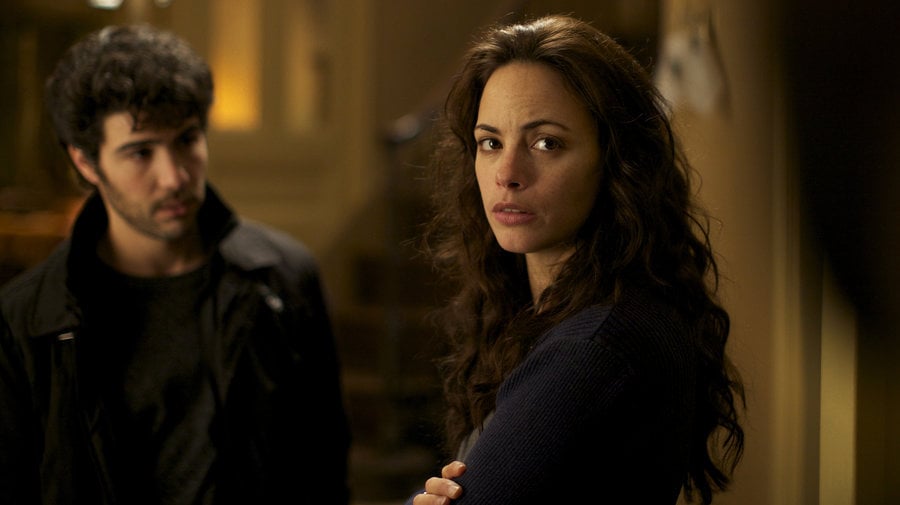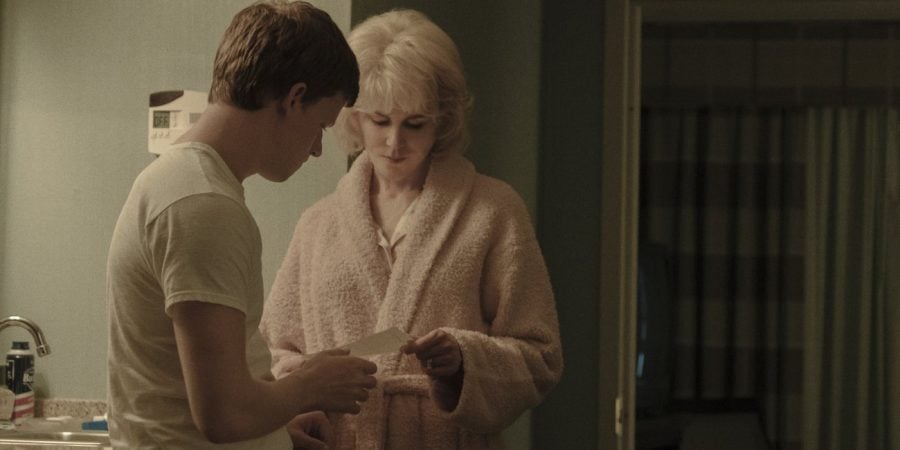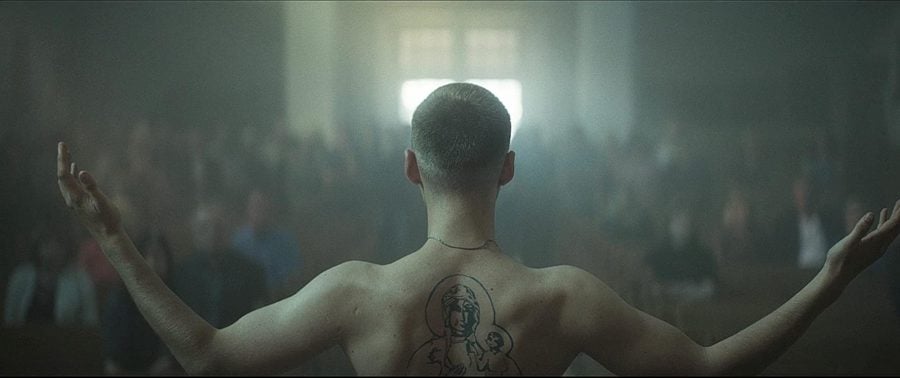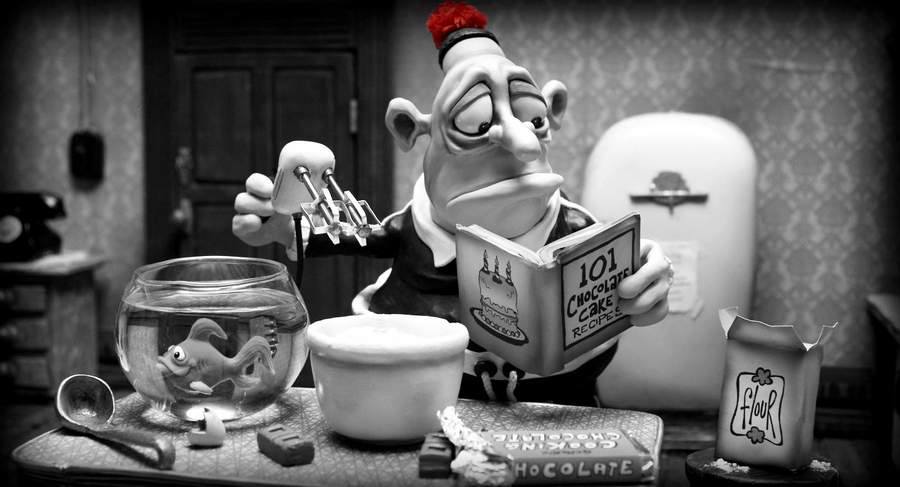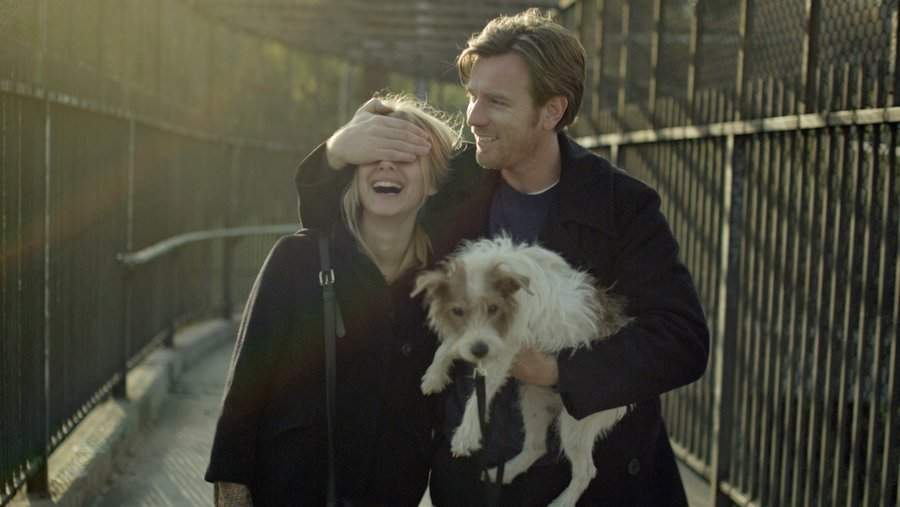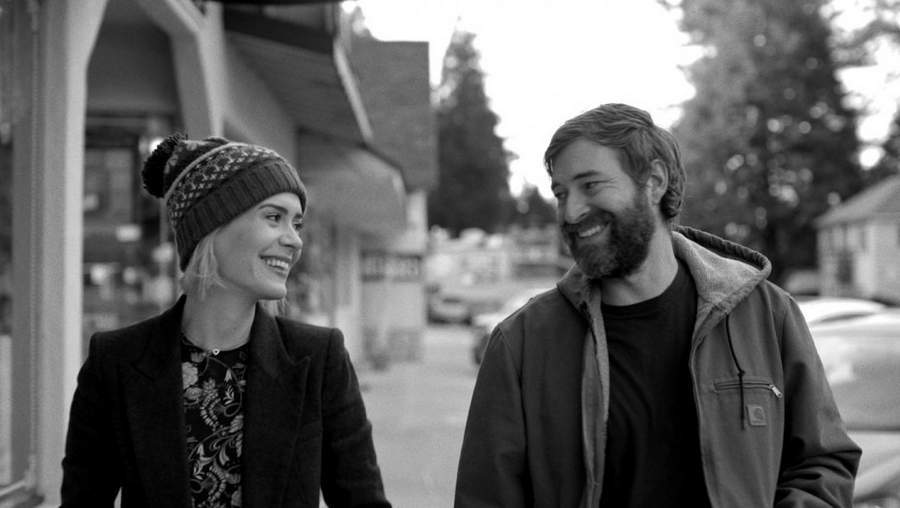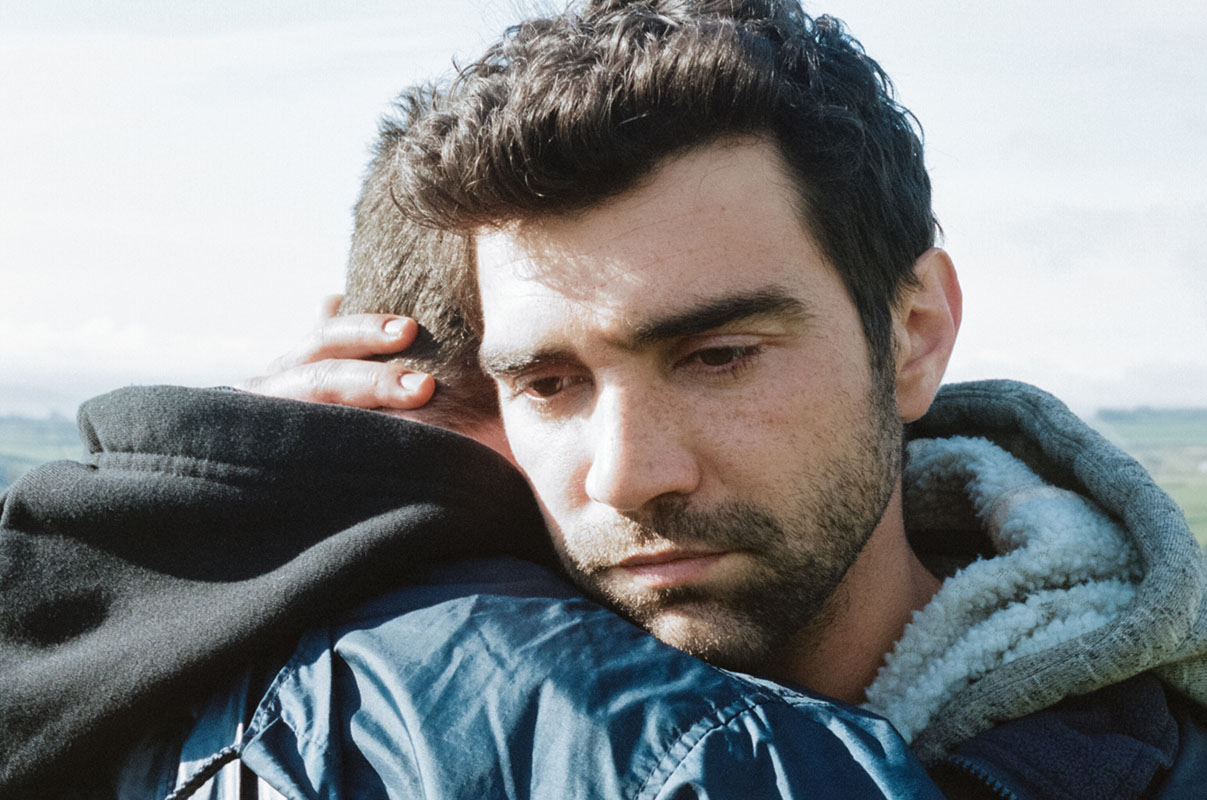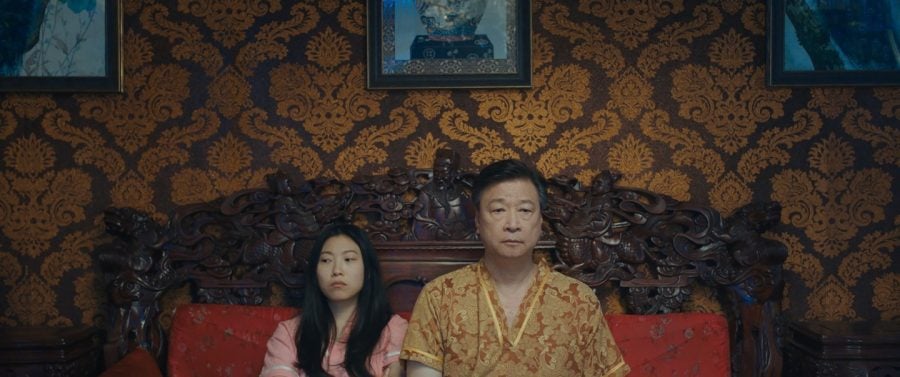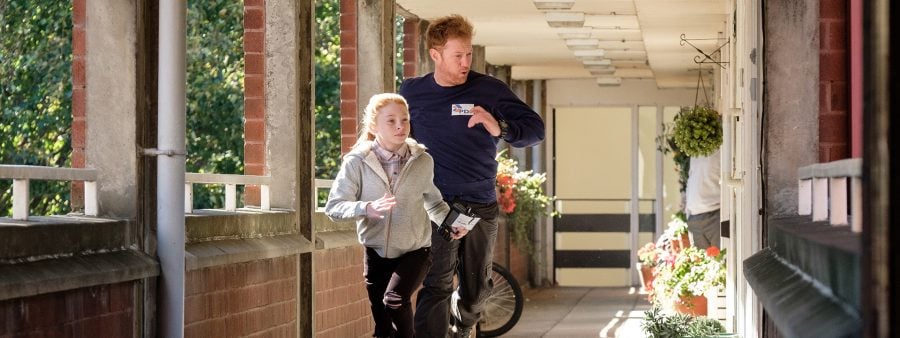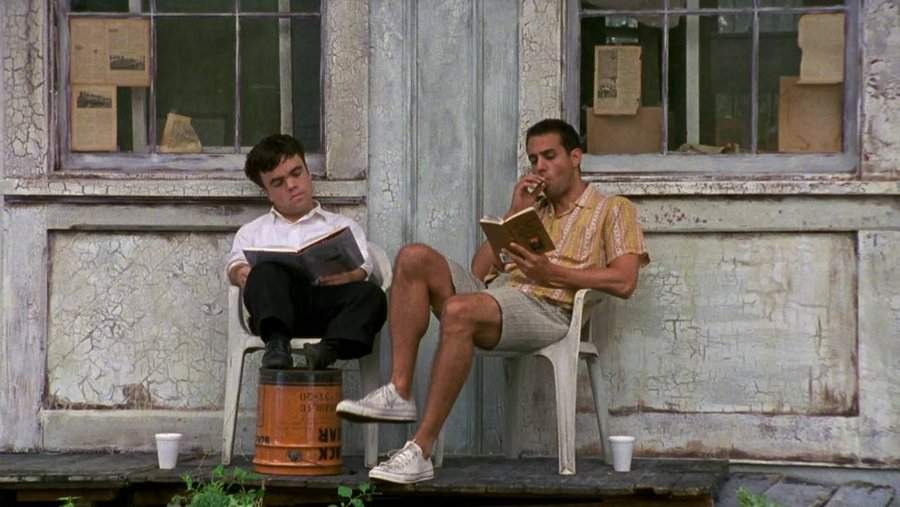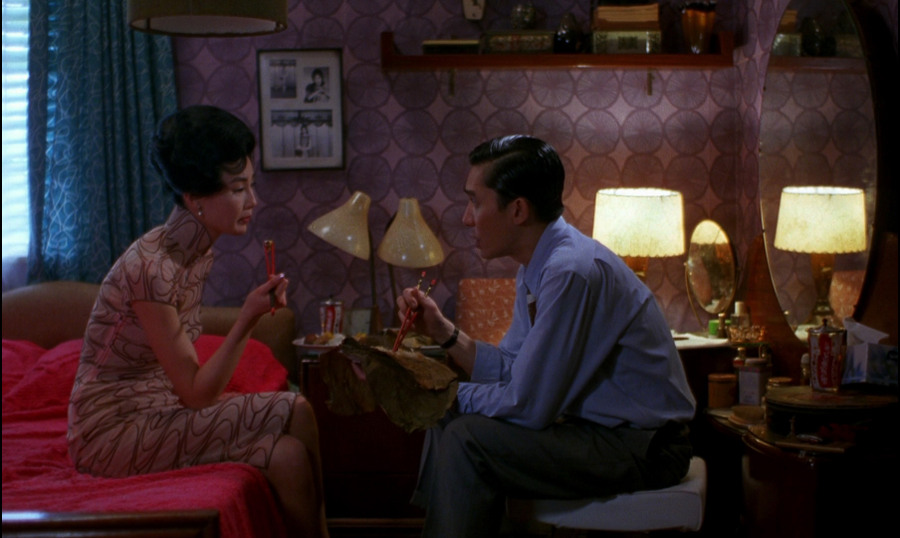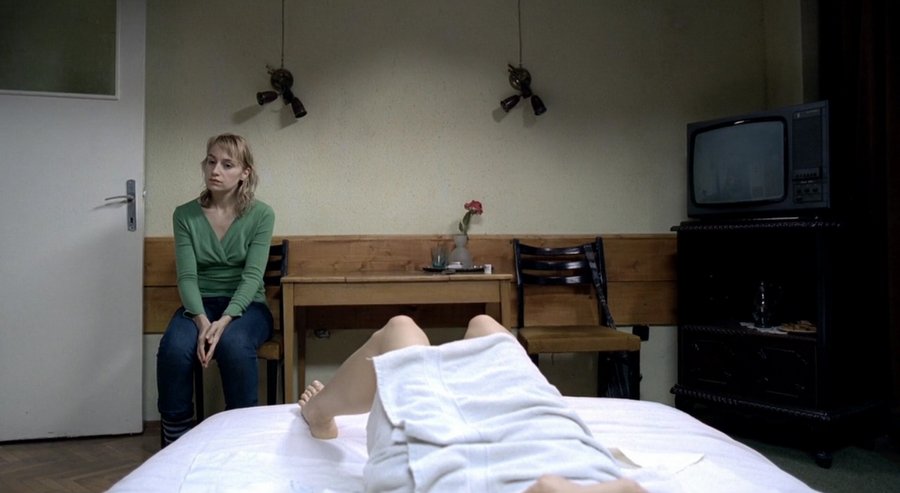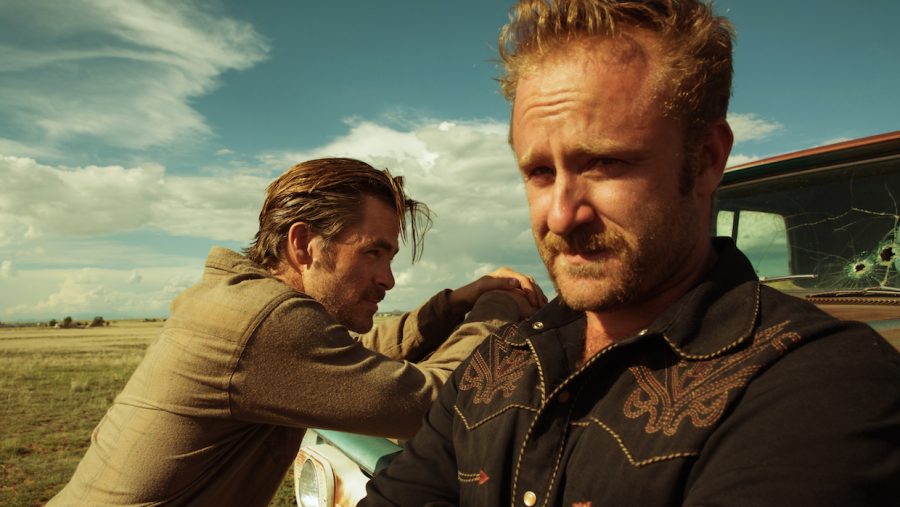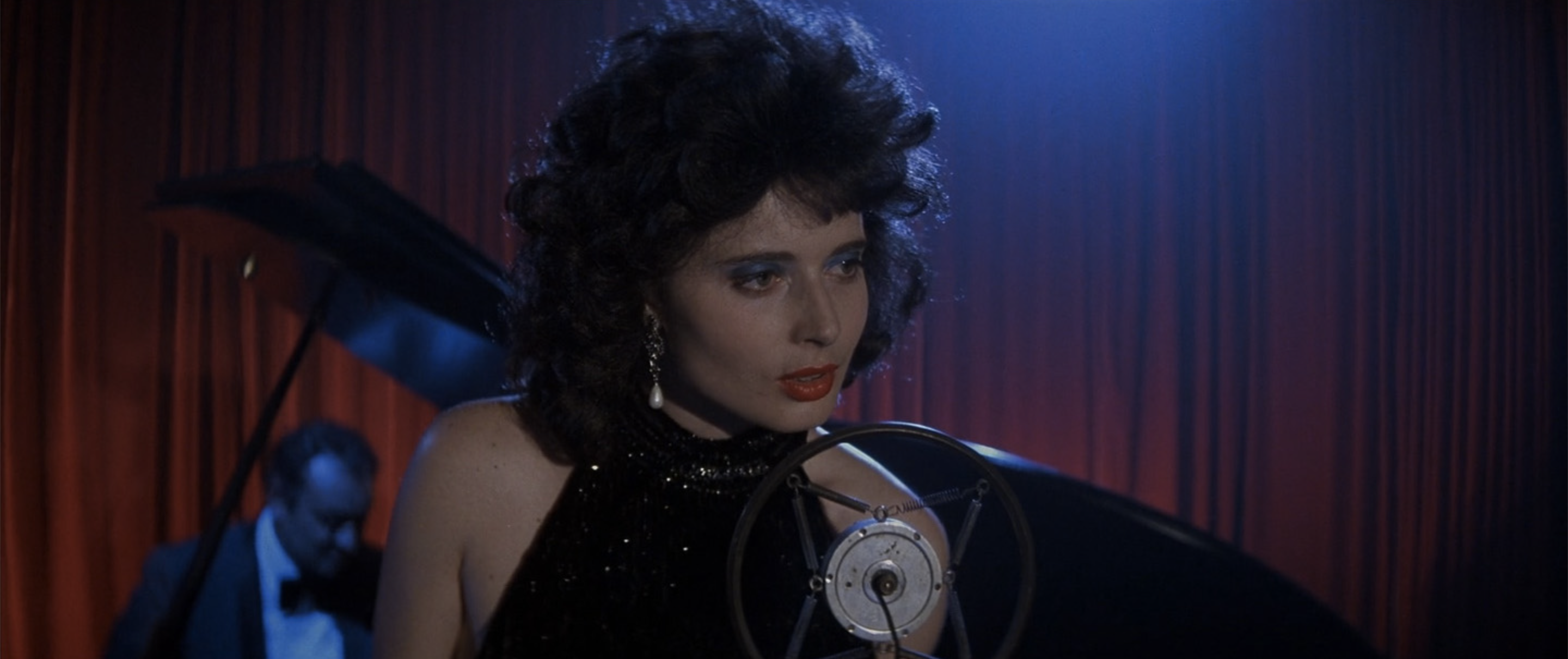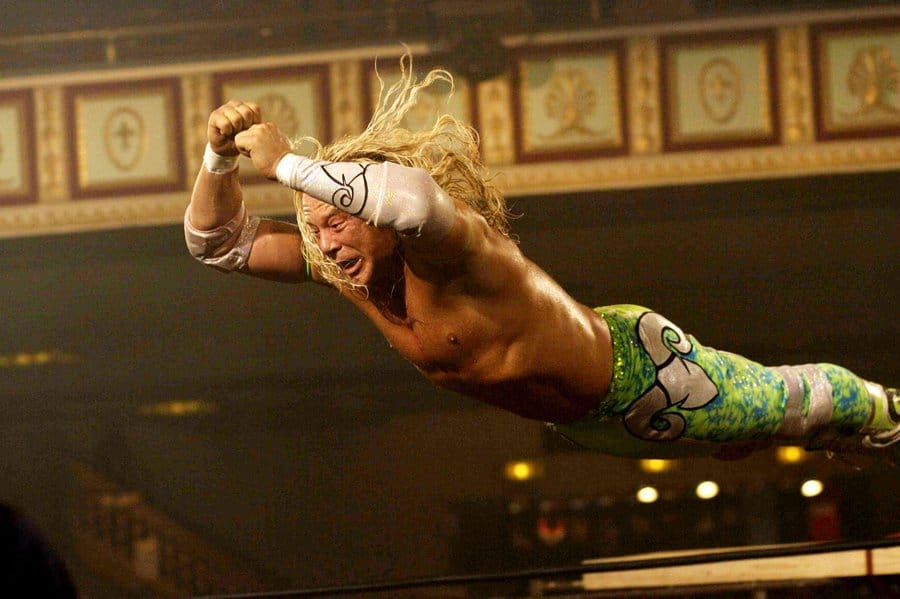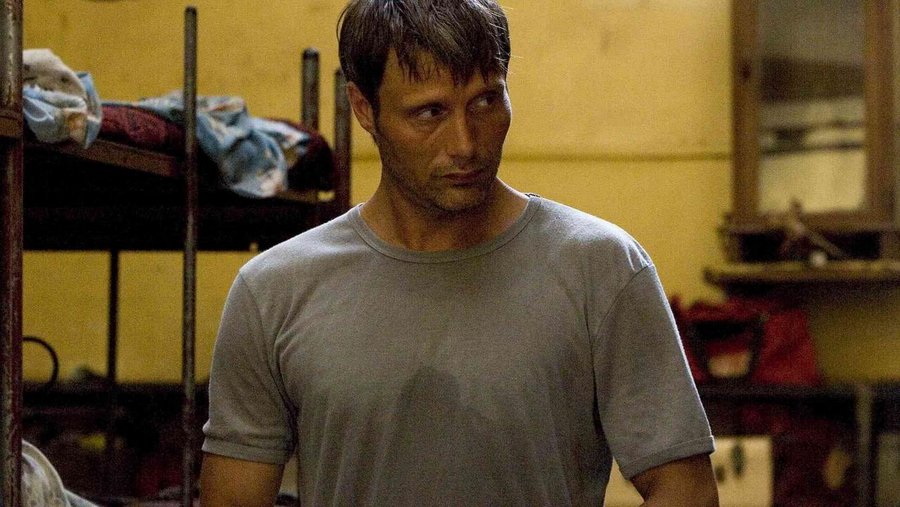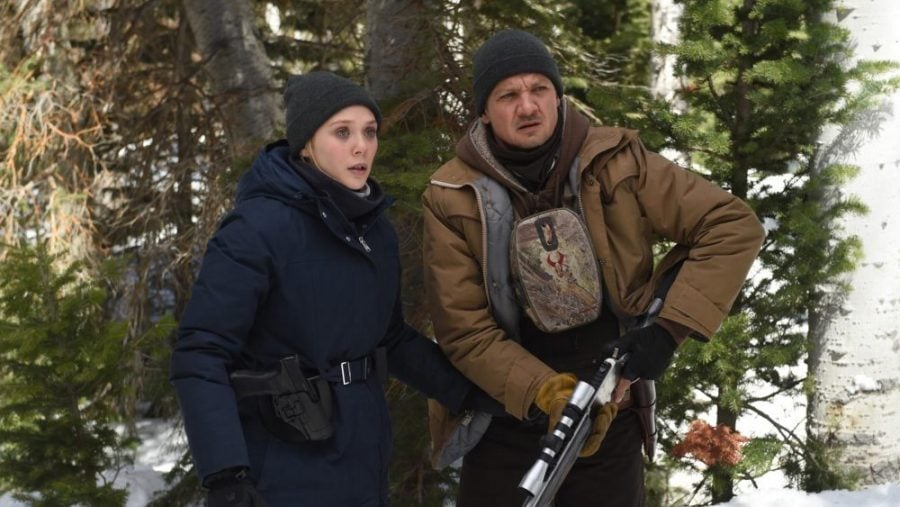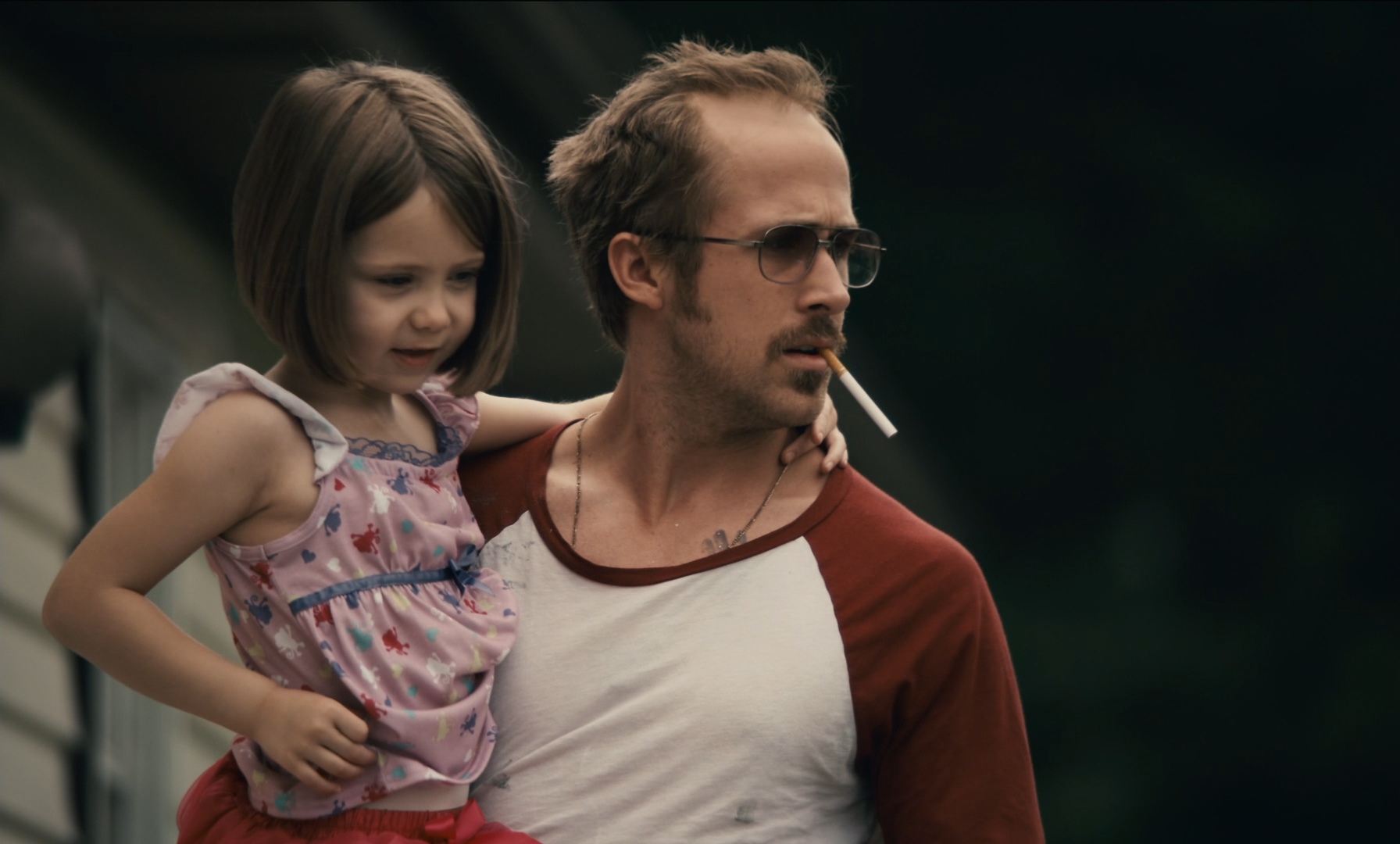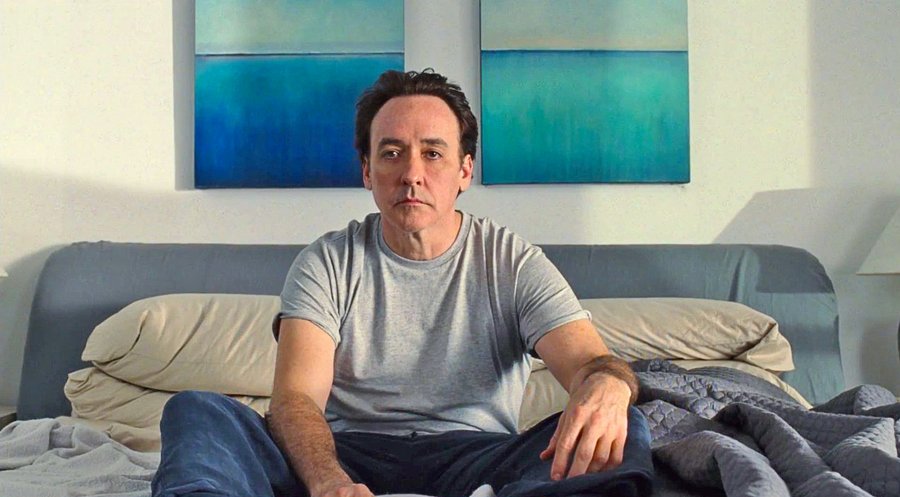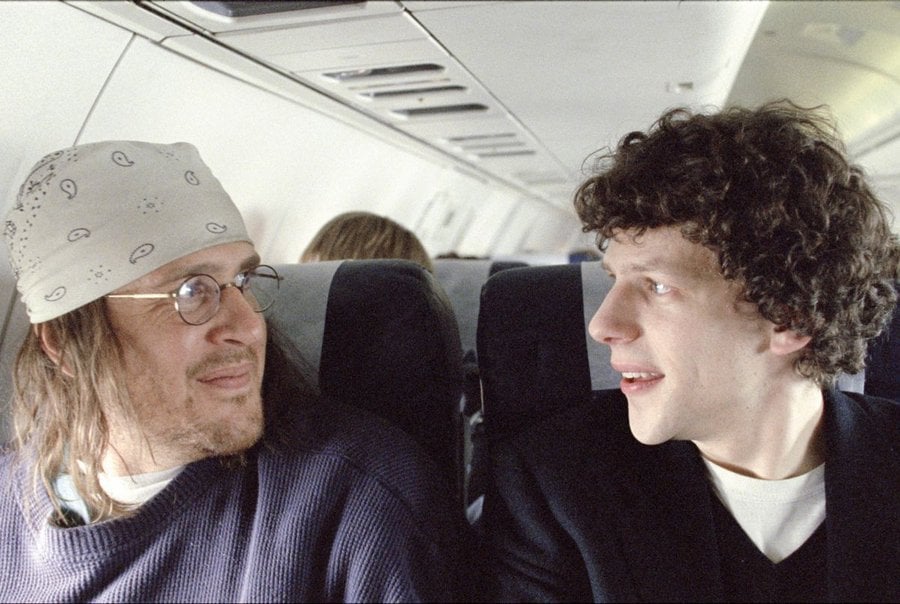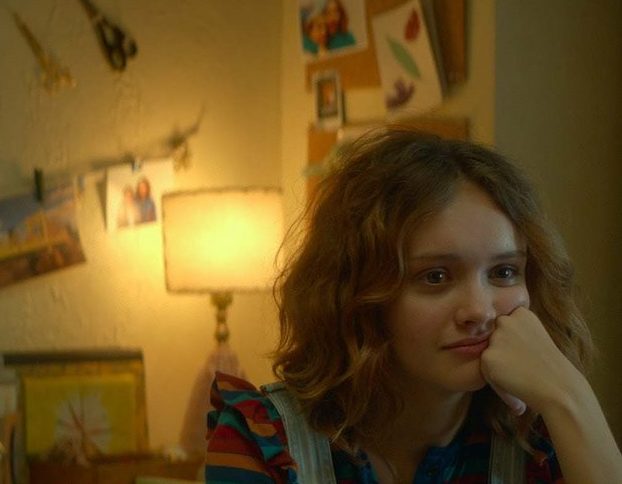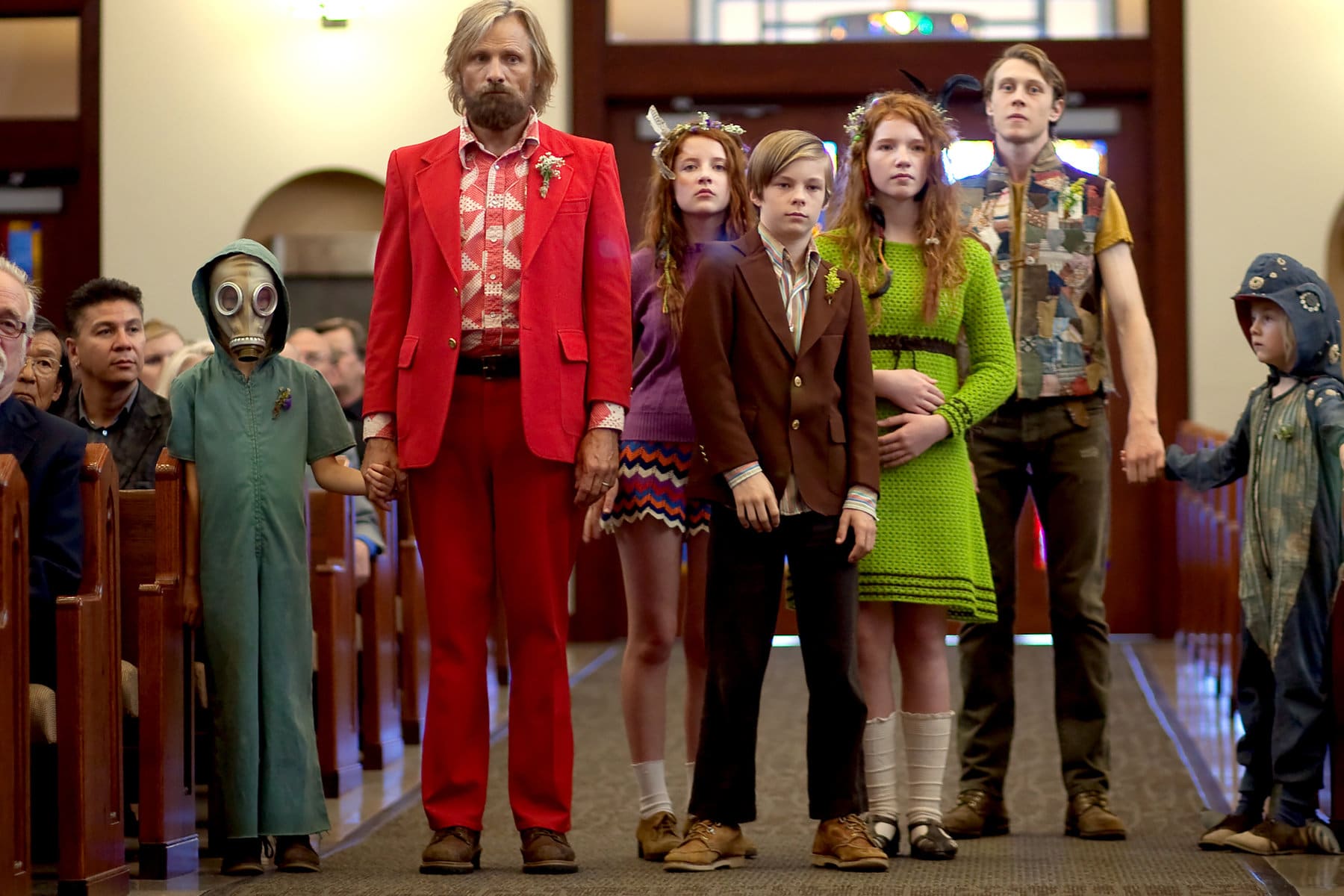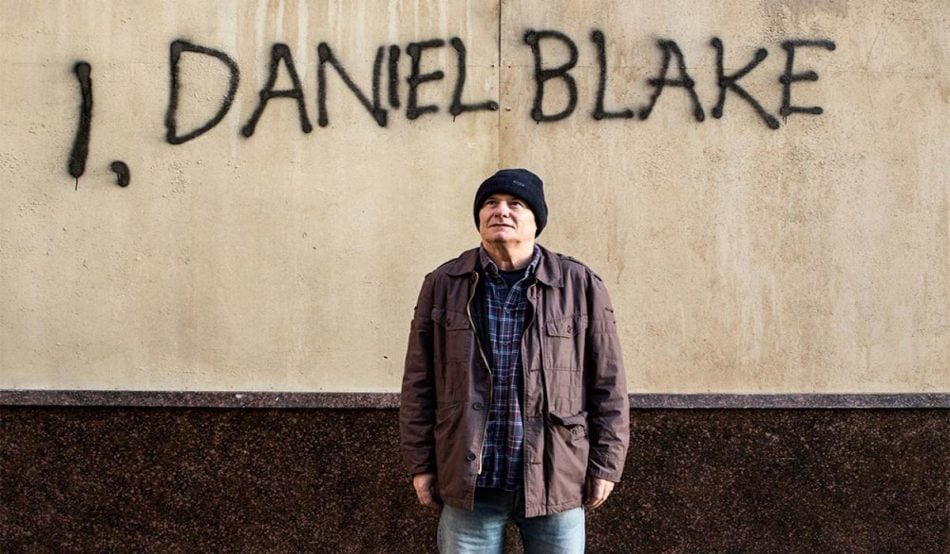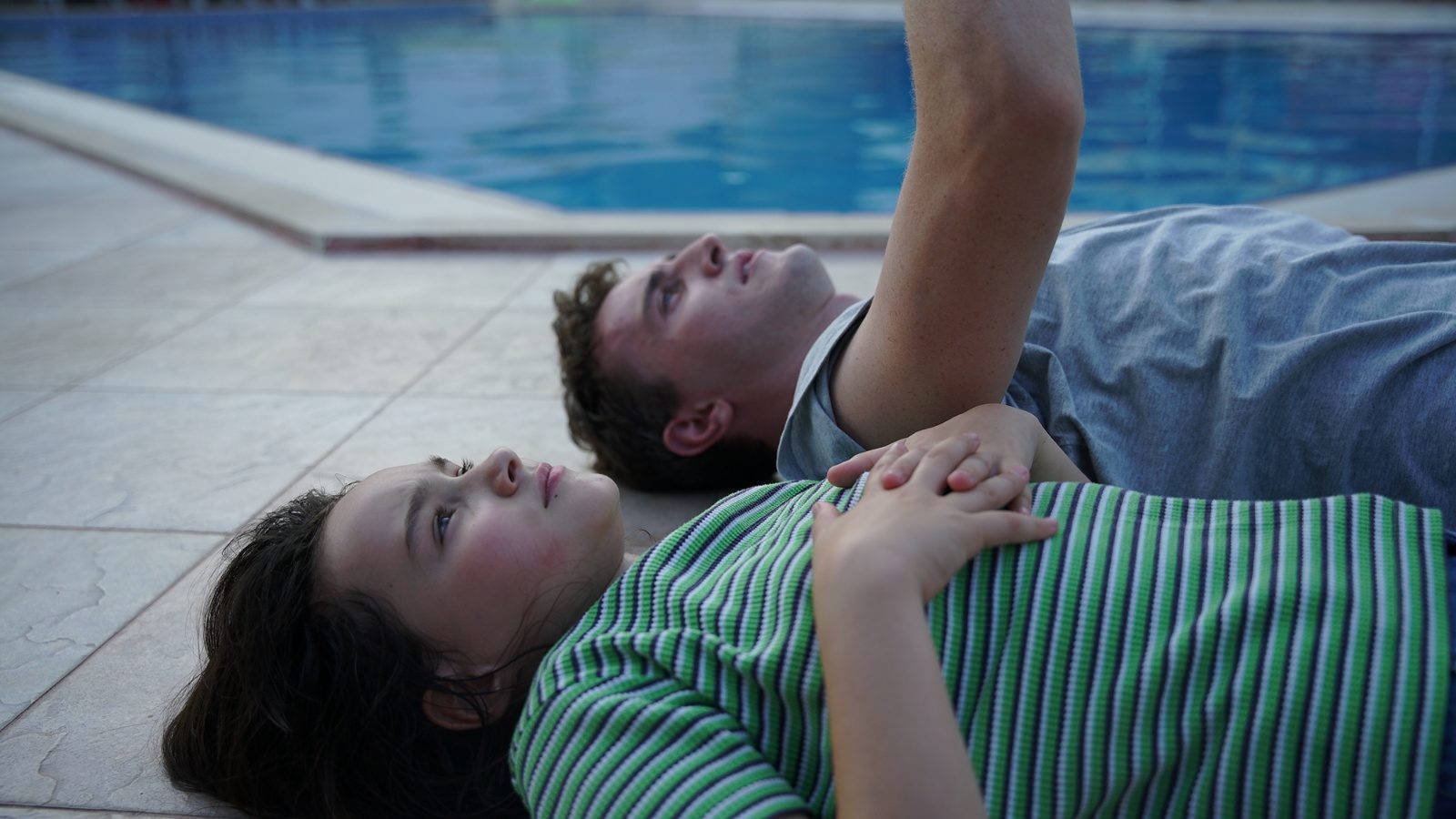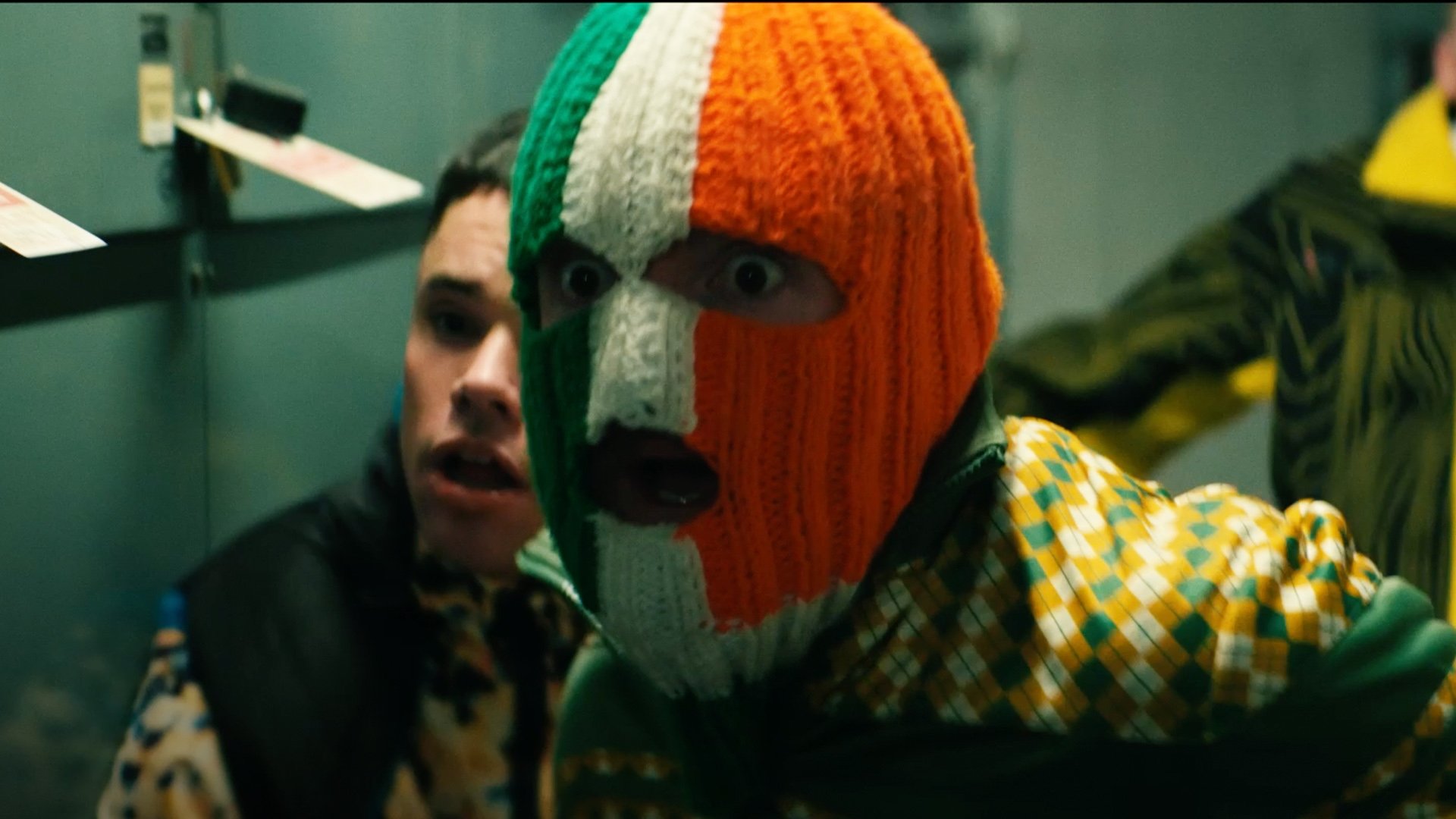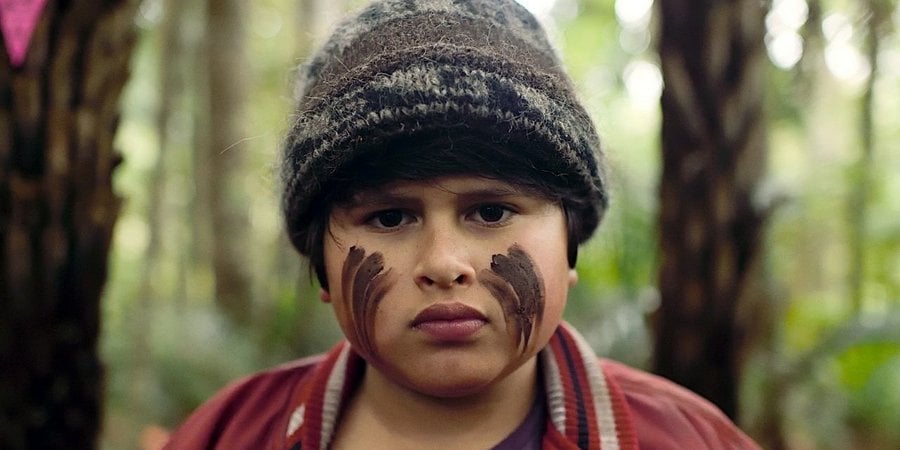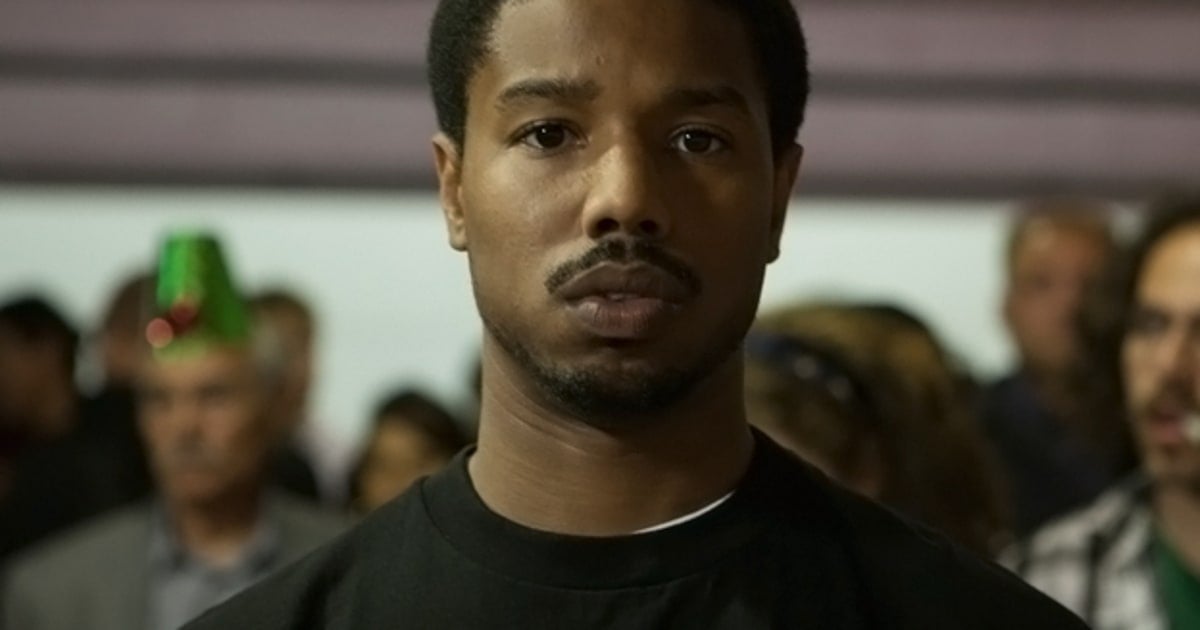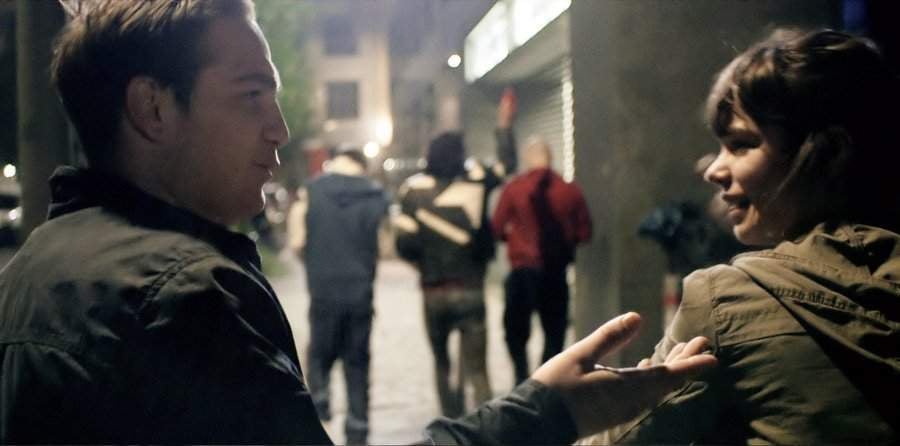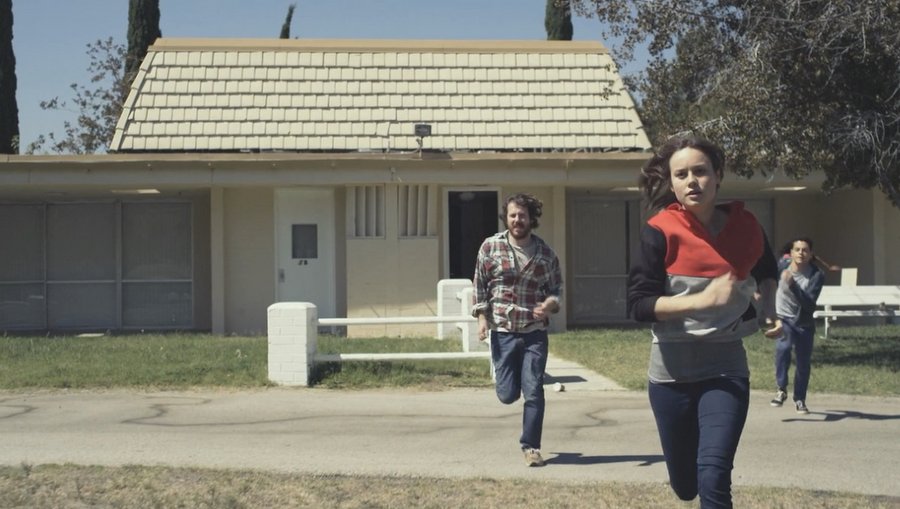The 100 Best Indie Movies of All-Time
agoodmovietowatch is a platform that recommends little-known but acclaimed movies – films you haven’t yet seen that you are likely to enjoy. Naturally, many indie movies fall in this category.
“Indie” used to refer to the way the film was made, a comment about its low-budget or lack of association with big studios. But recently, it has morphed into its own genre. Calling a movie “indie” is like saying it is a comedy, it means that it has very specific characteristics.
The genre has been overexploited, but many new releases still stand out every year. So, looking back at the evolution of the genre, here are the 50 best indie movies of all-time as ranked by our staff.
The Fundamentals of Caring is an offbeat comedy/drama starring Paul Rudd as a man attempting to overcome his looming divorce by becoming the caretaker for a teenager with muscular dystrophy (Craig Roberts, Submarine). The two develop an unconventional relationship based largely on sarcasm and profanity, delivering many laugh-out-loud moments, while also slowly exposing the pain each is carrying inside.
Together, at Ben’s urging, they embark on a road trip across the western United States for Craig to see the world. It’s somewhat formulaic but fun and touching road movie that covers much familiar ground, but also offers a fine illustration of caregiving, personal growth, and emotional healing. Paul Rudd is as good ever, and Roberts is utterly superb. One of the best movies on the Netflix Originals catalog, and an undeniable winner, all-in-all.
The self destructive, substance abusing history teacher Dan (Ryan Gosling) works in a Brooklyn middle-school and is constantly at odds with the curriculum, preferring to teach 13 year old kids Marxist theory in class. Meanwhile, his student Drey (Shareeka Epps) has to go through struggles of her own, her brother being in jail on drug charges and her single mother having to work long hours to make ends meet. Slowly, an unlikely and tender friendship between teacher and student evolves, in which it becomes less and less clear who of them is the adult part. Steering away from cliches, Half Neslon is not your typical social drama. Its intelligent plot twists, great cast (with outstanding performances by both Gossling and Epps) and slow, non dramatic storytelling makes this a highly underestimated movie that, although treating depressive topics without any easy relief for the viewer, will leave with an inner smile, albeit a sad one.
Michael “Eddie” Edwards (Taron Egerton) was a man with big glasses and even bigger dreams. As a physically disabled child-turned-oddly determined young adult, he tried his hands at all kinds of sports to earn himself a place in United Kingdom’s Team, only to be shunned and rejected more times than one can count. While his coming home a hero can easily be attributed to Great Britain’s lack of a ski jumper representative to the 1988 Calgary Winter Olympics, the world has Eddie’s perseverance and never-say-die attitude to thank. A story about conquering greater heights and just taking flight, Eddie the Eagle shows the world how winning doesn’t always mean taking home the crown.
There is so much power to this story based actor Shia Laboeuf’s life. As a kid, he lived with his father on the road during the filming of Even Stevens and other star-making roles. His dad was a war veteran who goes to bikers’ AA meetings and who had a brief acting career himself. He was full of anger that made Laboeuf later suffer from PTSD, but which he was able to perceive in a fascinating way.
Putting Laboeuf’s fame aside, this is an incredible movie on emotionally abusive parent-child relationships. It’s a universal story. With Shia Laboeuf as his father and Lucas Hedges as current-day Laboeuf.
The gorgeous grain of Falcon Lake’s lush 16mm cinematography instantly gives it an air of nostalgia, as if the movie is an intimate reflection on a precious formative summer. That effect is confirmed over the film’s runtime: it takes place from the perspective of Bastien (Joseph Engel), a 13-year-old French boy whose family is being hosted at a Quebec lake cabin by their friend and her 16-year-old daughter Chloe (Sara Montpetit). The woodland setting could be idyllic or eerie, a duality brought explicitly to the fore by Chloe, whose interests lean towards the macabre.
It’s not long before Bastien becomes smitten with the assured older girl, and it’s their dynamic that gives Falcon Lake its profoundly captivating effect. Though the movie’s gothic undertones do give it a troubling air of tension, the way they come to the surface in its ending feels a little inharmonious to the delicate human drama that the teens have built up until then. Both actors turn in performances so extraordinarily nuanced and naturalistic that Falcon Lake doesn’t need that twist — it already stands as a deeply affecting coming-of-age portrait, one in which tenderness and betrayal are raw new pleasures and pains to be discovered.
This cult classic is the first hip-hop movie in cinema’s history — and, aptly, one of the most sampled movies in rap music. With a cast drawn exclusively from the NYC graffiti, breakdancing, and rap subcultures that it spotlights, Wild Style wisely doesn’t try too hard to construct a conventional drama. Instead, there are toe-tapping scenes in neon-lit, smoke-filled clubs that stretch far beyond usual cinematic limits because they’re following the dynamic pace and infectious rhythm of the battling emcees, not film’s rules.
In lieu of a plot, Wild Style captures the singular atmosphere of the period it was filmed in, when hip-hop culture was thriving and art curators had begun to look to graffiti artists to fill their galleries. That uneasy turning point in the culture is chronicled here through the perspective of Zoro (real graffiti “writer” Lee Quiñones), a young artist who looks on with disdain as his peers embrace the commercialization of their medium by NYC’s art world. (As he shrewdly puts it, risk is central to graffiti’s identity — made for subway cars and walls, not framed canvases.) Brilliantly capturing the freewheeling spirit of NYC’s hip-hop scene, this is a time capsule that never feels dusty thanks to the appropriately off-the-cuff filmmaking.
The debut feature by Palestine’s most well-known director, Chronicle of a Disappearance is an unusual movie about the decades-long Israel-Palestine conflict in that it’s closer to absurdist comedy than anything else. The only physical violence we see here are men cat-fighting in the street or arm-wrestling each other in cafes, and Israeli presence is limited to a couple of bumbling police officers. Chronicle is full of slapstick cinema touches — right down to the Buster Keaton-esque eyes of director Elia Suleiman, who appears here as a silent wanderer — and yet we feel the bitter reality of the occupation framing every deadpan gag.
Structured as a series of vignettes, Chronicle’s loose form is both a way to depict the stagnation and dry repetition in which Palestinians are stuck and a wry metaphor for all this listlessness. Suleiman speaks plainly in some chapters — such as the one following a woman who is repeatedly turned down from renting an apartment in Jerusalem because she’s Arab — and more obliquely in others, forcing you to recall the movie’s setting to understand his often-understated commentary. A singular film from an utterly unique director, Chronicle of a Disappearance is both a portrait of a country’s erosion and a quietly defiant act of resistance.
In Letterboxd, Cleaners was once the highest rated film of 2021, and was once in the list of the top 250 narrative features overall before the rating system changed in 2023. To viewers outside the Philippines, this might have been mind-boggling, especially since the film wasn’t yet released internationally the year it premiered, but it shot up the ranks for a reason. The coming-of-age anthology just looks so different, being filmed live, then xeroxed and highlighted, frame by frame, just like print-outs for school. The unique approach evokes a sense of nostalgia in high contrast print and blurred movement, and it’s matched with the classic Filipino coming-of-age moments that has rarely been seen before.
It’s easy to laugh about an old lady being an unwitting lead in an action film, the joke being that they can’t possibly be that. But June Squibb’s Thelma is. She refuses to be infantilized and undertakes a journey that’s dramatized to great effect. It’s still funny, but without Squibb’s character being the butt of the joke. It’s also immensely charming, smart, and moving, without ever being too saccharine or pandering. The performances are wonderful across the board, but it’s Thelma’s intergenerational bond with her 24-year-old grandson Daniel (Fred Hechinger) that’s at the heart of the film. In some ways, both Thelma and Daniel have to prove their worth to a world that gives them little credit for their idleness, even though they’re both happy and make other people happy that way. Parker Posey, who plays Thelma’s daughter and Daniel’s mother, is equally commendable as the seeingly stable but perpetually harried “adult” that keeps the two grounded in reality. Equal parts sweet and bad-ass, Thelma is the movie to see if you want to feel the warm fuzzies (minus the cheese) with the family.
Moon is a sci-fi movie that doesn’t care that it’s a sci-fi movie. It’s not about space exploration or aliens. It’s about a man struggling to understand what and who he is and the dehumanizing effect of industrialization. Moon leaves you with a pit in your stomach and an incredible feeling of melancholy. It is perfectly acted by Sam Rockwell and the voice of Kevin Spacey. Moon keeps you guessing and deeply enthralled. A true masterpiece I would recommend to anyone, whether they are sci-fi nerds or just movie lovers.
Elizabeth: Joseph Gordon-Levitt plays a high schooler trying understand his girlfriend’s disappearance. Film noir style with excellent dialogue. Ian: Murder mystery from the perspective of an oddball kid in high school. All of the evidence seems to point him back to one person in town. Karch: A new-age noir film follows a high-school detective trying to unravel what happened to his ex-girlfriend through the mysterious underground drug ring at his school.
A masterpiece in every possible way: its striking balance between simplicity and effectiveness, its innovative value, the commitment of its maker, and just overall beauty. Boyhood was filmed over a span of 12 years, something never attempted before in film. The result is a captivating, breathtaking tale with almost unparalleled plausibility. The emotions it incites as well as the natural flow it has will feel a lot like life itself, and will leave you with ideas you can dwell on for long after the credits roll. Directed by Richard Linklater, and nominated for 6 different Oscars.
Two-time Oscar nominee Don Hertzfeldt crafts this provocative film in the most skillful way. With only stick figure drawings and some stock footage, he compellingly walks you through the crumbling mind of a man. It is funny. It is sad. It is unsettling. Unlike most movies – or perhaps any movie – there is no point in the film where you feel safe. Unpredictable. Engrossing. Disturbing. By the end of it, you will not be sure what you’ve just seen, but you will feel as if it has changed you. **Personal suggestion: do not watch alone late at night**
Two angels wander the streets of a monochrome Berlin, invisible to the colorful world that bustles around them. When one of them falls in love, he begins to question his place and yearns to give up immortality to join the ranks of the living. Wim Wender’s exceptional film is a poetic meditation on faith, cinema, and a mournful tour of a city in the grip of the Cold War.
Wings of Desire is bursting with poetry and heartbreaking humanism emphasized by the tender performances by Bruno Ganz, Otto Sander, and Peter Falk, while serving as a beautiful love letter to a city yearning for change. If you’ve only seen City of Angels, the loose American remake, then you owe it to yourself to experience the raw poetic power of the real deal.
With a premise as insane as this—a high school coming-of-age film adapted from 410 consecutive tweets from a real, random Thai girl under the username @marylony—you would expect Mary Is Happy, Mary Is Happy to be some sort of incoherent commentary about social media. What director Nawapol Thamrongrattanarit gives us instead is a completely original and surprisingly affecting portrait of a young woman in her senior year trying to come to terms with the fact that her life may only ever be a mess of incongruous parts without a definite identity. It’s as whimsical as it is bittersweet, with the film flitting back and forth between the absurd and the melancholic.
Thamrongrattanarit structures his film as a series of loosely connected vignettes, with every single one of @marylony’s tweets appearing on screen. The effect is one-of-a-kind—as if we’re watching different layers of meaning constantly interacting with each other, our understanding of what we’re supposed to think of as serious or tongue-in-cheek always changing. And through the film’s deliberately lo-fi aesthetics, the experience of watching it is like flipping through a scrapbook of memories mundane and precious.
While the film adapts some of Shakespeare’s histories, you don’t need to know Shakespeare to appreciate My Own Private Idaho. In fact, instead of focusing on the Prince Hal character, Scott Favor (Keanu Reeves), the film centers on his narcoleptic friend Mike Waters (River Phoenix). Both of them are young street hustlers in Portland. However, unlike Favor, Waters has no reliable family, inheritance, or support system waiting for him to give up his job. Waters only has his body. Writer-director Gus Van Sant doesn’t really focus on the sex or the narcolepsy – these flash by us only as a state-of-mind experience, with time-lapses and freeze-frames to impart to us Waters’ detachment. Instead, Van Sant cares more about Waters’ seeking connection. It’s why the surreal shots speed by us so fast, and why the natural, lived-in scenes remain in our heads. It’s why Waters’ campfire confession, crackling under Phoenix’s earnest voice, feels so powerful. And it’s also why his later rejection feels so painful.
Whether graffiti is art or not is the question guiding this fascinating documentary about the spray can-wielding artists of ‘80s New York. Wherever you come down in the debate — though this presents compelling arguments that graffiti is a medium worthy of critical attention — you’ll undoubtedly come away with a reverence for the kids who went hard with the paint on NYC’s walls and subway cars. Candid interviews with these young pioneers (whose cultural contributions are now less in contention) reveal that they’re not simply rebelling for rebellion’s sake: they’re largely motivated by a desire to make their mark on their beloved city — to stand out and have their work seen by the millions riding the subway every day.
The doc largely embeds itself with the artists, but it also interviews the “other side”: then-mayor Ed Koch and police officers, who were ramping up their aggressive “war on graffiti” campaign during filming. It’s clear that these interviewees have little interest in understanding what drives the kids to create their murals — a lack of curiosity that Style Wars blessedly counters. Not just a thoughtful contribution to its period and a fascinating time capsule, but also a thought-provoking reminder that art is art, whether it’s made outside of the system or not.
An early gem from Finnish maestro Aki Kaurismäki, Drifting Clouds is a deceptively simple story. The aftermath of job losses for wife Ilona (Kati Outinen) and husband Lauri (Kari Väänänen) holds a series of misfortunes, all of them tests to their marital bond. But this is only the beginning: as with Kaurismäki’s endearing use of flat irony and detached performances by regular actors of his, things can only get worse before they get better. Humanism has always shined through the director’s films, and this first part of a “Finland” trilogy makes no exception to the rule: the fact that labor and closeness are the two main themes (and are equally important for one’s survival) already elevates the absurdist comedy to something way more caring, engaged, and ultimately, tender.
A thoughtful drama about the financial crisis, Margin Call is gripping. Seriously, even something as convoluted as the 2008 global economic meltdown is not only accessible and understandable, but it’s gripping. Margin Call transports you to the heart of Wall Street, both the financial institutions and the street, literally. It is exciting, well-acted and informative. Uh, also: Kevin Spacey.
The film stars Jake Gyllenhaal as Lou Bloom, an impromptu freelance videographer who begins covering the crime world in LA for a local TV station. Almost as dark as a mystery can get, it is disturbing, and plays out as a combination of “Drive” and “The Network”. The film is visually stunning as well as immensely suspenseful. It then becomes almost impossible to look away, even when you’re the most horrified by just how far Bloom is willing to go to reach success. Gyllenhaal’s performance is widely compared to that of Robert De Niro in Taxi Driver, which should give you an idea of its caliber.
Leave No Trace is the amazing new movie from the director of Winter’s Bone, Debra Granik. It’s the story of a father and his daughter who live completely off the grid in a national park in Portland, and their quiet quest to not be separated and remain off the grid. It’s not the sensational, tear-jerker story that you’d expect something with this premise to be. Rather, and like Winter’s Bone, it chooses a humane and realistic approach to the subject matter. The decision to live outside society is almost irrelevant to this movie. More so, its inevitability for certain people with certain mindsets is what is interesting. A stunningly quiet movie, really well-acted too.
In The Sun, a family of four is dealt with tragedy after tragedy, beginning with the younger sun A-ho’s sudden incarceration. The mother is sympathetic but the father all but shuns him as he chooses to throw all his affection to A-hao, the older brother, and his med school pursuits instead. Themes of crime, punishment, family, and redemption are then explored in gorgeous frames and mesmerizing colors with director Chung Mong-hong doubling as the film’s cinematographer.
Despite itself, The Sun never falls into cliche melodrama territory. Its heavy themes are undercut by naturalistic acting and poetic shots, resulting in a deeply emotional but balanced film. Rich in meaning and beauty, The Sun will surely stay with you long after your first watch.
A young bisexual woman attends a shiva, caught between her parents and their expectations, her ex, and her sugar daddy. Rachel Sennott’s Danielle is yet to find her path in life and everyone is determined to remind her of that. Taking place almost entirely in real-time, the film’s sharp wit is contrasted with constant anxiety, complemented by Ariel Marx’s horror-like score, full of discordant pizzicato that sounds like every last bit of sanity snapping.
It’s a sex-positive take on 20-something life, treating bisexuality as wholly unremarkable and passing no judgment on Danielle’s sugar daddy income. Its specificities about Jewish customs and traditions are non-exclusionary, while its social claustrophobia is achingly universal. It’s comforting in the way it portrays the social horrors we all face, the feeling that everyone but you has life figured out, and that – ultimately – those who matter will pull through, eventually. One of 2021’s best.
In Playground, we follow seven-year-old Nora as she navigates friends and school. Through her eyes (and often on her eye level), we witness her and her brother trying and often failing to fit in.
The film is an unfiltered account of their formative years, and possibly a reflection of our own. Commercials and kid-friendly media would have us believe that childhood is simple and pure, but the truth is it isn’t exempt from the major pitfalls of humanity. Children will mimic whatever they see, reasonable or otherwise, and the resulting order won’t always be ideal. Case in point: in the schoolyard, free of adult supervision, Nora and her peers push and tease and harass one another.
It’s painful but relatable, a microcosm of our own complicated world, and though the film doesn’t shy away from the cruelties of bullying, it’s also filled with moments of empathy and warmth.
Riceboy Sleeps looks like a fairy tale. Taken in 16mm and colored to pastel-grain perfection, it’s a captivating picture that moves like a happy memory. And occasionally, the action matches the air. Mother So-young (Choi Seung-yoon) and son Dong-hyun (Ethan Hwang) share a fierce, us-against-the-world bond as they strive to make it in a Canadian suburb without a lick of help.
The film is beautiful that way, but it also importantly doesn’t spare us from the harsh-edged realities of immigrant life. There are assimilation attempts, cultural divides, and on Dong-hyun’s part, a perpetual longing to know about an unknowable past. It’s a lovely picture, to be sure, but it’s also a tear-jerker, as heartbreaking as it is heartwarming.
Coupled with writing and performances that are resonant but restrained (they never verge on melodrama), Riceboy Sleeps makes for a powerful debut and a truly unforgettable watch.
Despite the amusing specificity of its title, this lovely documentary from director Les Blank is really for all of us. Through the example of gap teeth — a physical feature many of the participants here report being made to feel self-conscious about — the film makes a rallying call to embrace ourselves and all of our physical “flaws.”
A big part of what makes this film so heartening is that so many of the women featured here (including model Lauren Hutton) have come out on the other side of loathing their gap teeth, giving us a tangible example of what it looks like to love yourself in spite of other people’s opinions about your body. What’s more, even within a limited runtime, Blank finds space to devote to exploring other aspects of the featured women’s lives — their art, professions, religious practices — and thereby quietly expands the film’s focus from physical beauty and onto the myriad beauties of life itself. It’s an ironic pleasure that Gap-Toothed Women ultimately refuses to define its subjects by the very feature described in its title, and instead gives us this life-affirming shot of wisdom for the ages.
Bowling For Columbine addresses the sore wounds of 9/11 by exploring the concepts of safety and fear as perceived by various people. From school shooting survivors, through Canadians who never lock their doors, to Marilyn Manson and actor/NRA president Charlton Heston, Michael Moore’s interviewees all inform the complex picture of gun violence and its rise today. The director is not afraid to provoke and ask the pressing questions linking the abstract fear of the other to the reality of lost lives every day. Even his irony and parody—a morose cartoon arguably based on South Park especially—bites back hard.
Of all the Christmas-set films to have come out over the last couple of months that were, inexplicably, about grief and regret (you’d be surprised by how many there are), The Holdovers easily outdoes its contemporaries by being confident enough to just sit with its characters. Like the best of director Alexander Payne’s other films, there are no melodramatic crescendos or overcomplicated metaphors; there are only flawed individuals going about their lives, occasionally noticing the things that bind them together. Payne’s gentle touch means the characters (and the audience) aren’t forced to “solve” their grief, but allowed to come to terms with it in their own way, with each other.
Payne evokes the film’s 1970s setting through a muted color palette and analog—almost tactile—sound design, giving warmth to this New England despite all its snow and chilly interiors. It’s understandable that these characters are similarly cold to each other on the surface at first, but they manage to thaw the ice simply by taking the chance to listen to each other’s pain. It’s the kind of film in which relationships develop so gradually, that you hardly notice until the end how much mutual respect has formed between them when they return from their dark nights of the soul back to their status quo.
A Spike Jonze classic. Funny, smart and a quirky cult-favorite comedy, it tells the story of unemployed New York City puppeteer Craig Schwartz (John Cusack) who reluctantly takes a temp job as a filing clerk for the eccentric Dr. Lester (Orson Bean). While at work, Craig discovers a portal that leads into the mind of renowned actor John Malkovich. It will have you asking “who the f*** came up with this plot?” once you’re done admiring just how smart everything about this movie is.
A period comedy set in New York in the summer of 1994, the Wackness is a coming of age story about Luke Shapiro (Joshua Peck), as he deals with family trauma, love, and economic hardship while selling pot to his strange psychologist. Rescued from a somewhat typical bildungsroman plot by sharp character acting, a firm directorial hand and an absolutely fitting soundtrack that evokes the golden age of rap music.
Donnie Darko is a cult film by director Richard Kelly, starring Jake Gyllenhaal. It’s about the troubled teenager Donnie who lives in a suburb and suddenly faces a person in a giant rabbit costume who tells him that the world is going to end in 28 days. If that didn’t make sense to you, don’t worry – it’s not about making sense. The film is a gorgeous exploration of a bizarre chain of events, a deep rabbit-hole of meaning and expression, fate and acceptance that practically begs for a second, third, or fourth watching.
Adam Sandler, though currently imminently marketable, incredibly played out and boring, used to be a real actor. This is the film by which his legacy will be judged, where we see the funnyman drop the mask and actually show real feelings besides bumbling rage. Sandler’s hurt and confused performance is beautifully vulnerable and true and is complimented by P.T. Anderson’s incomparable direction (the man behind Boogie Nights and There Will Be Blood), creating a true masterpiece of American cinema. This beauty also stars Philip Seymour Hoffman and Emily Watson.
Nebraska is a poem distilled into a film. Peter Travers from Rolling Stone says “is it a comedy or a drama? Both at the same time, as life itself.” Everything about it is perfect: the acting, the photography, the story. In case that’s not enough and you need to know the plot to get convinced, I’ll tell you that it’s a road movie about a senile old man and his son. If you still want more information, you can Google it, but come on! You’ll just be wasting time that would be better spent on watching this masterpiece.
A beautifully shot movie about a high-schooler who’s pushed by his father to always work and exercise the hardest. He aces his exams and always wins at wrestling, but nothing is ever good enough for the father and there is no margin for error. When things with both his body and his relationship start going wrong, his existence comes crashing down. This movie has two parts, and it takes a lot of narrative risks, but the beautiful camera work and believable characters land every single risk. It’s an incredible achievement and a movie that should have gotten much more attention than it did.
The concepts of roads not taken and domino effects have received plenty of cinematic attention in their showier forms by way of multiverse comic book movies and dimension-hopping films like Everything Everywhere All At Once. But, though there’s no hint of sci-fi in Past Lives, Celine Song’s gentle film can count itself as one of the best treatments of that universe-spawning question: “what if?”
When her family moves from Seoul to Canada, teenage Na Young bids a loaded farewell to classmate Hae Sung and changes her name to Nora. Years later, they reconnect online and discover the spark still burns between them. This is no idealistic romance, though: Past Lives is told with sober candor. Song acknowledges real obstacles standing in the way of a relationship between the two — those pragmatic (distance) and, more painfully, personal (evolving personalities, American husbands).
Those two threads — unrealized romance and the transmutation of identity that so often takes place after migrating — are expertly entwined in Past Lives to produce a sublime, aching meditation on memory and time, practical love and idealistic romance, and all the complex contradictions that exist in between. That Song communicates so much and so delicately in only her first film makes Past Lives all the more stunning.
Like a long, slow drag of a cigar, Smoke is a patient pleasure. Adam Holender’s leisurely lingering camera and the film’s relaxed editing allow us to savor the actors’ performances and the thoughtful script uninterrupted, trusting in their ability to captivate us. And captivate us is exactly what novelist Paul Auster’s screenplay and the film’s superlative ensemble do.
The film kicks off in Auggie Wren’s (Harvey Keitel) Brooklyn smoke shop, where myriad customers linger to chat and unexpected friendships form. The serendipitous network around which Smoke revolves unfurls gradually, like a curling wisp of smoke: Auggie’s patron Paul (William Hurt), a writer’s block-struck novelist grieving the violent death of his pregnant wife some years ago, has his life saved by Harold Perrineau’s Rashid, the estranged 17-year-old son of a struggling mechanic (Forest Whitaker). Ashley Judd and Stockard Channing also feature in Auggie’s portion of the film, one of its five loose vignettes (although the film flows much more fluidly than a chapterized structure suggests). Auster’s contemplative, dialogue-driven screenplay — along with the film’s unhurried editing and luxuriating cinematography — make Smoke a gorgeous example of the art of savoring, which is exactly what you want to do with this wonderful movie.
A quirky and lovely coming of age film, the Kings of Summer celebrates the beauty and madness of adolescence and the sheer joy of long summer days. The plot follows three teenage friends, who, in the ultimate act of independence, decide to spend their summer building a house in the woods and living off the land. The house soon becomes a microcosm of their relationships with each other and the world at large, prompting conflict and mirroring their own transformations as they grow. Simple yet powerful, the Kings of Summer has a lot to say.
An inspired by true events tale about an elderly Irish woman trying to find the child she was forced to give up many years earlier. Steve Coogan co-wrote the script and, though the base story is a tragic one, his special brand of very subtle, wry wit is apparent in the dialogue throughout. Judi Dench plays the mother who had kept her “sinful” past a secret for fifty years and, being Judi Dench, I don’t need to bother going on about her exemplary talent, suffice to say she’s charming beyond measure in the role. Steven Frears directs, as usual, deftly, and keeps the story compelling scene after scene, intensifying the emotions inherent to each, whether they be heart-warming, comedic, or outright enraging. Whoever decided to let Steve Coogan have his way with the script, it was a brave and wise choice and together this cast and crew have produced a wonderful and important piece of cinema.
A stylish and whimsical yet delicate look at breakups in particular and relationships in general. It stars Jim Carrey as Joel Barish and Kate Winslet as Clementine Kruczynski. Instead of going to work one morning, Joel takes an unlikely route and that’s when he meets Clementine, together they realize they share a special connection without really knowing how that connection came to be. A tale of memory and regret, love and loss, it’s such a beautiful movie and a beautiful journey. You can’t miss it. If you’ve watched it when it came out you should watch it again – you’ll see the film differently. And if you haven’t watched yet, well, I envy you.
Though it’s without a plot, Faya Dayi nonetheless weaves a stunning, expansive narrative about khat and the people who farm it and chew its leaves for their hallucinogenic effect. The documentary seems to take place in the same hazy dreamlike stupor that khat-chewers chase: shot in luminous black and white, the film is set to a reflective rhythm that floats from folklore to contemporary stories of romantic heartbreak, migration, and oppression.
Largely featuring members of Ethiopia’s Oromo community — a marginalized ethnic group — including the farmers and workers involved in khat production, Faya Dayi is a portrait of economic hardship, emotional pain, and transcendent escape that hits straight in the chest for all the rawness and yearning it depicts. (As disembodied voice-overs put it, “people chew to get away” to the khat-induced “empty and lonely hideout where no one can ever visit you, your own dark and lonely world.”) Full of textures and images that evoke all of the senses, this is virtually a 5D movie, a hypnotic out-of-body experience that floats an astonishing expanse of ideas into your head — no talky explanations needed.
Director Jim Jarmusch audaciously combined the DNA of French noir classics with that of samurai and mafia movies to produce this utterly original film. As advised by the ancient Japanese manual it often quotes, though, Jarmusch’s movie also “makes the best” out of its own generation by adding hip-hop into its wry genre blend. The results are more than the sum of their parts, especially because the film is so eccentric: no matter how au fait with its inspirations you are, you still won’t see “Forest Whitaker plays a lonely hitman who wields and whooshes his silencer pistol like a samurai sword, lovingly tends pigeons, and can’t even speak the same language as his best friend” coming.
Ghost Dog’s strangeness is never jarring, though, thanks to Whitaker’s cool, collected performance, an atmospheric score by Wu-Tang Clan’s RZA, and the cinematography’s tendency to use smooth double exposures for scene transitions. It almost feels like we’re in another world: Jarmusch zooms in on the Bushido code obsessions of Whitaker’s single-minded character and the mafiosos’ dying laws, blurring out everything else so the movie becomes a meditation on the impulse to moralize one’s misdoings by subscribing to rigid definitions of “honor.” Not an exercise in surface style, then, but a bone-deep reflective masterpiece.
Coming of age films are a staple in cinema, but rare is a great depiction of growing up on the internet, chatting with friends, and learning about the world through just a small screen. Dìdi is one of those rare films that remembers that pivotal era, which is why it’s often likened to Bo Burnham’s Eighth Grade, but Sean Wang depicts a more angsty than anxious Asian American kid with a mother and a grandmother less able to relate to the wider Western town they live in, and with nothing he wants to do but to skate, shoot skating, and try to fit in with people he thinks are cool. It’s both funny and self-critical, as if Wang was looking back to remember the times he screwed up, but it’s also just comforting to watch him own up to who he really is, even if it doesn’t garner the exact response he’s been hoping for. It’s also precisely why Dìdi found its audience.
If you thought Dallas Buyers Club, Interstellar, or True Detective was already the pinnacle of what Mathew McConaughey could do, wait until you see this film! Created by writer-director Jeff Nichols and set in the American South, Mud is a beautiful tale of love, loss, and personal growth. Two children, Ellis (Tye Sheridan) and Neckbone (Jacob Lofland), come across the elusive Mud (who is played by McConaughey), a man on the run wanted for murder. Initially scared of his mysterious character, the kids end up wanting to help and protect him from his those pursuing him. Ultimately a story of love, the film deals with a very human crisis seen through the eyes of children, drawing from American adventure tales and the humidity of the South. Mud is exciting, uneasy, sad, and quite beautiful. All at once.
Two twelve year olds: Sam, an introverted Khaki scout (Jared Gilman) and the sharp yet sassy Suzy (Kara Hayward), fall in love and run away to their own personal paradise they call “Moonrise Kingdom.” The young girl’s parents (Bill Murray and Frances McDormand) call the authorities. A search party compiled of the local Sheriff (Bruce Willis), Khaki Scout Troop Leader (Edward Norton) and his scouts along with an assortment of other characters try to track down the young runaways through the wilderness. The characters are as bright, quirky and colourful as their surroundings. The film’s trademark stylistic handmade art direction (Wes Anderson) and clever camera choices add character to the storytelling. Even with its sweet and playful demeanour, major real world issues such as bullying and infidelity are touched upon. Moonrise Kingdom is a delightfully charming film with a meticulously executed plot and sophisticated humour.
Not only is this multi-award-winning drama seriously star-studded, Robert Downey Jr., Rosario Dawson, Channing Tatum, and Shia LaBeouf also deliver superb performances. With two Sundance Awards and many other nominations in its pocket, A Guide to Recognizing Your Saints is based on the eponymous memoir by author, director, and musician, Dito Montiel, who recalls his violent childhood on the mean streets of Queens in the 1980s (LaBeouf plays the young Dito), as he visits his ailing father after 15 years away in Los Angeles (Downey Jr. plays present-day Dito). It is also real-life Dito’s directorial debut, recalling the loose, improvisational style of 70s cinema a’la Scorcese. The powerful plot is told through flashbacks and fourth-wall bending monologues, while the eccentric directing style makes for a raw and immediate experience. The energy of this coming-of-age drama is off the charts!
Miles Teller plays Andrew Nieman, an ambitious young jazz drummer striving for greatness, who is edged towards breaking point by the sadism of his teacher and conductor, Terence Fletcher, played expertly by J.K. Simmons. Fletcher insults him, pressures him, and makes him cry in front of all his peers. Directed by Damien Chazelle, who was one of the youngest people to receive a Golden Globe and an Academy Award for the powerful La La Land, the aptly titled Whiplash poses some intense questions about artistry and ambition. Will Andrew survive? Will it lift him to a higher artistic level? Can his tormentor be appeased through accomplishment? It’s almost impossible to single out the best part of this film, considering the flawless performances, masterful script, and meticulously crafted soundtrack. Cherishing the existential artist without giving easy answers, Whiplash is an inspiring watch.
Sit back, relax, and wait for the feels. With amazing performances from an ensemble cast, including Julianne Moore, Mark Ruffalo, and Annette Bening, as well as excellent directing; The Kids Are Alright is a highly realistic yet entertaining take on families, growing up as children, and growing as parents. Moore and Bening play a gay LA couple, whose two kids meet their biological father, a goofy, laid-back sperm donor, portrayed perfectly by Ruffalo. Nominated for four Oscars and awarded with two Golden Globes, The Kids Are Alright is an arresting, authentic, and astute indie comedy-drama, and a pleasure to watch. Director Lisa Cholodenko and her talented cast have really created something special here!
Directed and co-written by Craig Johnson (who made The Adolescents with Mark Duplass), The Skeleton Twins is a beautiful piece of drama, dealing with some dark themes. It does so with surprising success, given that the two main actors are seasoned comedians with little to no experience in the genre. And yet, it is precisely the two leads that turn this bleak comedy-drama into a somber, haunting, but beautiful watch. Bill Hader is amazing as the depressed and suicidal gay man, Milo, who is reunited with his estranged twin Maggie (Kristen Wiig) after a series of unfortunate events. Their attempts at repairing their fractured relationship also forces them to confront the trajectory of their own lives, while they rediscover their erstwhile childhood friendship and long-lost camaraderie. Again, don’t expect a traditional comedy, but an honest display of the complexities of sibling relationships, mental health, and how conflict, compassion, and understanding fit into it all.
Everybody loves a good coming-of-age movie, but they have their trappings. Their youthful characters are often cartoonish, or perfect, or insanely inept. This is where The Spectacular Now achieves something that is indeed spectacular: it feels incredibly real. The film features Miles Teller (from Whiplash) as a charming, but slightly lost, heavily partying high-school senior named Sutter Keely. After waking up on a strange lawn after a long night, he is awoken by Aimee, played by Shailene Woodley, whose performance is as spectacular as the depth of this movie’s characters. What starts as a rebound fling for Keely eventually goes deeper and deeper, while his problems become more and more apparent to us, the viewers, to Aimee, and to his caring teacher, played by the incredible Andre Royo, who some of you might recognize as the iconic Bubbles from The Wire. If this premise sounds corny to you, think again, because this film has a deep respect for its characters and the journeys they must take. A sensitive drama with incredibly life-like performances.
In Drive My Car, a widowed artist travels to Hiroshima for his latest production. There he meets a young woman enlisted to drive him around the area. They forge an unexpected bond and soon share pithy observations and long-buried secrets, which culminate in a touching scene of catharsis and forgiveness.
Not a lot is said in this three-hour film, but when words (and signals) are shared, they are always underlaid with simple but transcendent truths. Drive My Car is a gripping film that explores love and loss in its own quiet way, at once intense and intimate.
From Drive My Car director Ryusuke Hamaguchi comes another film featuring long drives, thoughtful talks, and unexpected twists. An anthology of three short stories, Wheel of Fortune and Fantasy ponders over ideas of love, fate, and the all-too-vexing question, “what if?”
What if you didn’t run away from the one you love? What if you didn’t give in to lust that fateful day? What if, right then and there, you decide to finally forgive?
Big questions, but without sacrificing depth, Hamaguchi does the incredible task of making every single second feel light and meaningful. Wheel of Fortune and Fantasy will leave you with mixed emotions: excited, startled, dejected, hopeful. But one thing you won’t feel is regret over watching this instant classic of a film.
With Howards End, the magic trio of producer Ismail Merchant, director James Ivory, and writer Ruth Prawer Jhabvala converted yet another turn-of-the-19th-century EM Forster novel into exquisite cinematic form. Ravishingly shot and performed to career-best heights by many of its cast, Howards End loses nothing of the elegance we expect from a period drama, and yet it also feels thoroughly modern. The film charts the tragic entwining of three families: the progressive and intellectual middle-class Schlegel sisters, the much more traditionally minded and wealthier Wilcox family, and the Basts, a down-on-their-luck working-class couple. It’s the liberally minded Schlegels who cross the class divide of 1910 London to bring these two distant social circles so close to each other, but it’s the old-world values of the Wilcoxes that make that meeting a tragic one. Simmering with rich emotion and crackling with class politics, Howards End is the crowning glory of the Merchant Ivory powerhouse and the rare perfect period drama.
A very poetic film by Tony Kaye (American History X) about an English Literature teacher (Adrien Brody – “The Pianist”) who only works as a substitute in schools which are located in very poor urban areas. The reason behind his choice is that he doesn’t want to bond too much with his students and colleagues because he is trying to control his dark emotions about life and the triviality of our existences (although it sounds depressing it is absolutely not). He also takes care of his last family connection, his grandfather, to whom he is very close and who lives in an elderly home. Unsurprisingly, their relationship is very emotional and deep. Every time you think about your existence, your place in the world, your interactions with other people; watch Detachment.
In a world where mortality has been overcome, people watch in awe as the as the 118-year-old Nemo Nobody, the last mortal on Earth, nears his end. He is interviewed about his life, recounting it at three points in time: as a 9-year-old after his parents divorced, when he first fell in love at 15, and as an adult at 34. The three stories seemingly contradict each other. Utilizing non-linear cinematography, Belgian director Jaco Van Dormael presents each of these branching pathways as a version of what could have been. The result is a complex, entangled narrative. That and the movie’s ensemble cast, featuring Jared Leto, Sarah Polley, and Diane Kruger, have turned Mr. Nobody into a cult classic. The soundtrack, featuring several of the beautifully restrained music by Eric Satie, is also considered a masterpiece. While it is surely not for everybody, this is trippy, intimate, and existential sci-fi at its best.
It might seem like a no-brainer that trying to make a comedy movie featuring a character with cancer is not a great idea. And while there may be a good share of failed attempts in that category, 50/50 is not one of them. And then it might come as a surprise that this subtle attempt at cancer comedy comes courtesy of Superbad creators Seth Rogen and Evan Goldberg. It also stars indie cutie Joseph Gordon-Levitt as the young and fit Adam Lerner, who works as a writer for public radio before learning that he has malignant tumors all along his spine. Between his overbearing mum (Anjelica Huston), slightly obnoxious but good-hearted bestie (Seth Rogen), self-help groups, and his therapist (played by Anna Kendrick), he struggles to find a way of acquiescing to his 50/50 chance of survival. Similarly, 50/50 strikes a delicate balance between the bromance gags, the date-movie elements, and the grave subject matter at its heart. It manages to mine humor, pathos, and simple honesty from a dark situation, and is not afraid to “go there”. The result is truly compassionate comedy.
You know you’re in for a treat when you see Julia Louis-Dreyfus and James Gandolfini heading the cast of a sweet and slightly goofy comedy. Steadily going beyond his persona in The Sopranos, you see James Gandolfini playing a role that his fans have probably always imagined him playing: a nice, funny guy with an endearing personality. Directed by Nicole Holofcener, Enough Said almost has a sit-com feel to it: a divorced single parent and masseuse, Eva (Louis-Dreyfus), is looked up by a guy, she briefly met at a party, Albert (Gandolfini). Upon finding out they have much in common, the two start dating. At the same time, she meets Marianne (Catherine Keener), who she becomes friends with and who cannot stop talking ill of her apparently awful ex-husband. You guessed it: it’s her new, promising date, Albert. Things get muddy and very funny as she starts to doubt, whether she has made a big mistake. Hilarious, romantic, and smart, it’s very much like we expected: a real treat.
More simply called La Vie d’Adèle in its native language, this French coming-of-age movie was hugely successful when it came out and was probably one of the most talked-about films of the time. On the one hand, the usual puritans came to the fore, criticizing the lengthy and graphic sex scenes. On the other hand, Julie Maroh, who wrote the source material that inspired the script, denounced Franco-Tunisian filmmaker Abdellatif Kechiche for directing with his d*ck, if you don’t mind me saying so, while also being an on-set tyrant. Whatever you make of this in hindsight, the only way to know is to watch this powerfully acted drama about the titular Adèle (Adèle Exarchopoulos), and her infatuation with Emma, a free-spirited girl with blue hair, played by Léa Seydoux. The film beautifully and realistically portrays Adele’s evolution from a teenage high-school girl to a grown, confident woman. As their relationship matures, so does Adèle, and she slowly begins to outgrow her sexual and philosophical mentor. Whatever your final verdict on the controversial sex scene, Blue Is the Warmest Color is without doubt an outstanding film as are the performances from Exarchopoulos and Séydoux.
Ex Machina is the directorial debut of Alex Garland, the writer of 28 Days Later (and 28 Weeks Later). It tells the story of Caleb (Domhnall Gleeson from About Time), an IT developer who is invited by a billionaire CEO to participate in a groundbreaking experiment—administering a Turing test to a humanoid robot called Ava (Alicia Vikander). Meeting the robot with feelings of superiority at first, questions of trust and ethics soon collide with the protagonist’s personal views. While this dazzling film does not rely on them, the visual effects and the overall look-feel of Ex Machina are absolutely stunning and were rightly picked for an Academy Award. They make Ex Machina feel just as casually futuristic as the equally stylish Her and, like Joaquin Phoenix, Gleeson aka Caleb must confront the feelings he develops towards a machine, despite his full awareness that ‘she’ is just that. This is possibly as close to Kubrick as anyone got in the 21st century. Ex Machina is clever, thrilling, and packed with engaging ideas.
From the producers of The Kids Are Alright comes another excellent family drama starring Juliane Moore. She plays a hot-headed rock singer who battles her divorced husband, a narcissistic art dealer, expertly played by the unlikely Steeve Coogan, for custody of her daughter Maisie. When one of them marries the girl’s nanny, the other rushes into marriage as well. Based on Henry James’ titular novel from 1897, it tells the story of a quiet, sensitive young girl coping with being used as a pawn by egotistical parents who spite each other. It is sometimes hard to watch the girl get caught up in all this but the young actress playing Maisie, Onata Aprile, plays the part brilliantly. The screenplay adaption of the ahead-of-its-time material of the book by Nancy Doyne and Carroll Cartwright also hits every note with passion. A harrowing but powerful film.
This Oscar winner is an offbeat romantic comedy that still feels like a standard romantic comedy! It’s best that you go into it without many expectations, because many people enjoy it for different reasons and it’s best if you find your own. It’s also a movie that needs to be seen as a whole, despite having so many components to it. Fresh out of a mental institution, Pat (Bradely Cooper) moves with his parents and tries to get his ex-wife back. Hel he meets Tiffany (Jennifer Lawrence) a girl with complex problems of her own. Silver Linings Playbook is funny, so well-acted, and takes on interesting issues and perspectives.
A Good Movie to Watch features almost every work of Asghar Farhadi for the sole reason that his films, although highly acclaimed and brilliant, are criminally under-watched. As always, Farhadi offers complex, compelling, and contemporary drama and piercing insight into human relationships and emotions. Expect the twists, subtleties, and emotional limbo that you’re probably familiar with from A Separation or About Elly. That said, The Past is a bit different, because, for one, it focuses on romantic relationships, and, secondly, it plays in the far more permissive world of a Parisian suburb – and not in theocratic Teheran. Independent of its location, The Past’s key subject is the universally human phenomenon of having to deal with the choices made in the past. In addition to Farhadi’s intricate directing and the sensitive script, it is imperative to mention the powerful performances by Ali Mosaffa, Tahar Rahim, and, above all, Bérénice Bejo. An unforgettable experience.
Named after a slur for people of Asian descent, this 2017 film put Justin Chon on the map as a director. More than that, he also starred as the main lead in this raw and uncompromising period drama about Asian-Americans and the LA riots in 1992. Shot completely in black and white, it tells the story of Eli, a scrawny Korean-American, who runs his family shoe store with his brother, Daniel (David So), in several vignettes. They strike up an unlikely friendship with Kamilla (Simone Baker), a black kid from around the way, whose family is not happy with her hanging out with the two brothers. Amidst the ubiquitous violence in LA at the time, the Rodney King riots as well as a tragic shooting of a black teenager by a Korean convenience store owner, it shines the light on America’s intra-minority race relations and the more unseen stories behind them. A topic that has come back to haunt America in the 2020s. The film is fierce as it is funny, harsh as it is playful. Uplifting and unsettling.
Russel Crowe, Nicole Kidman, and the immensely talented young actor Lucas Hedges (Manchester By the Sea) form an amazing pack of talent in this excellent drama. The story is based on the memoir by Garrard Conley, a true story. Set among deeply pious Christians in Arkansas, Hedges plays 18-year-old Jared Eamons, who discovers that he is gay. Crowe plays the father, a car dealer and a preacher, and Kidman the mom, who is a sweet-natured hairdresser with traditional values. When their son comes out to them after concealing his sexuality for some time, they pressure Jared into going to a Christian conversion camp, where his “lifestyle choice” is to be “prayed away”. The unspeakable camp is led by the Victor Sykes, who is as sinister as he is stupid, played with aplomb by Joel Edgerton, the writer and director. It’s a funny sidenote to a serious movie that many actors in this Southern drama are from Australia, including Edgerton, Crowe, and Kidman as well as Red Hot Chili Peppers bass player extraordinaire, Flea, who plays a drill-instructor-type PE teacher at the camp. The powerful performances are indeed what drive this drama and they contribute significantly to telling a story that needed to be told.
While quite testing for viewers, this is one of the craziest, most high-energy movies you’ll ever watch. In this incredible German drama, child actor Helena Zengel plays Bernadette aka Benni, a traumatized 9-year-old child who tends to lash out and has been repeatedly suspended from every school she went to. Benni is a so-called “Systemsprenger” (which is the original German title). A system crasher is a child so uncontrollable and aggressive that, over time, she falls through the grid of special schools, foster care, and social work facilities. Despite the best efforts of her designated social worker, Frau Bafané, played by Gabriela Maria Schmeide, she is turned down by everyone, testing the patience of her surroundings, wherever she goes. A trip with Micha (Albrecht Schuch), a tough boxer and anger-management trainer, turns out to be the last resort. Directed by Nora Fingscheidt, System Crasher is intense, punky, and wild with an almost eerie sense of authenticity. Its devastating effect is helped along by its unique, hyperactive camerawork. Much like the social workers themselves, you might have a hard time keeping professional distance to all this. This intense drama will stay with you for a long time.
Poland’s nomination for Best Foreign Language Film at the 2020 Academy Awards may have lost to Parasite, but director Jan Komasa’s film is still utterly compelling. The crazy sounding premise is inspired by true events: after having had a transformative experience in jail, an ex-convict, played by the wiry, blue-eyed Bartosz Bielenia, decides he wants to become a priest. When he is told that his criminal history prohibits it, he goes down the path that got him into trouble in the first place and just pretends he is. Apparently, he does so quite convincingly—and serves the community well, which is collectively grieving for the victims of a tragic accident. For all his charisma, there’s no way not to root for the crooked clergyman conning his way to the top. The complex character at the heart of Corpus Christi is refreshing and three-dimensional, and the smart writing of the film excels at exploring they grey areas of truth and religion. The ending, too, circumvents the soppy and the melodramatic. Thought-provoking European drama.
Mary and Max is the tale of an overlooked 8-year-old girl from Australia starting an unlikely friendship via mail with a middle-aged Jewish man from New York. Shot completely in monocromatic claymotion, it is the first feature film by Australian stop-motion animation writer, Adam Elliot, and the first ever animated film to score the opening slot at Sundance Festival. In all its playful absurdity, Mary and Max is an emotional and wise gem of a film that examines the human condition through the eyes of a troubled child and an autistic American. In contrast to its clay-based animation, it deals with some pretty dark and adult themes, but succeeds in balancing those with happiness and absurd humor. Moreover, Elliott gathered an ensemble cast to do the voice-overs, which includes Philip Seymour Hoffman, Toni Collette, and Eric Bana. We recommend it 8 condensed milks out of 10.
Memento is a right of passage movie – the kind of movie 19 year olds watch and decide, “holy hell, cinema is cool.” Call it the most cinematic mainstream film or the most mainstream serious film of the last 20 years, Memento also marks the beginning of the reign of Christopher Nolan. A deep and gripping meditation on forgetting helmed by a technical virtuoso, Memento is a puzzling emotional trip.
Told through a series of flashbacks and personal archival footage, Beginners gives us the story of Oliver (Ewan McGregor), a 38-year-old graphic designer from Los Angeles, and his two parents across three timeframes. Oliver has never had a meaningful relationship. Six months after his mother dies, his father, Hal, played by the amazing, Academy Award-winning, and, sadly, late Christopher Plummer, comes out to Oliver. He lives the last days of his life in liberation and, well, gaiety, before protracting terminal cancer. Some months later, Oliver meets Anna at a party, a young French actress (Mélanie Laurent) who is beautiful and warm-hearted, and they start an affair. Through this all, there’s Arthur, a Parson Jack Russell. But don’t worry. He doesn’t talk. Beginners is a beautiful and intricate film about finding love and happiness. It’s funny, warm, and sincere. A beautiful movie.
Bittersweet like Belgian chocolate, this is a coming-home movie. It will leave you raw and empty as well as full of life, and it will most certainly have you appreciate the mournfulness of bluegrass music. Based on a play co-written by Johan Heldenbergh, who also stars as Didier, the male lead, this is intricately written, thoughtfully directed, viscerally acted cinema. Bluegrass enthusiast and band leader Didier falls passionately in love with Elise, a spirited tattoo artist. They sing together, start a life together. But when their little girl falls gravely ill, everything changes. Because this gem of a film by director Felix van Groeningen excels at creating intimacy and empathy between us viewers and this beautiful family’s fate, you will feel everything you see. Incredibly well-made and gut-wrenching drama.
Being an intimate, black-and-white portrayal of just two people, it is worth mentioning the two leads in the very first sentence: Blue Jay stars the incredibly versatile Sarah Paulson, who most of you will know from her depiction of Marcia Clark in The People vs. O.J., and Mark Duplass from Creep. In this incredibly intricate dialogue-driven drama, he is of course named Jim, a regular guy with some issues, who runs into his high-school sweetheart Amanda at the grocery store. She is only in town briefly because her sister is having a baby. Amanda agrees to have coffee with him, later they get beer and jellybeans, and find themselves recreating silly tapes at his late mother’s house that they use to make when they were still at school. This could quickly become a soppy affair if it wasn’t for the heart-felt realness of the acting, for lack of a better term, and all the fine details that the two leads bring to the screen. The chemistry between them is something to behold!
One of the most relevant movies to come out in the past years, Moonlight is a celebration of onscreen aesthetics and delicate screenwriting, acting and directing. In the poorer area of Miami, snippets of the life of a gay African-American man are shown in three different ages, states, and attitudes. Throughout the movie, and as you witness him progress and regress, you become almost enchanted by what is happening in front of you. You find yourself in a state of understanding and not understanding, of thinking you know what’s going to happen in the next scene, but also of having no idea of what is to follow. Winner of the Best Picture Oscar, Best Supporting Actor (for Mahershala Ali who plays one of the main character’s early role models), and Best Adapted Screenplay.
You might call Francis Lee’s spellbinding debut a Call me By Your Name without the privilege and pretentiousness, and we think it’s a better movie because of it. God’s Own Country tells the story of Johnny Saxby (Josh O’Connor), a farmer’s son who is trapped working on the family farm, who dulls his frustration and misery with binging at the pub and aggressive sex with strange men—his true desire is not so much repressed by society’s rampant homophobia here, but by his family’s emotional callousness. When his strict and icy father suffers a stroke, things get worse for him still. Then, during lambing season, help arrives in the shape of watchful, radiant, and strikingly handsome Romanian seasonal worker, Gheorghe (Alec Secareanu), whose warmth of character and professional competence feels threatening to Johnny at first. But when they withdraw to the hills to repair a stone wall, Johnny’s aggression gives way to passion as Gheorghe helps him to feel, to love, and to see beauty in the country around him. God’s own country. A beautiful, stirring, and passionate debut!
Many things clash in this beautifully layered, semi-autobiographical film of American director Lulu Wang: cultures, morals, and emotions. The result is a type of comedy that is complex and bittersweet—and based on a true lie: this is the story of a Chinese grandma whose family won’t tell her that she is fatally ill. Instead, they organize a fake wedding in China, where everyone gets together to bid a farewell to the unwitting matriarch (played by Zhao Shuzhen). The fake wedding is, in fact, a premature funeral for a person unaware that she is going to die. Played by rapper and comedian Awkwafina, Billi, a New-York-based Chinese-American with a complicated relationship to China, embodies the cultural and moral question at the heart of this story: is it right or wrong not tell grandma? It is thanks to Wang’s deft writing and Awkwafina’s outstanding performance that The Farewell homes in on answers without ever being melodramatic. Warm, honest, and beautiful.
The British social-critical director of I, Daniel Blake and The Wind That Shakes the Barley, Ken Loach, delivers another scathing indictment of our economic system, the slashing of worker protection, and the gig economy. While these are indeed the themes of this affecting drama, Loach always makes it about the people. In this case, a struggling family man who tries to turn his life around by working in package delivery. Gig economy workers are usually freelancers who own their trucks and are made fully responsible for packages until they reach their respective recipients. From peeing in a bottle to save time to seamless monitoring by an overlord hand-held device, Sorry We Missed You manages to capture the indignity and gives you an intimate introduction to the human cost of having everything delivered to your doorstep at a moment’s notice. Thanks to Loach’s use of amateur actors, it has a raw and real feel to it without being melodramatic. Sorry We Missed You makes sure that the habitually unseen take center stage.
The Station Agent is about loneliness, change and friendship. Sounds corny right? It’s not. The characters are developed, they have their own reasons for the choices they make and nothing feels forced, neither actions or conversations. It’s a small and wonderful movie about a little man that moves out of the city and his comfort zone when his only friend dies, moves to said friend’s old train station and sets his life there. From there on it follows his social interactions with a slew of people, the relationships he forms with them. Oh, and the little man? Peter Dinklage (Tyrion Lannister), who pulls off a great performance, albeit a quiet one.
Called a masterpiece by many and featured on many best-of-the-21st-century lists, Director Wong Kar-wei has created a thing of singular beauty. Every frame is an artwork (painted, as it were, with help of cinematographer Christopher Doyle) in this meticulously and beautifully crafted film about the unrequited love of two people renting adjacent rooms in 1960s Hong Kong. These two people, played by Tony Leung and Maggie Cheung, struggle to stay true to their values rather than give in to their desires, while they both suspect their spouses of extramarital activities. The flawless acting, stunning visuals, and dream-like beauty of In the Mood for Love perfectly captures the melancholy of repressed emotions and unfulfilled love. The cello motif of Shigeru Umebayashi’s main theme will haunt you long after you finished watching.
How far would you go to help a friend? The answer to this question might turn out quite differently after you have lived through the 2-hour squalor of 4 Months, 3 Weeks and 2 Days. Set in the bleak late-1980s reality of Communist Romania, under the ironclad rule of Stalinist dictator Nicolae Ceaușescu, Anamaria Marinca and Laura Vasilu play Otilia and Gabriela, two small-town students. Otilia volunteers to help Gabriela go through with an illegal abortion, which takes place in a shoddy hotel room with the help of a man named Bebe (played by Vlad Ivanov). When things don’t go as planned, they find their situations quickly going from very bad to outright horrible. Powerful performances, a realistic script, and director Cristian Mungiu’s technical finesse create an experience that will force you to relive the desperation the two women must endure. Little wonder that it won the Palme d’Or at Cannes in 2007.
Written by actor-turned-screenwriter Taylor Sheridan (Sicario) and directed by David Mackenzie (who is responsible for the prison drama Starred up), this well-acted Western is one of the most captivating movies of 2016. Chris Pine and Ben Foster play two brothers, one cautious and out to better himself, the other, an ex-convict with an itchy trigger finger, whose family ranch is threatened by the local bank. Both set out to make a high-risk living of travelling and robbing that bank’s local branches. On the other side of town, grizzled Texas ranger Marcus, played by none other than Academy Award-winner Jeff Bridges, has one foot in retirement but is bent on solving their case. The film’s spectacular cinematography is reinforced by the brooding original music, composed by none other than Nick Cave and long-time collaborator Warren Ellis. It takes you on a journey that is as much about the two brothers’ violent upbringing as it is about the decaying towns they visit, making this modern-day crime western not only a great thriller but a tribute to the Texan way of life.
David Lynch’s star-studded provocation Blue Velvet was both revered and criticised upon its release because of how heavily it leans on sexuality and violence to advance its plot, but today the film’s hailed as a contemporary masterpiece. Still, scenes with that kind of content are quite hard to stomach in combination with Isabella Rossellini’s depiction of an unstable, delicate singer named Dorothy. But Dorothy is surely not in Kansas anymore… It takes a young college student (Jeffrey Beaumont played by Kyle McLachlan) who becomes fascinated with her as part of his self-appointed detective quest, to uncover deep-rooted conspiracies. In his endeavours, Jeffrey is joined by butter blonde Sandy (Laura Dern), and the twisted love triangle they form with Dorothy in the middle is one for the ages. Dennis Hooper stars as one of the most terrifying men on screen and Lynch regular Angelo Badalamenti scores the film with an eerie precision like no other.
In 2008, legendary and controversial director Darren Aronofsky delivered yet another unforgettable allegory, starring Mickey Rourke as Randy “The Ram” Robinson, an aging professional wrestler long past his prime, who is struggling to retain a sense of identity, purpose, and dignity later in life. Rourke, who worked as a professional boxer in his 90s and, like his protagonist, almost hung his hat at the time the movie was shot, delivers a once-in-a-lifetime performance that rightly earned him a Golden Globe. Everybody talked about this movie when it came out! Marisa Tomei’s performance, who plays the mid-40s stripper The Ram pursues a serious relationship with, was also deemed iconic by some critics. Shot on 16mm film, The Wrestler’s cinematography, like its acting, feels incredibly raw, intimate, and realistic. It is essentially about bouncing back, making amends, and growing old and features acting performances that will be remembered for a long time. One for the books!
Danish films somehow have a unique approach to emotions that are rarely matched and this Susanne Bier-directed drama is no exception. Its protagonist is Jacob Peterson, a driven idealist played by Mads Mikkelsen, who runs a fledgling orphanage in India. Close to giving up, Peterson returns to Copenhagen to meet a billionaire, who is offering to fund his charity project. However, there is a dark secret at the heart of this relationship, throwing Peterson into disarray. This elegant and Academy-Award-nominated Danish film has it all: fantastic cast, great direction, and a few special ingredients that turn a good drama into a thrilling one!
This might just be the most insightful movie about men. Watch if you are a guy and you will cringe endlessly from seeing yourself in the characters, and if you are a girl you should also watch it to laugh and understand the men around you better (yes, it is that insightful). Rob Gordon, a music fanatic who owns a record store, tells the stories of how his relationships ended, included the one ongoing. So if you are asking if this is a romantic comedy about a man trying to move on from a breakup, yes, it is. And it Works. High Fidelity is in fact funny, interesting and comes with a unique look at relationships. But it is mostly simple and entertaining, and with perfect performances from John Cusack and Jack Black as well as an immaculate soundtrack, it is a must-watch.
Daniel Day Lewis absolutely dominates the screen as Daniel Plainview, an oil man whose voice and means of business evokes a sense of calmness and confidence mixed with a terrifying presence. He goes through life by adopting a son, building oil fields near churches and religious people, and getting his way by any means necessary. However, over time, his true feelings, attitude, and his greed come to surface through the slick, mucky, and thick oil of his shell. Featuring an equally impressive performance from Paul Dano, the assured and expert direction and tremendous screenplay of Paul Thomas Anderson, Robert Elswit’s gritty award-winning cinematography; and the score from Radiohead’s Jonny Greenwood, There Will Be Blood is considered by many to be the best film of 2007, and the 2000’s, in general.
Written and directed by Academy-Award-winning Kenneth Lonergan (Manchester by the Sea, Gangs of New York), you can certainly count on the qualities of this subtle, beautiful, and moving drama about two siblings growing apart and reuniting later in life.
An Academy-Award-nominated Laura Linney plays Sammy, a single mother in a small town who is extremely protective of her 8-year-old son. When her younger and somewhat troubled brother Terry (played by the ever-reliable Mark Ruffalo) visits her out of the blue, Sammy has to deal with a slew of contradicting emotions towards her brother, whose appearance threatens to upend her life as she knew it.
Straight, thoughtful, and beautifully crafted, You Can Count on Me is an honest and genuine exploration of unconditional love in celluloid form. Think of it as much more hopeful The Skeleton Twins.
Phenomenal and heartbreaking, Wind River is a true masterpiece by Taylor Sheridan, the man behind Sicario and Hell or High Water. In a Native American Reservation, a local girl is found dead and a young detective (Elizabeth Olsen) tries to uncover the mystery. She is accompanied by a tracker (Jeremy Renner) with his own dark history in the community. It’s not a very rewarding movie at first, so don’t expect an incredibly fast-paced story from the get-go. However, when everything unfolds, it’s not only action-packed, its reflections on indigenous communities are deep and poignant. How this remains a relatively known movie is shocking, it has to be one of the best mysteries of the past 20 years.
Monster is a deceptively simple story about growing up and the many misunderstandings that come with it. It’s told through different points of view, a technique that could easily feel gimmicky in the hands of a lesser director. But with director Hirokazu Kore-eda at the helm, it feels natural and inevitable, as if there was no other way to tell this specific story. It’s a masterful mystery, but Monster is less about suspense and answering the whodunnit question than it is about navigating the murky waters of truth and real life. As corny as it sounds, watching Monster is an experience unto itself: you’ll find yourself believing something one moment and dismantling it the next, learning and unlearning in a span of two hours. But as with past Kore-eda films, it’s the story’s heartwarming sensitivity that trumps everything. You’ll likely come for the mystery but stay for its heart.
Legend has it that director Derek Cianfrance had the co-stars and co-executive producers Michelle Williams and Ryan Gosling live together in the same house for a month in preparation of their roles. The fictional couple they play in Blue Valentine lived in the same house. True or not, this created the harsh proximity, intensity, and claustrophobia that is a hallmark of this production. Blue Valentine brings us painfully close to the couple’s attraction as well as their agony.
In this way, Blue Valentine is a heart-breaking examination of the decaying shell of a once-bright marriage. As sad as it is sexy, it mixes intense flashbacks of past desire with the grim reality of married life’s monotony. It boasts an electrifying performance from Michelle Williams and Ryan Gosling, who seamlessly combine tenderness and lust, rage and sadness. This is a guaranteed tear-jerker, so make sure you’ve brought your Kleenexes!
If you’re a fan of the Beach Boys’ legacy, or you want to find out more about Wilson, the person, this movie will give you what you need. It has been widely praised as being true to the facts – even by Bryan Wilson himself. But thanks, in part, to the incredible writing by Oscar-nominated Oren Moverman and the work of director Bill Pohlad, this is much more than a fact-based fictionalization of a famous musician’s biography. It is a singularly convincing account of the artistic process and the effects of mental illness.
Love and Mercy tells the tale of two Bryan Wilsons: the first of a young and slightly square-looking musical pioneer in the 1960s, when Wilson was working on Pet Sounds, the Beach Boys’ most ambitious and ground-breaking album. Paul Dano’s performance here is nothing short of perfect. And, second, the tale of the tormented, middle-aged Bryan Wilson, played by John Cusack, during a time when he was under treatment for his deteriorating mental health in the late 1980s. The juxtaposition of these two very different people and the brilliant performances of Cusack and Dano will completely absorb you and change the way you look at things. A unique and beautiful film!
A hot summer night, around 2 a.m. You’re outside talking with a close friend about life, happiness, and the human condition. That quality and depth of conversation, which you reach at best a couple of times a year is present throughout the 106 minutes of The End of the Tour.
In the case of this movie, you become the witness of five days of conversation spent between two fine writers: the once-in-a-generation American author David Foster Wallace and best-selling Rolling Stone journalist David Lipsky, as they travel the US during the 1996 publicity tour for the former’s magnum opus, Infinite Jest. Twelve years later Wallace will commit suicide.
Like a good podcast, the James-Ponsoldt-directed road movie makes you feel being part of a deeply personal conversation of the kind you would have with a long-time friend. At times, it can feel like eavesdropping on a genius at work. This effect is helped along by a flawless Jason Segal, who delivers an award-worthy performance as DFW. The fierce intelligence exuded by Jesse Eisenberg as David Lipsky is also nothing short of amazing. As they stuff their faces with junk food, their conversation is insightful, immediate, and unpretentiously relevant, making The End of the Tour a rare and important film.
Dorky kid Greg Gaines (played by the brilliant and unlikely named Thomas Mann) has severe issues with closeness (he calls his best friend a “co-worker”) and is instructed by his mother to befriend Rachel (Olivia Cooke), a girl recently diagnosed with cancer. Far from being an indie tear-jerker, though, “this isn’t a touching romantic story”, as Greg’s narration reminds us. This is not least to the quirky nature of the film and the third titular character Earl, Greg’s closest co-worker, who acts as the moral glue between Greg and Rachel.
In addition to hilarious writing and amazing performances, the film is laced with pop-cultural references by way of the movies that Greg and his Earl shoot in their spare time – spoofy takes on cult movies with titles like Sockwork Orange. Moving without being melodramatic, Me and Earl and the Dying Girl is a charmingly off-kilter fish-out-of-water plot about making friends, dealing with death, and enjoying life best as one can.
Former activists Ben Cash (Viggo Mortensen) and his wife Leslie drop out from modern consumerist society to raise their six children in the wilderness of the Pacific Northwest. They teach them how to raise and kill their own food, to survive in nature through boot-camp-like workouts, and homeschool them in literature, music, and left-wing philosophy. Instead of Christmas, they celebrate Noam Chomsky’s birthday. Then, one day, this unusual family life is shaken by a phone call and they are forced to leave their life of adventure to reintegrate into American life.
Directed by Matt Ross, who also brought you Good Night, and Good Luck, the film offers a poignant look at alternative living, the effects of modern technology, and the nature of good parenting. Viggo Mortensen is indeed fantastic as the grizzled father and was rightly nominated for a Golden Globe and the Academy Award for Best Actor. George MacKay and the entire cast of “children” also deliver terrific performances. As emotionally raw and thought-provoking as it is funny, Captain Fantastic will have the viewer decide if Ben Cash is the best father in the world or the worst.
Revealing the gaps in the social safety net, I, Daniel Blake, is a tale centered around a blue collar worker navigating the welfare system in England. At a time where class and social mobility could not be more politically salient, this film calls into question the notion of the “citizen” and exposes the inaccessibility to the social protections in which one presumes entitlement.
At the forefront of this, is a heart-warming parable of paternal companionship between Daniel (played by Dave Johns) and a single mother – Katie – (played by Hayley Squires) who is wading through similar terrain. The acting in the film is unfathomably raw which cultivates the deepest source of gut wrenching compassion. Ken Loach has created a film that exposes the true power of empathy, leaving you feeling helplessly human.
In Aftersun, Sophie recalls a holiday she took as an eleven-year-old in the ‘90s with her father. Video recordings help jog her memory, but she’s looking for more than just a blast from the past. Rather, she seems to be seeking answers to fill in the gaps between who she knew as her father and who he really was: an immensely nice but deeply troubled man.
At first, Aftersun looks like a simple but beautiful story about father and daughter bonding over the course of a summer trip. But within minutes, it’s clear that there are layers to Aftersun, emotionally and editorially, that aren’t always explained but nonetheless enrich the movie with profound meaning. Stirring, complex, and surprisingly inventive, it’s not surprising that Aftersun is one of the most beloved films of the past year.
This untamed, high-octane portrait of the Belfast hip-hop trio Kneecap follows real-life members —aliases Móglaí Bap, Mo Chara, and DJ Próvaí, all playing themselves—as they forge a path from lost teens to unlikely cultural icons. Being the first hip-hop act is their native Irish, they’re met with disdain both from their community who think they are misrepresenting the Irish cause (DJ Próvaí translates to DJ Drug Dealer), and from the British for things like playing the same venue where King Charles spoke the night before and one of them exposing their butt with the words “BRITS” and “OUT” written on either cheek.
The story ends up being as much as about the group as it is about identity, artistic freedom, even the Ireland of today – and yet the core of Kneecap, perhaps not just the movie but the group itself, seems focused solely on the importance of having fun while dealing with all of it. The ride is exhilarating, often very funny, and even in tough moments, upbeat. Hang tight.
Directed by Taika Waititi, who also gave us Boy (2010) and co-produced What We Do in the Shadows (2014), Hunt for the Wilderpeople is the quirky and magical buddy movie you want if you’re in need of an antidote to a bad day or a steady diet of sad movies.
It tells the off-kilter adventure story of misfit, rap-loving city kid Ricky Baker and his crusty and cantankerous foster parent ‘Uncle’ Hec, played by Sam Neill. ‘Very bad egg’ Ricky has been bounced out of more foster families than he cares to remember and is given one last chance of living with a couple out on a farm in rural New Zealand. After tragedy strikes early in the film, the unlikely pair gets lost in the wilderness and becomes subject to a nationwide manhunt.
Full of dead-pan humor and warm-hearted mockery, this audience favorite fuses visual gags delivered by a charming cast with sweeping shots of spectacular scenery!
This is the true story of Oscar Grant III, a 22-year-old Black man in Oakland, California, who was shot dead by police in the morning hours of New Year’s Day 2009. Incidentally, 2009 was also the time when smartphones started going mainstream, and so the incident was not only captured by CCTV but also many private cell phone cameras. The murder went viral.
Grant is superbly played by Michael B. Jordan in what now counts as one of his breakthrough roles, when many only knew him as Wallace in the now-legendary crime drama The Wire. Director Ryan Coogler went on making two more movies with him, including Black Panther in 2018.
Produced by Academy Award winner Forest Whitaker and compassionately told, Fruitvale Station surpasses the sadness of its subject matter and amounts to an extraordinary celebration of life. A must-watch.
It comes as no surprise that former Bond villain Mads Mikkelsen won Best Actor in Cannes for delivering on this challenging role. In this merciless thriller by Danish director Thomas Vinterberg, the ice-eyed actor plays Lucas, an out-of-luck high school teacher struggling to start a new life. After a bitter divorce, he returns to the close-knit community he grew up in to work as a kindergarten teacher.
A few weeks before Christmas, a child from his class, who has an innocent crush on the popular teacher, hints to a colleague that he had exposed himself to her. The young girl’s intimation galvanizes the small hunter’s town into a witch-hunt that leaves Lucas’ life hanging from a string. Trapped in the lies, the more he fights back, the more irrational the mob becomes. In all its brutal honesty, The Hunt is one of those rare thrillers that will haunt you for days. Extraordinary and thought-provoking!
Much like Berlin’s infamous nightlife, which serves as the backdrop to the plot, this daring German real-time drama will eat you up and spit you out. After leaving a nightclub at 4am, Victoria, a runaway Spanish girl, befriends a gang of four raucous young men, climbing rooftops and drinking beers among the city’s moon-lit streets. The gang’s light-hearted banter is impressively improvised from a skeleton script, offset by Niels Frahm’s ominous original score.
But what starts out as late-night high jinks swerves into darker territory. Driven by her infatuation with the pack leader Sonne, played by Frederick Lau, Victoria ends up being recruited as a get-away driver for an ill-prepared bank robbery and loses herself in a sinister spiral of events. What sounds like a standard-issue crime drama is, in fact, a staggering cinematic experiment.
Filmed in one take, on location, and in real time, the movie’s production is indeed a gamble, but director Sebastian Schipper more than pulls it off. The claustrophobic camerawork of cinematographer Sturla Brandth Grøvlen leaves the viewer feeling like a hapless accomplice to Victoria’s plight. With Laia Costa giving an awe-striking lead performance, the high wire acting of the entire main cast only adds to this effect. Victoria is a stellar directorial debut, heart-stopping drama, and a truly immersive experience.
Understated in budget but lavished with praise, this semi-autobiographical drama by Daniel Destin Cretton flings its audience into the chaotic lives and personal crises of at-risk youths and the passionate social workers that aid them. In his first feature film, the young director draws the viewers into the storm of events and the emotional ups-and-downs of social work in America, going from uplifting to depressing and back – and every emotion in-between.
Set in the real-life and eponymous group home Short Term 12, devoted but troubled foster-care worker Grace is played by Brie Larson, whose shining performance in her first leading role was lauded by critics. Fans will also recognize the supporting actors Lakeith Stanfield and Rami Malek, who broke out in this movie. Short Term 12 is now considered one of the most important movies of 2013 – some say of the decade – owing to its immaculate writing, intimate camerawork, and gripping performances.
This French-Canadian slow-burner, written and directed by Denis Villeneuve, will pull you in with one of the best movie beginnings of all time – and its outstanding ending will leave you shaken. To fulfill their mother’s last wish after her sudden death in Montreal, the two twins Jeanne and Simon must travel separately to an unnamed Middle-Eastern country (with strong resemblances to civil-war-torn Lebanon) to deliver letters to close relatives they never knew they had.
The twins’ quest into a dark and staggering family history makes them experience themselves and the violence of war like they had never imagined. Their ordeal is interrupted by a series of flashbacks telling the story of their mother, Nawal Marwan, before leading them to uncover a deeply disturbing secret. Based on Wajdi Mouawad’s 2003 play of the same name, this melodramatic war thriller takes a poetic and poignant look at how families are shaped by atrocities – even long the after wars that produced them have ended.

